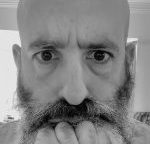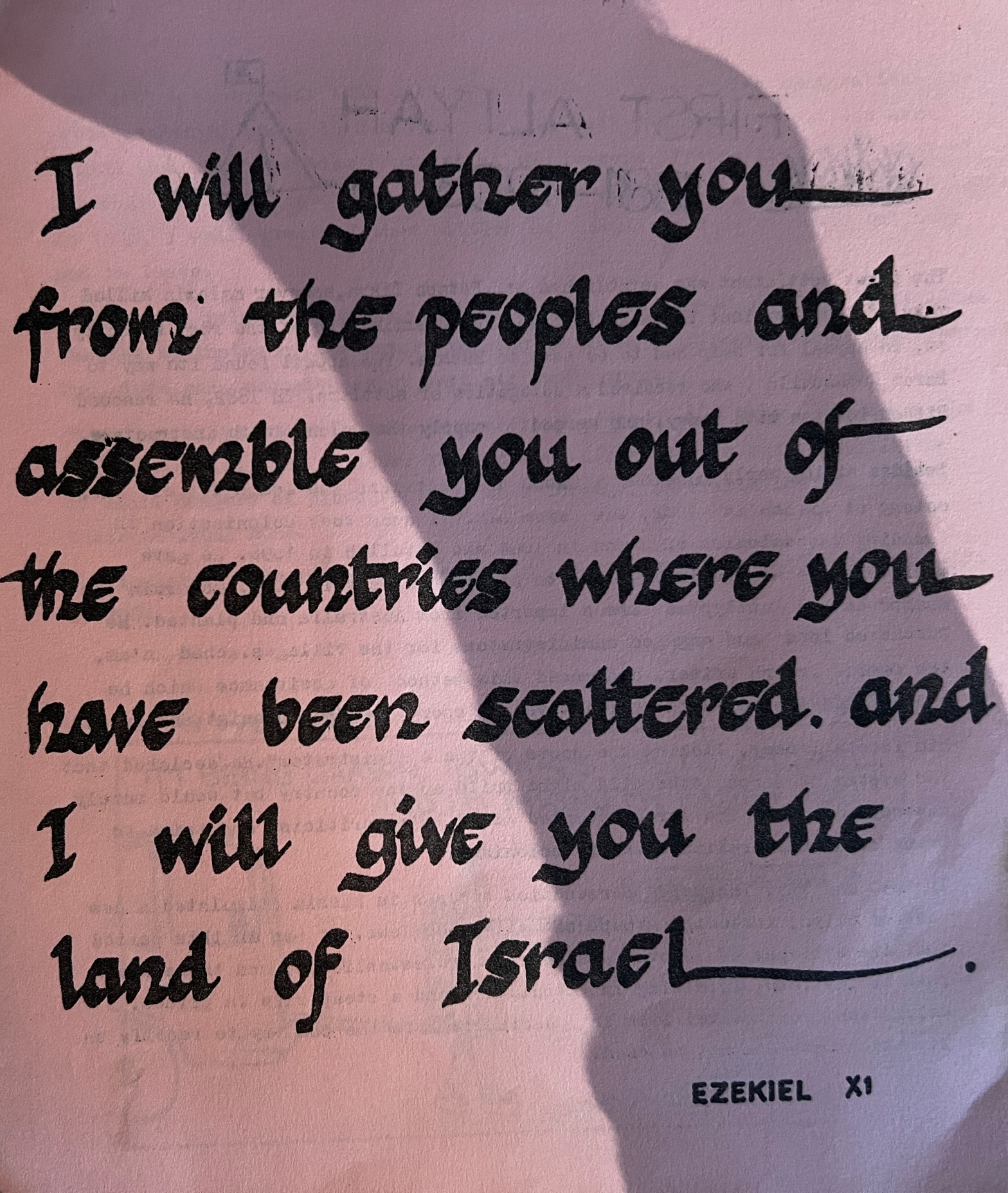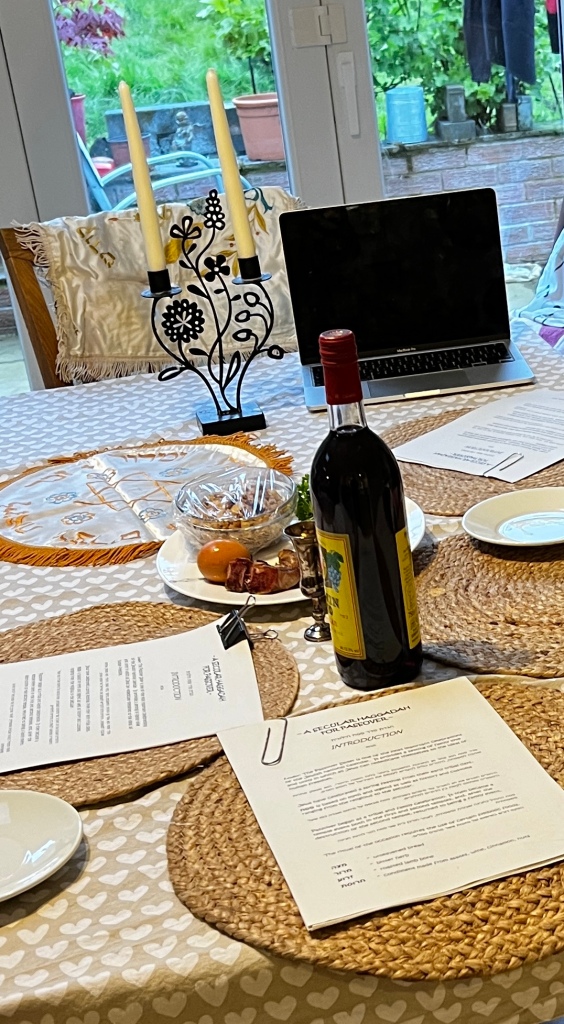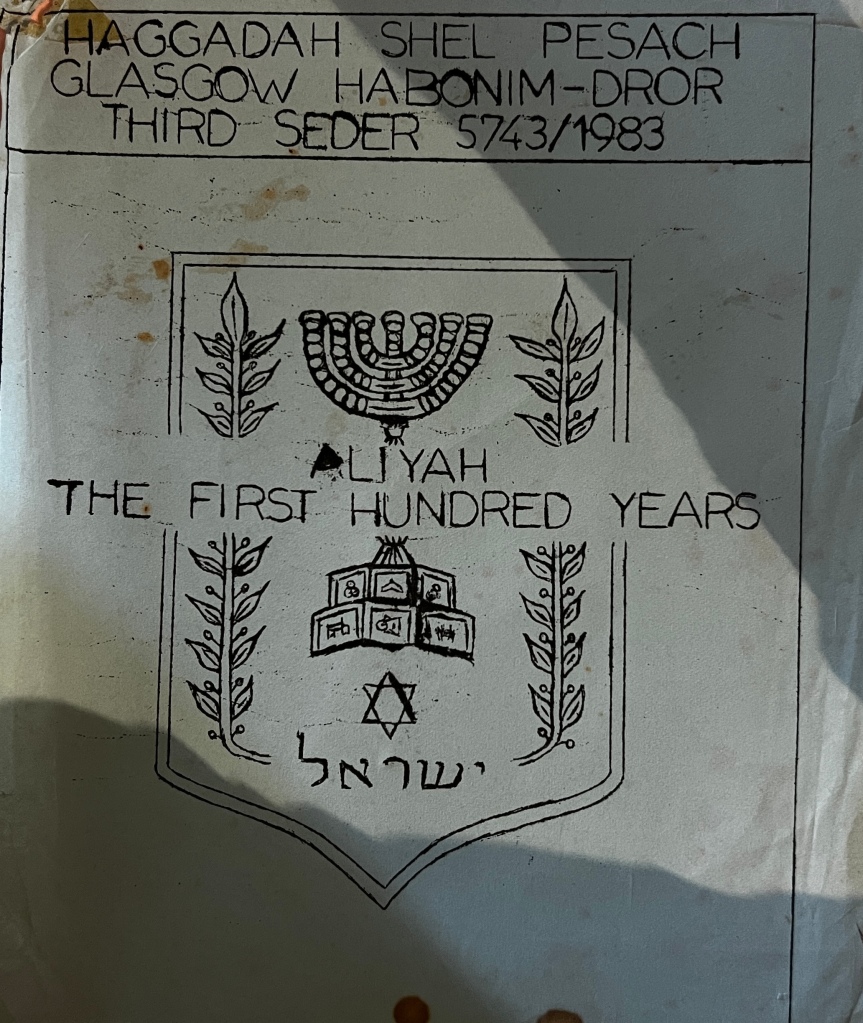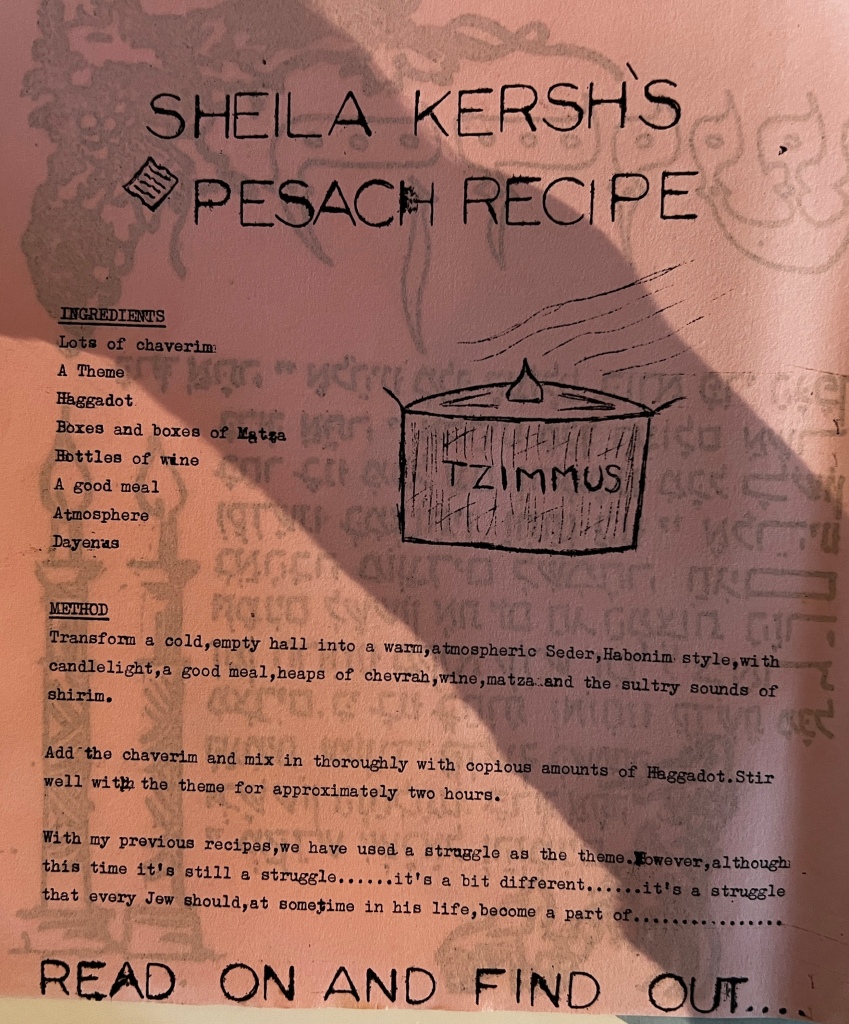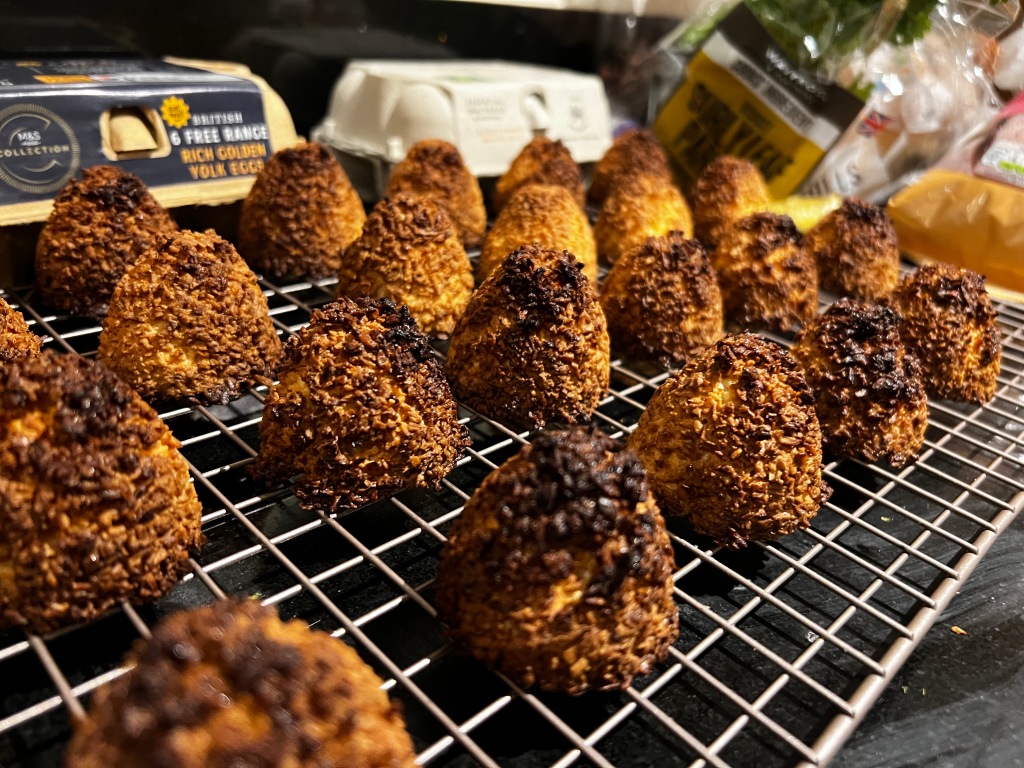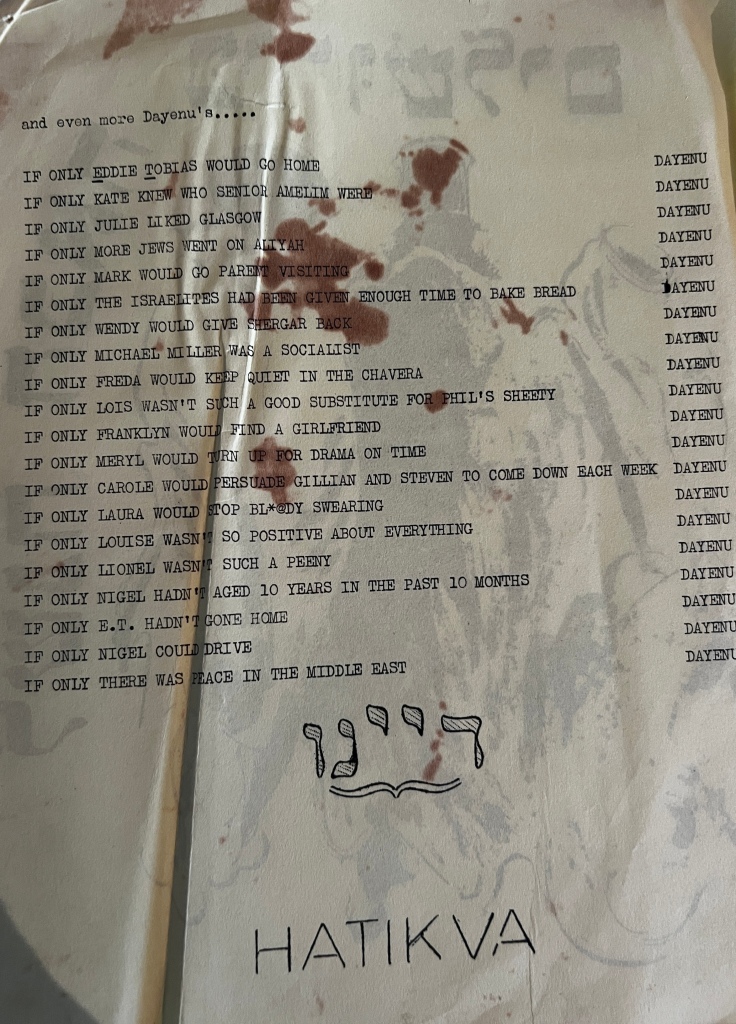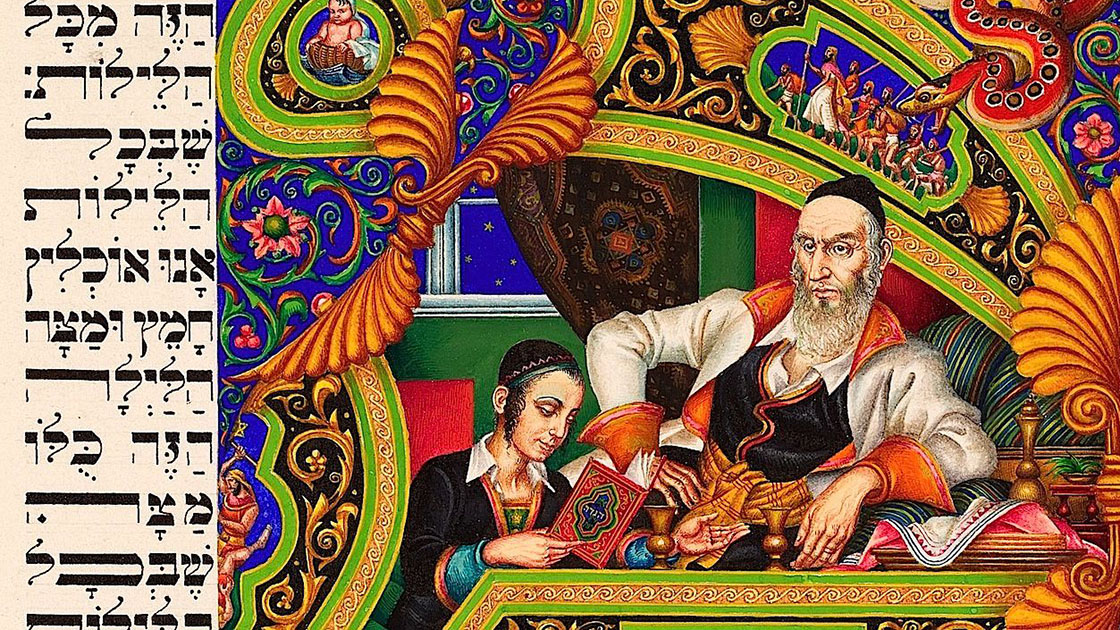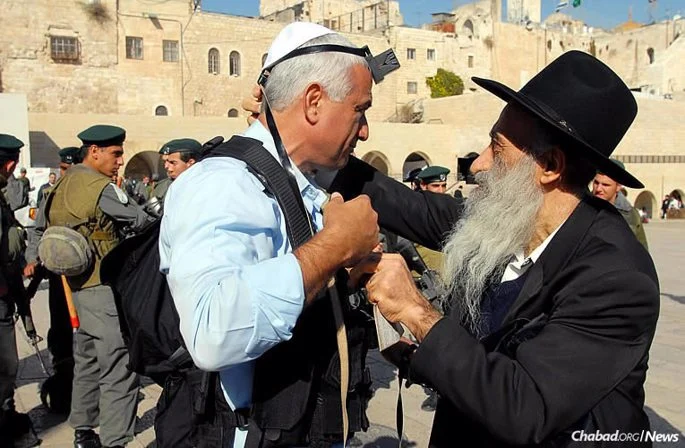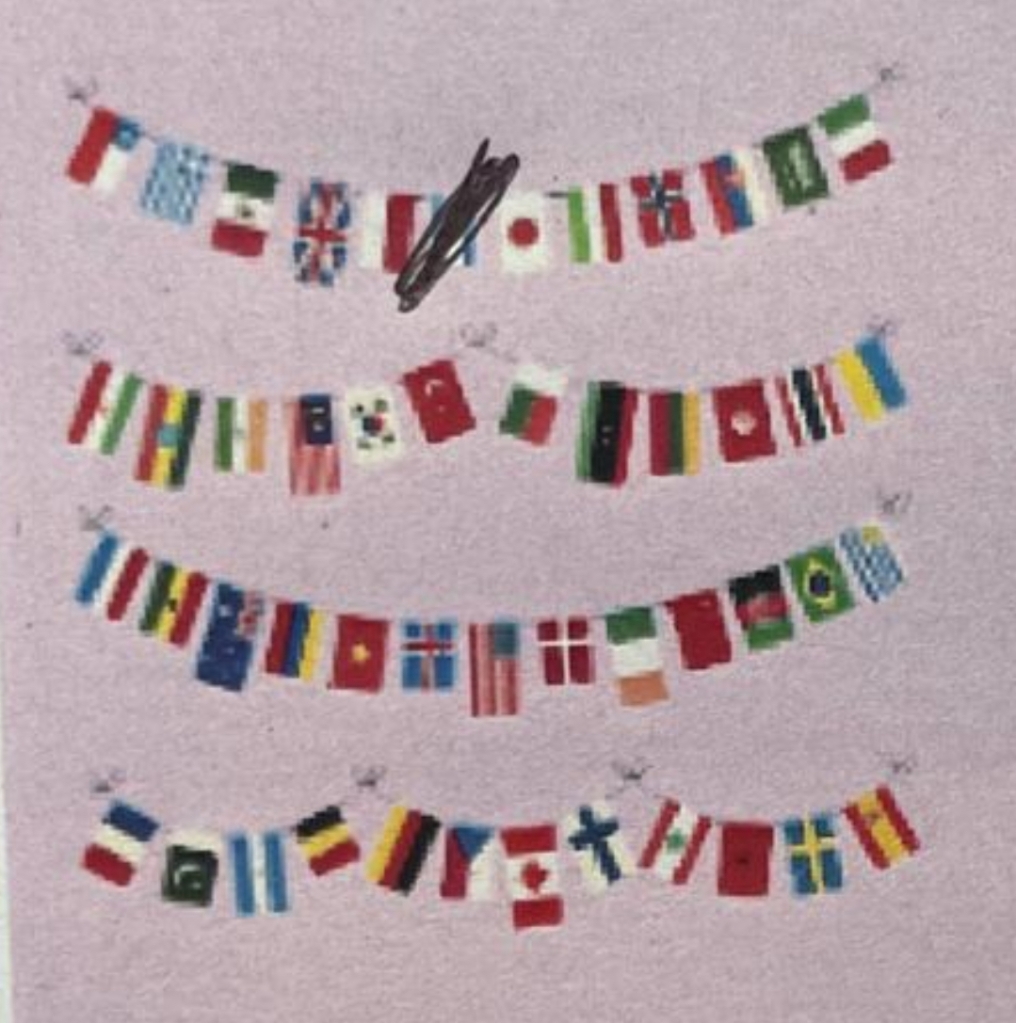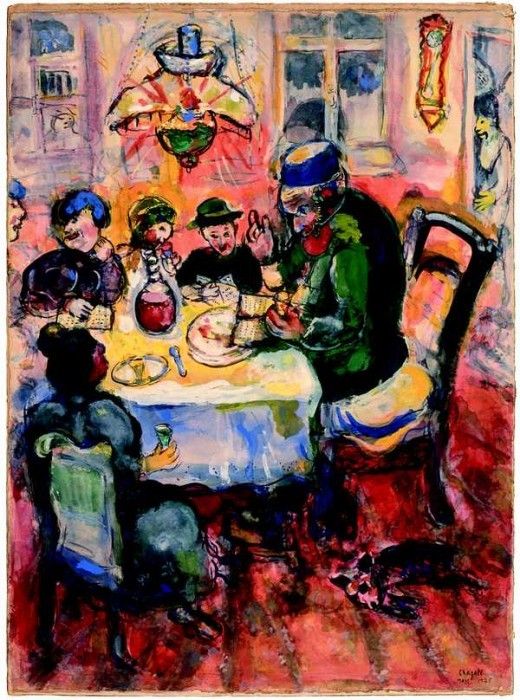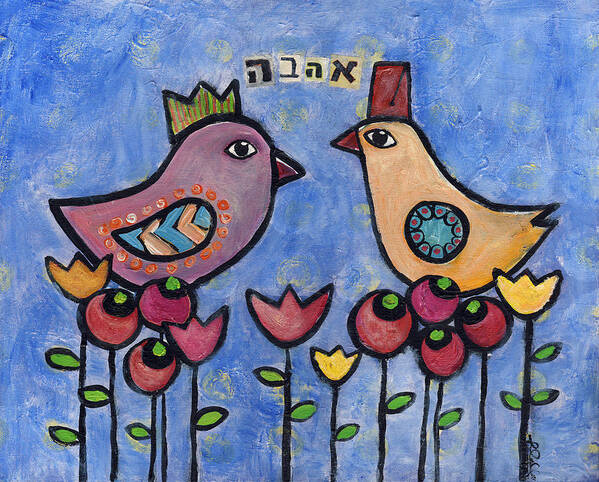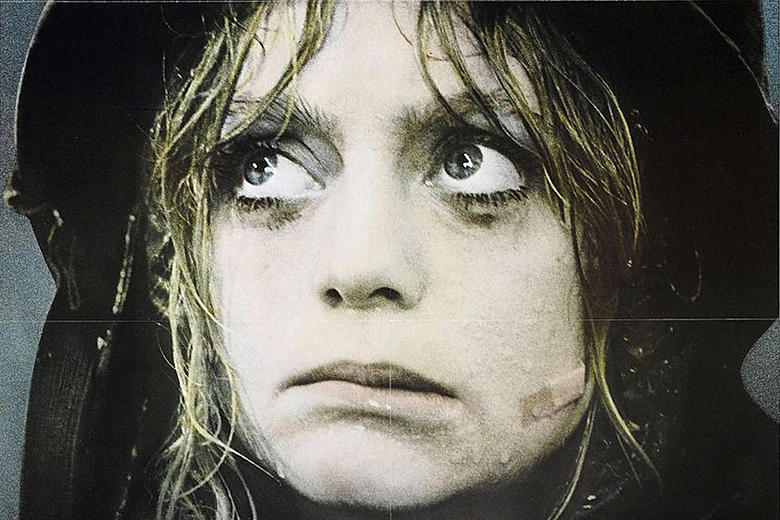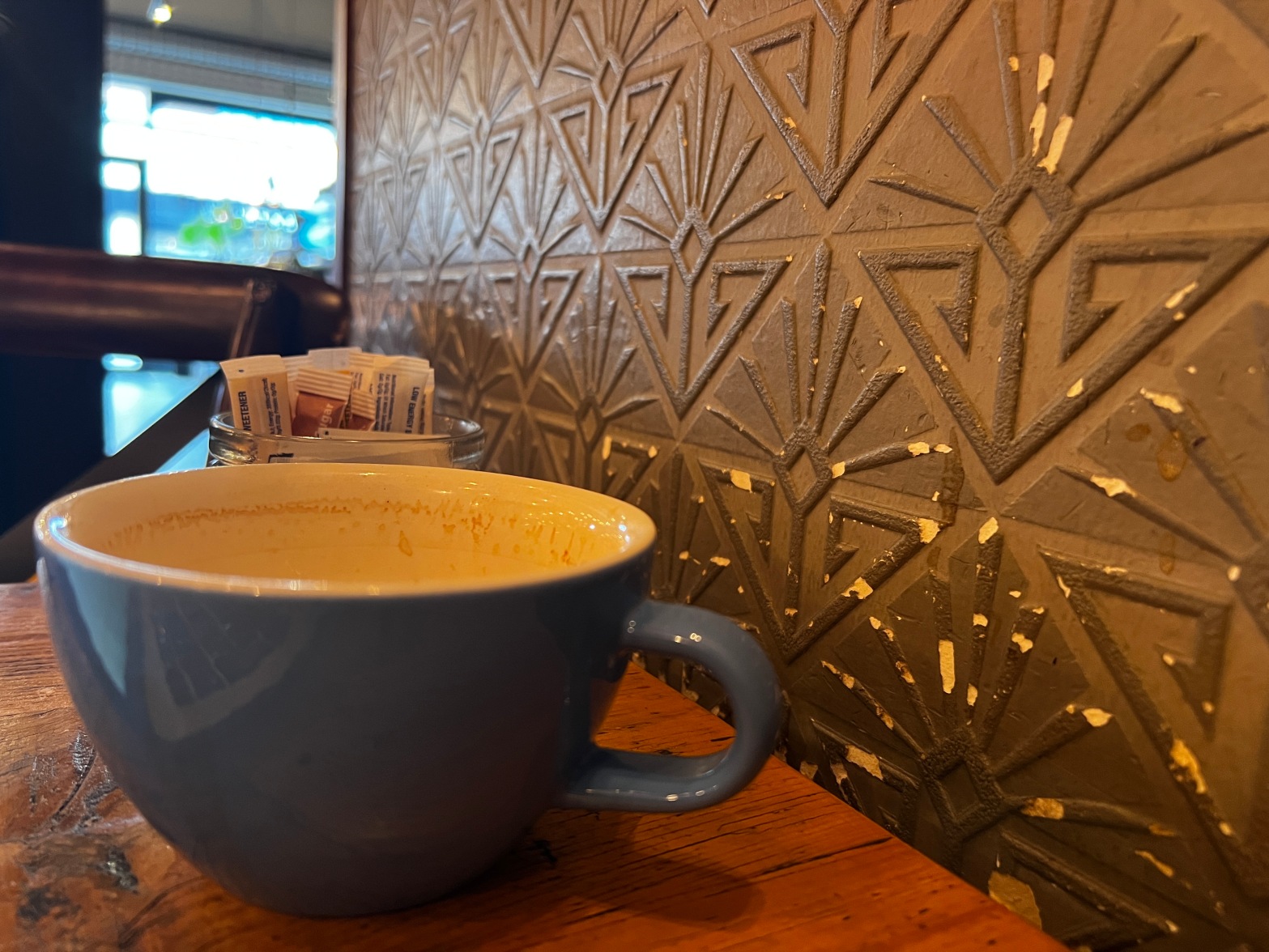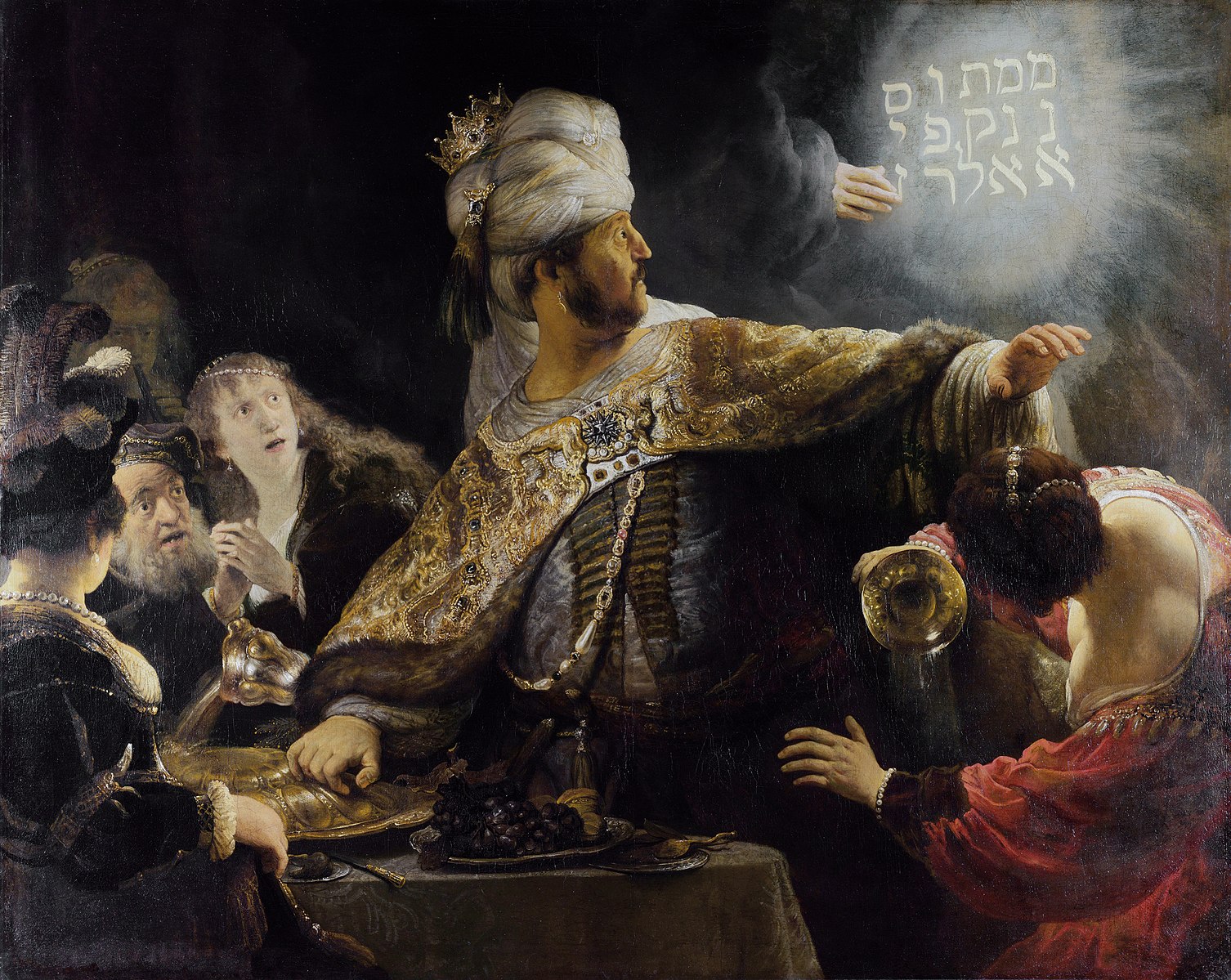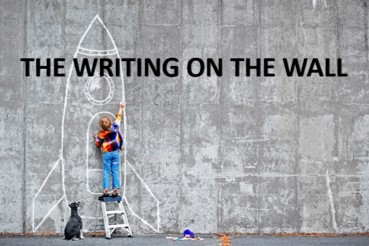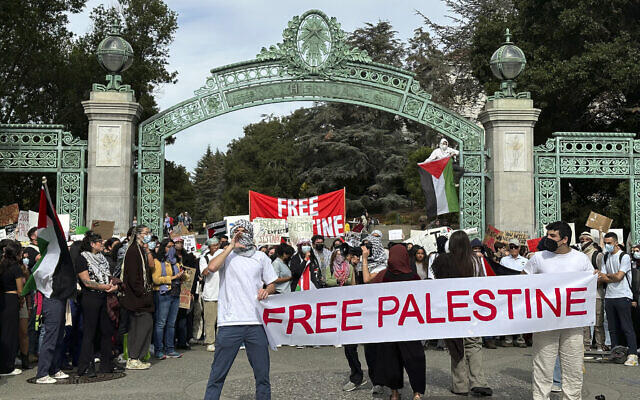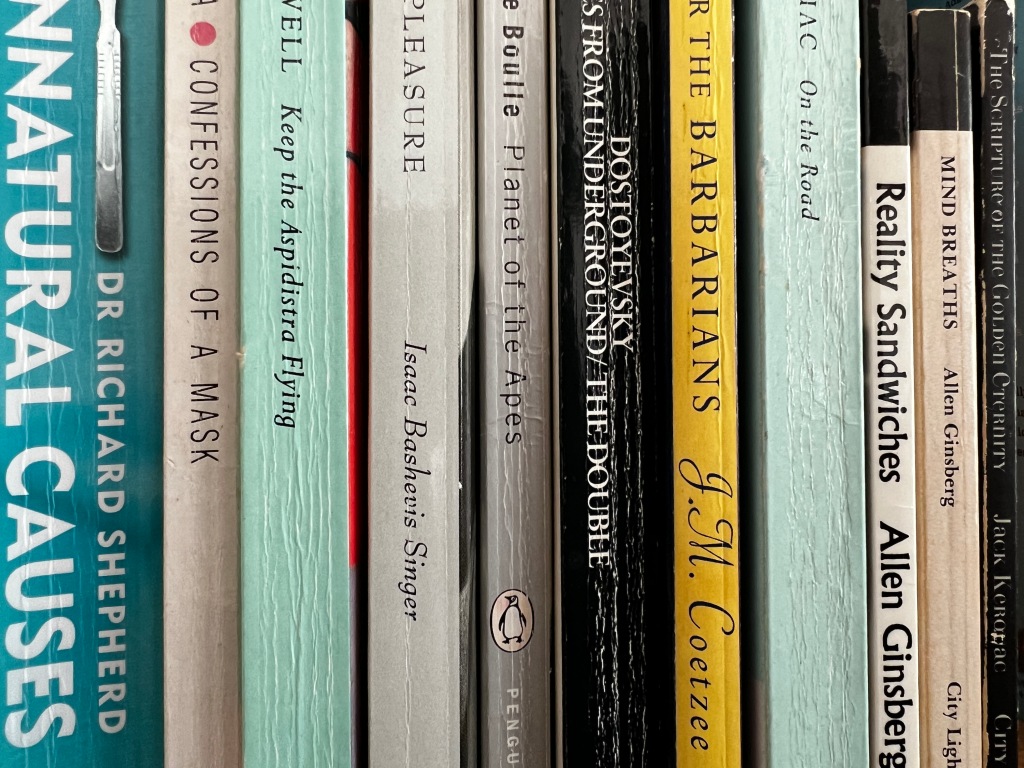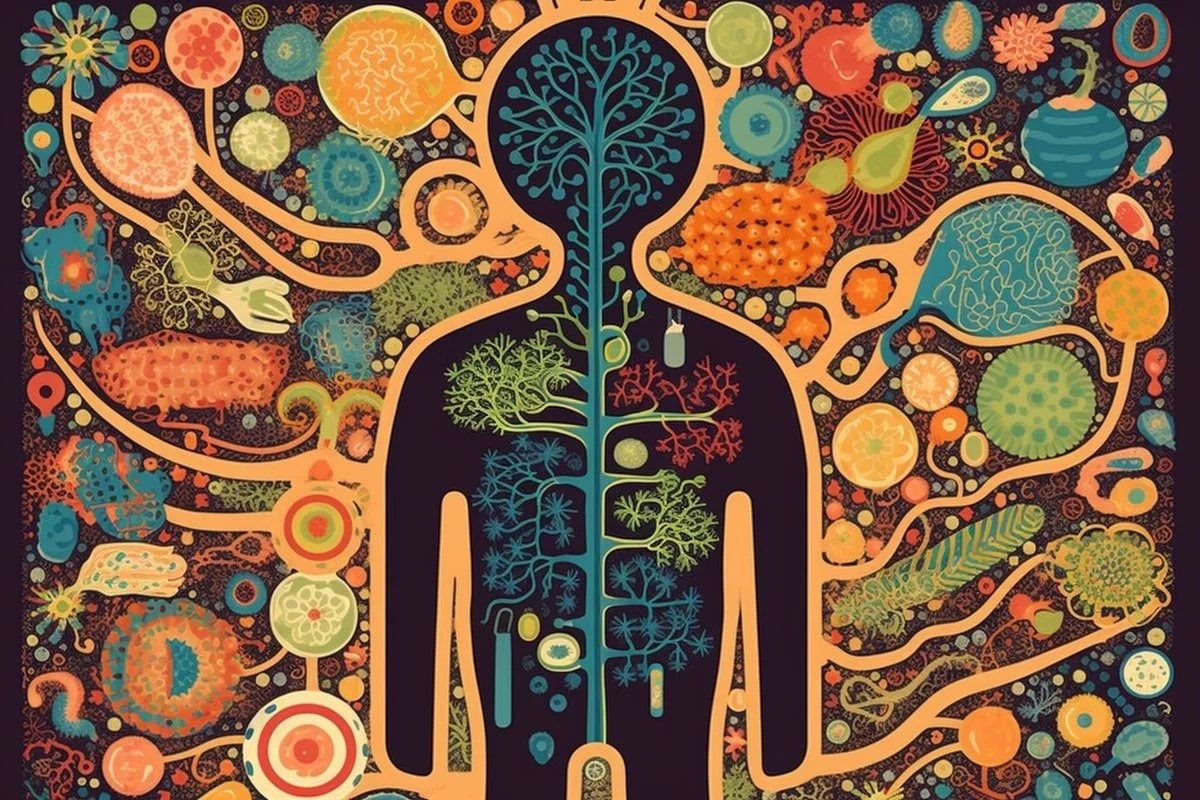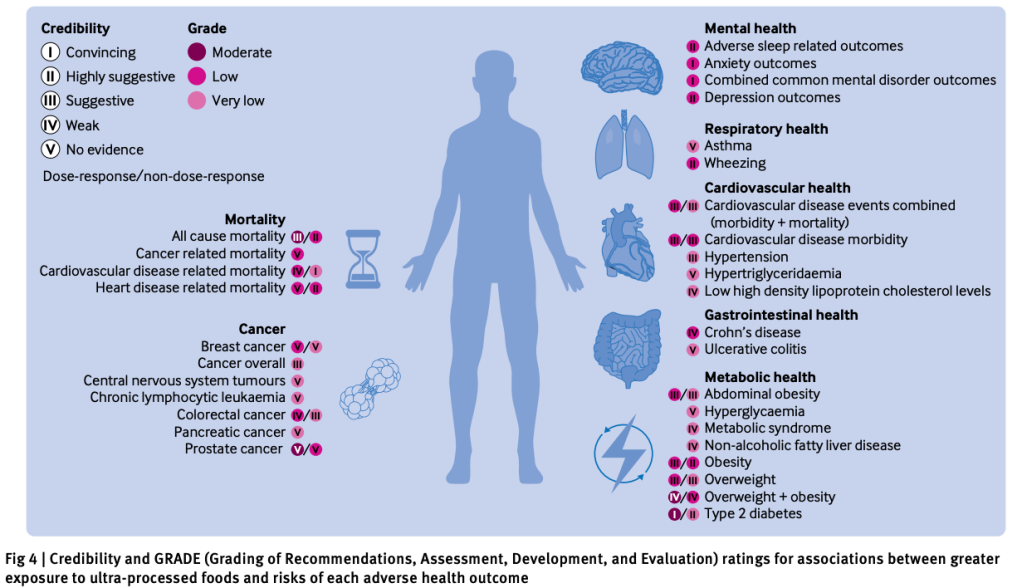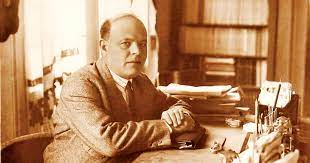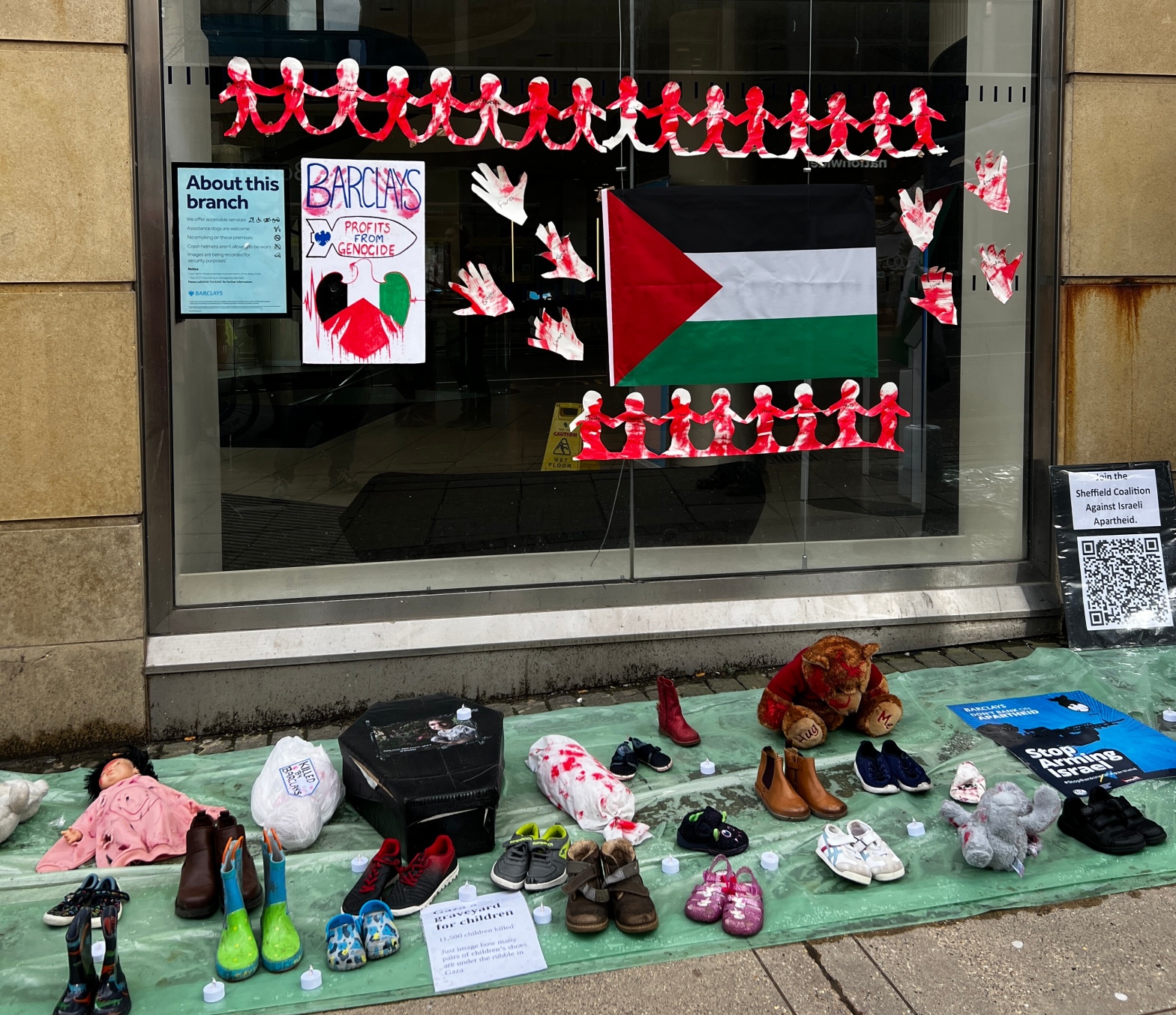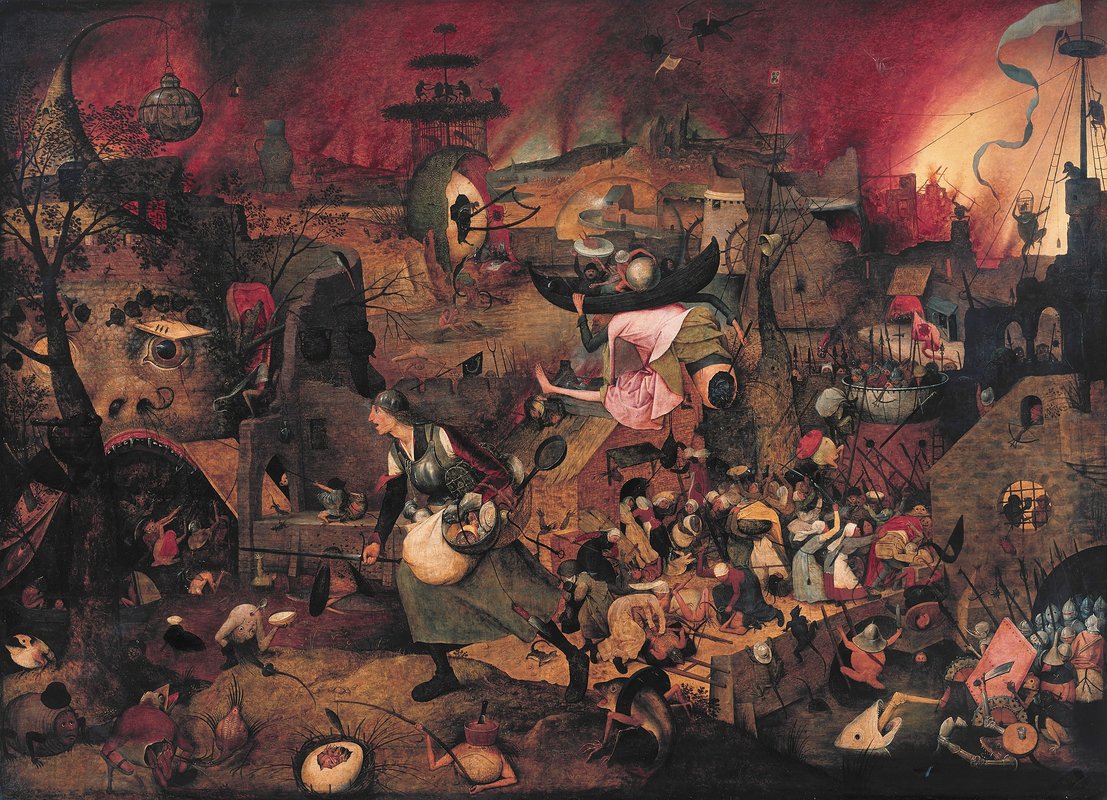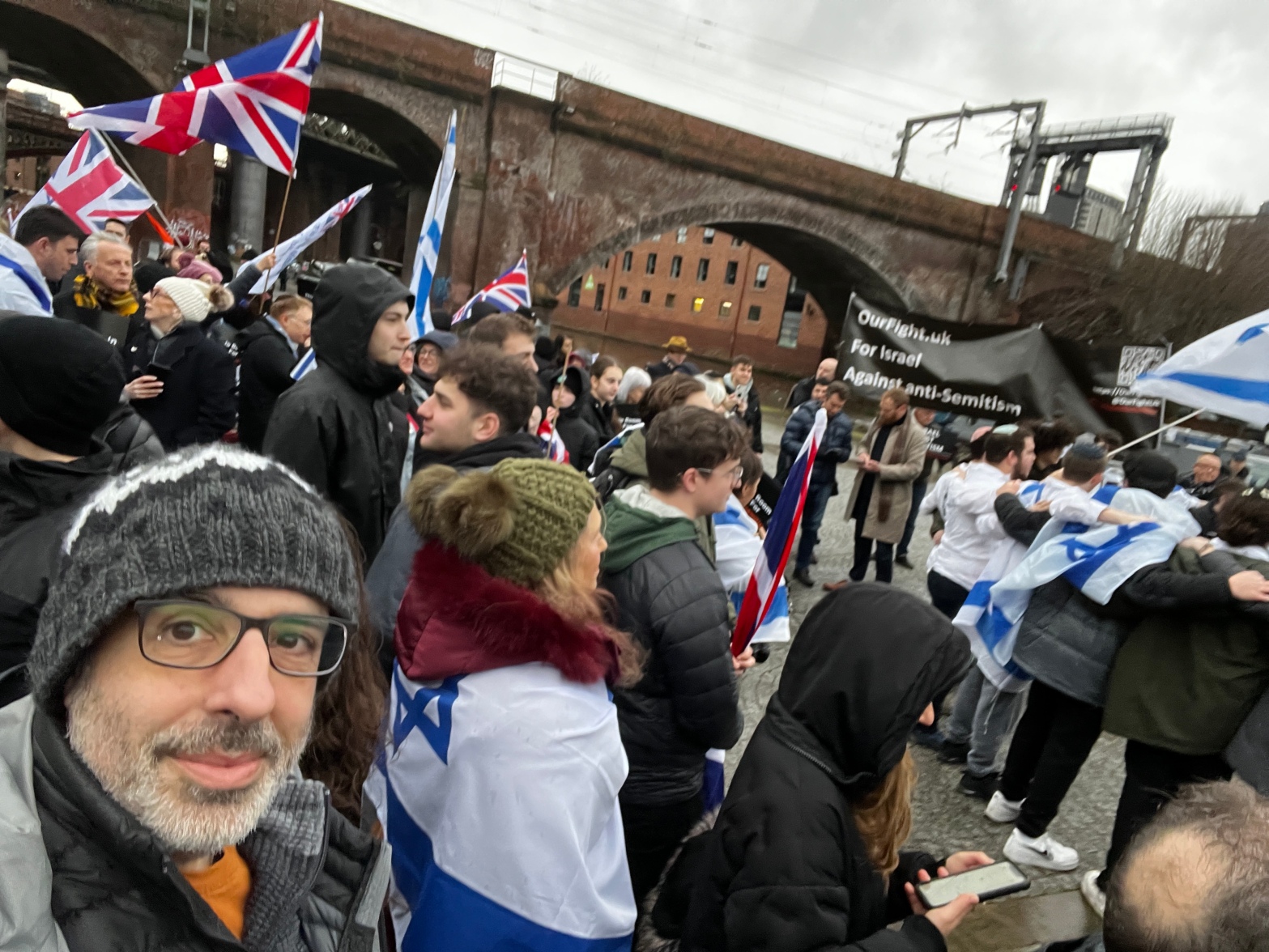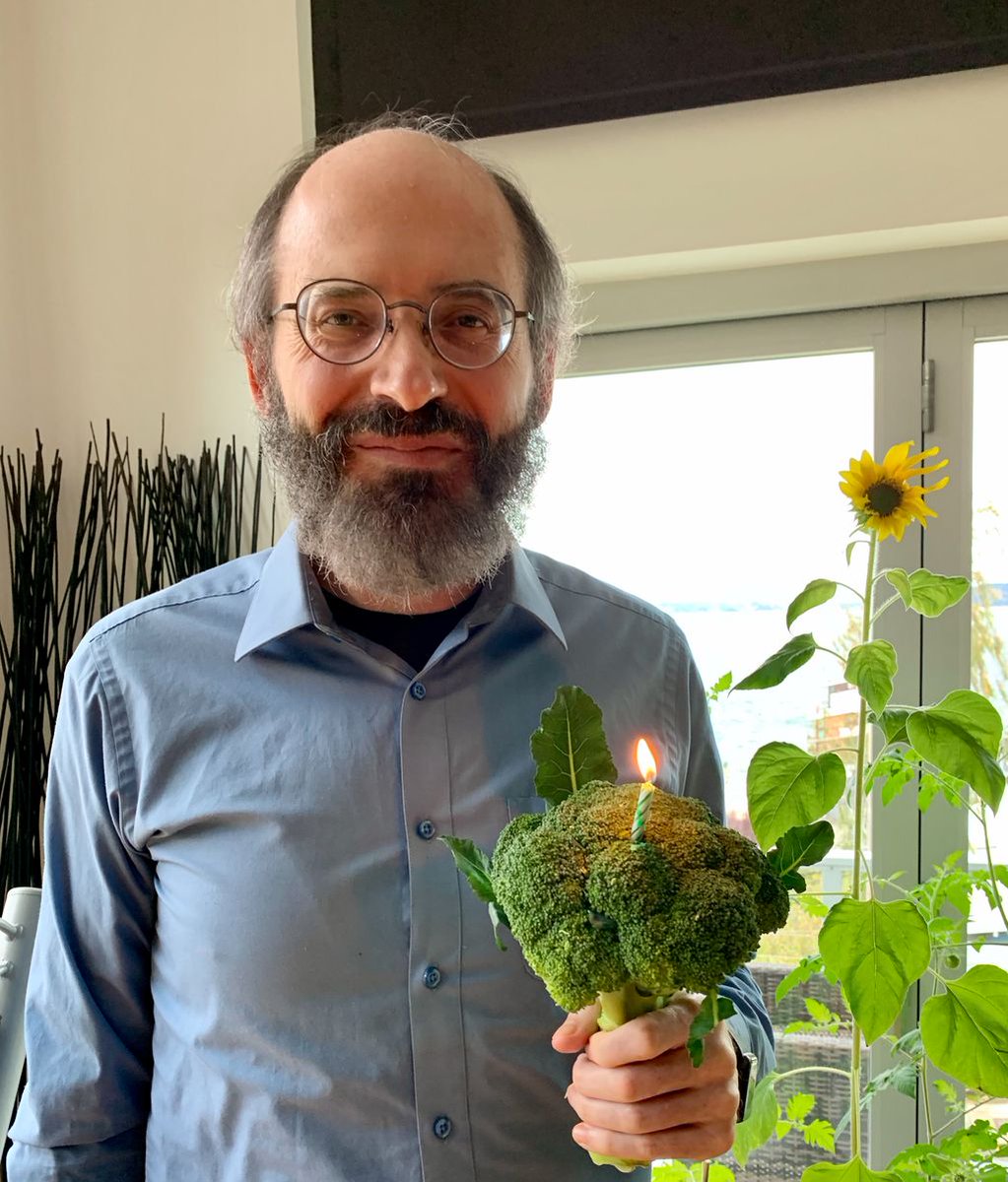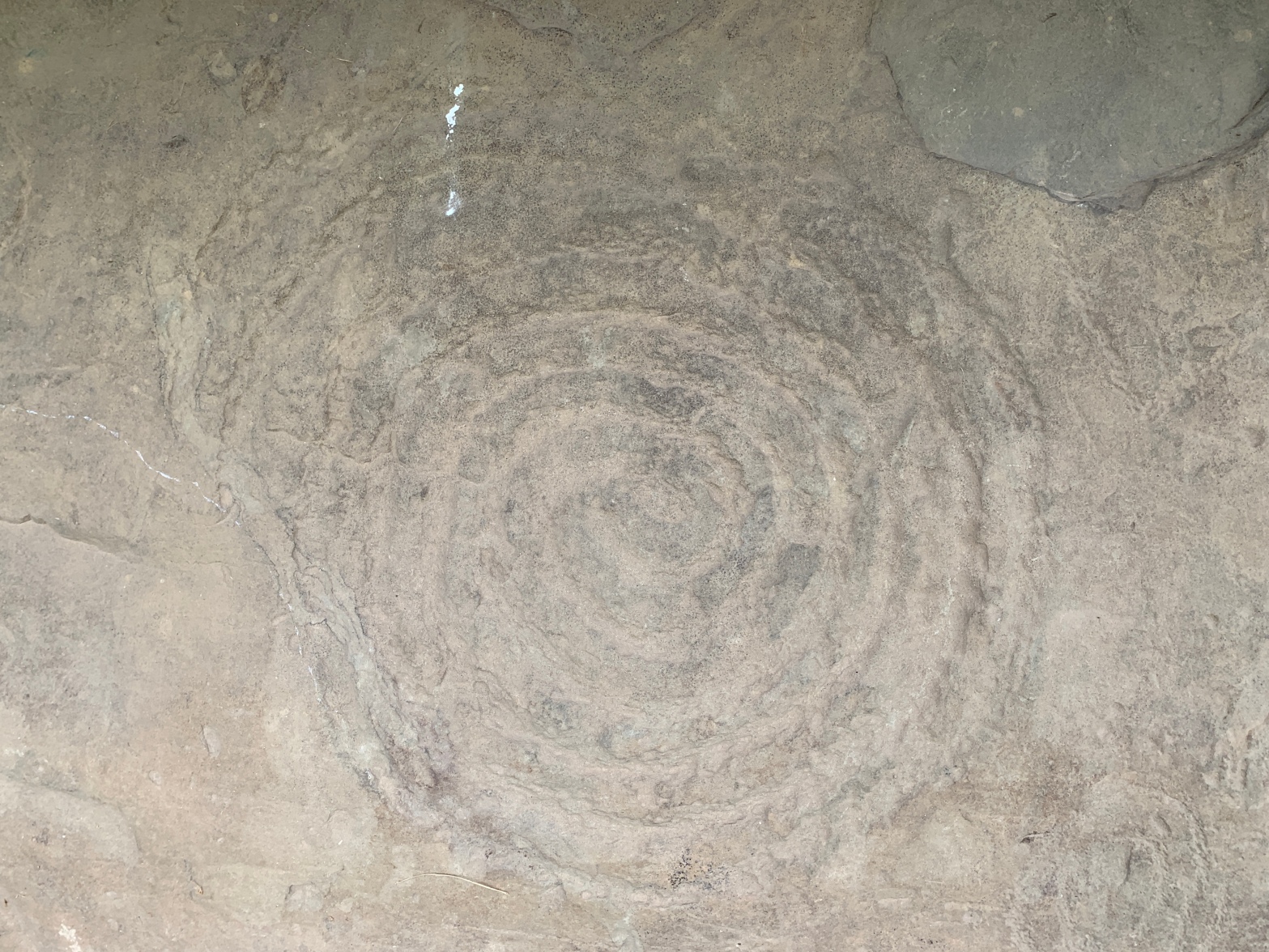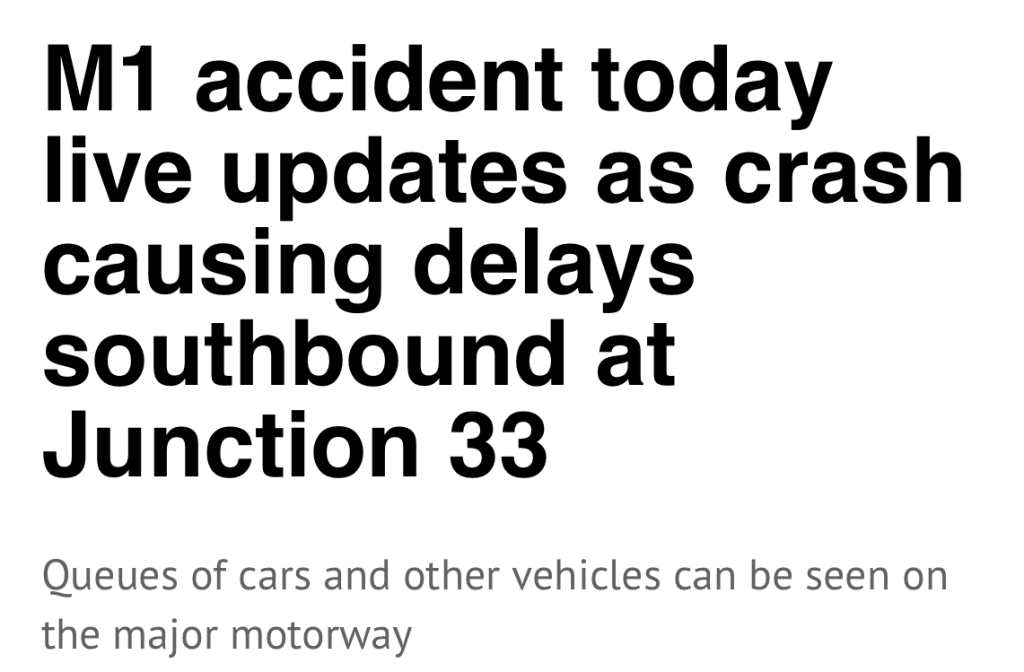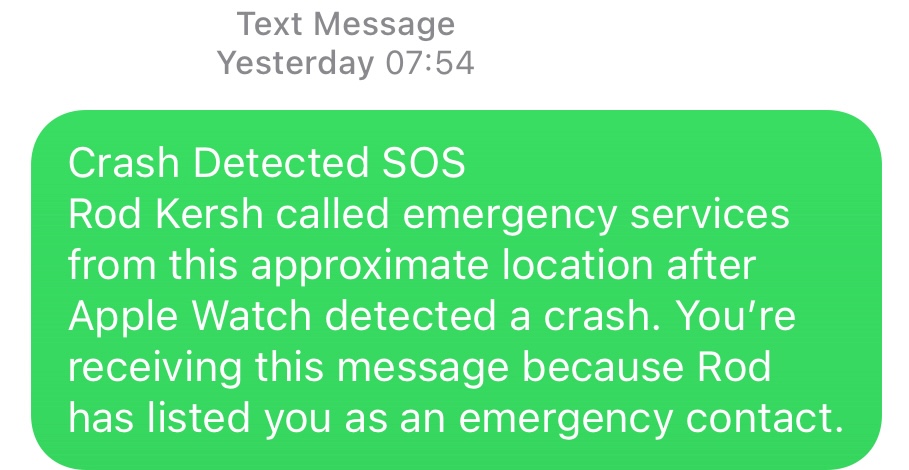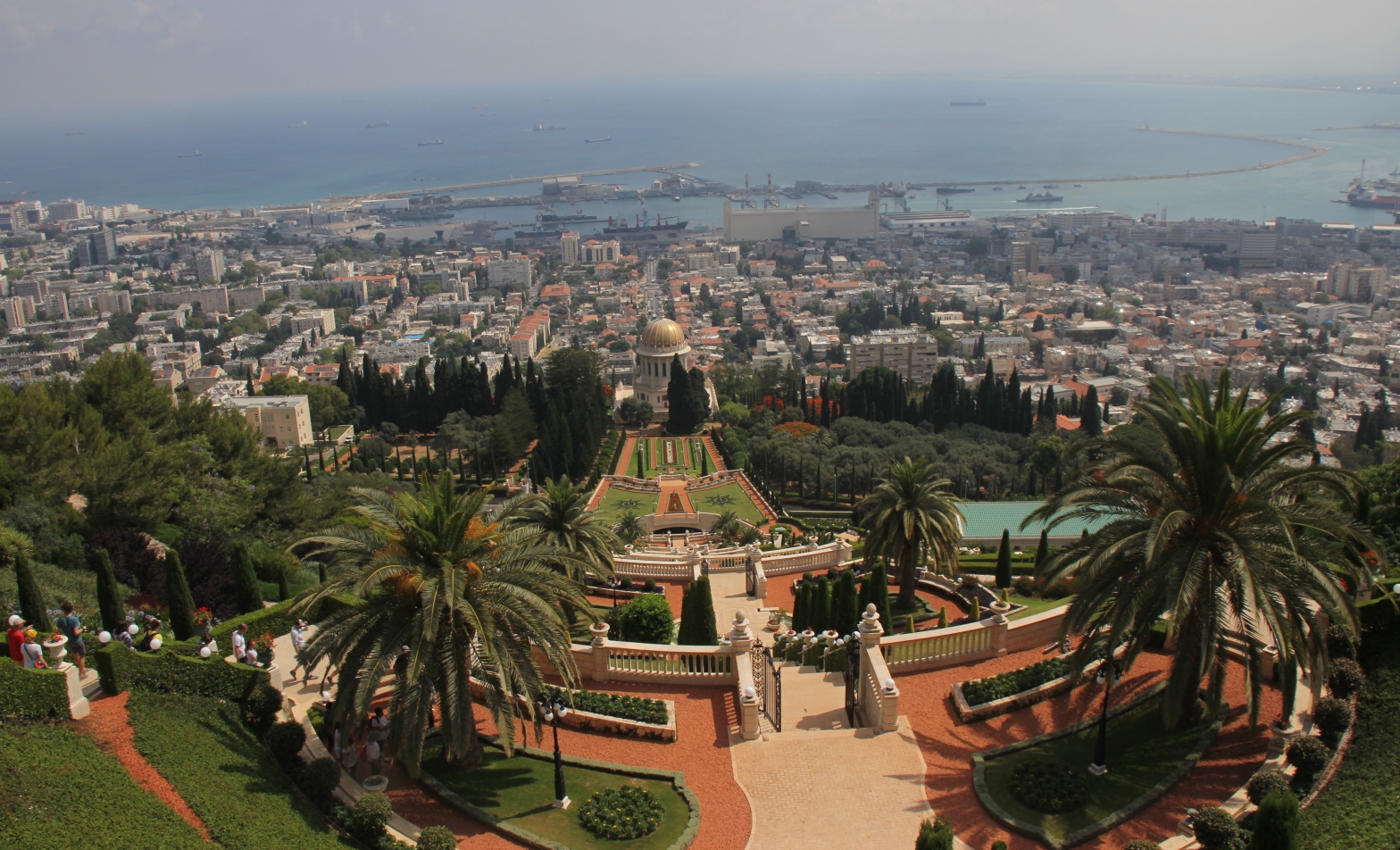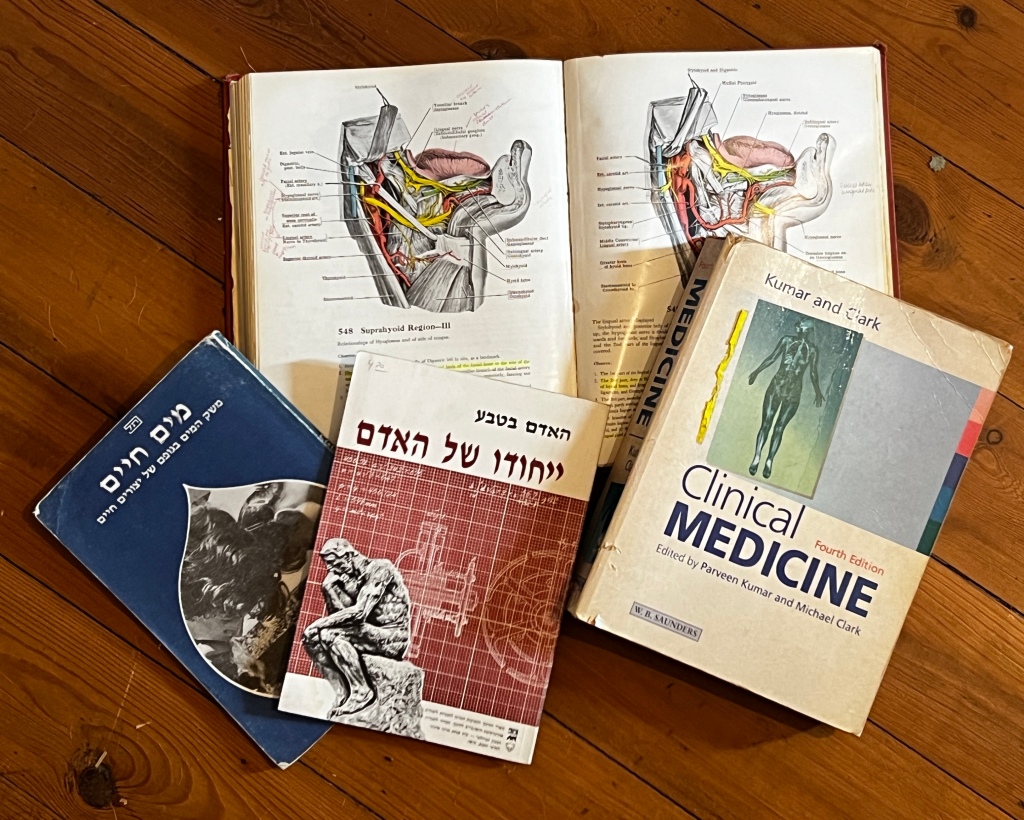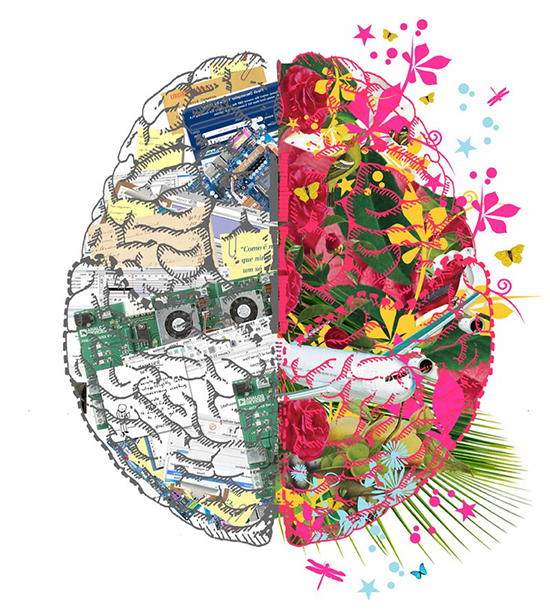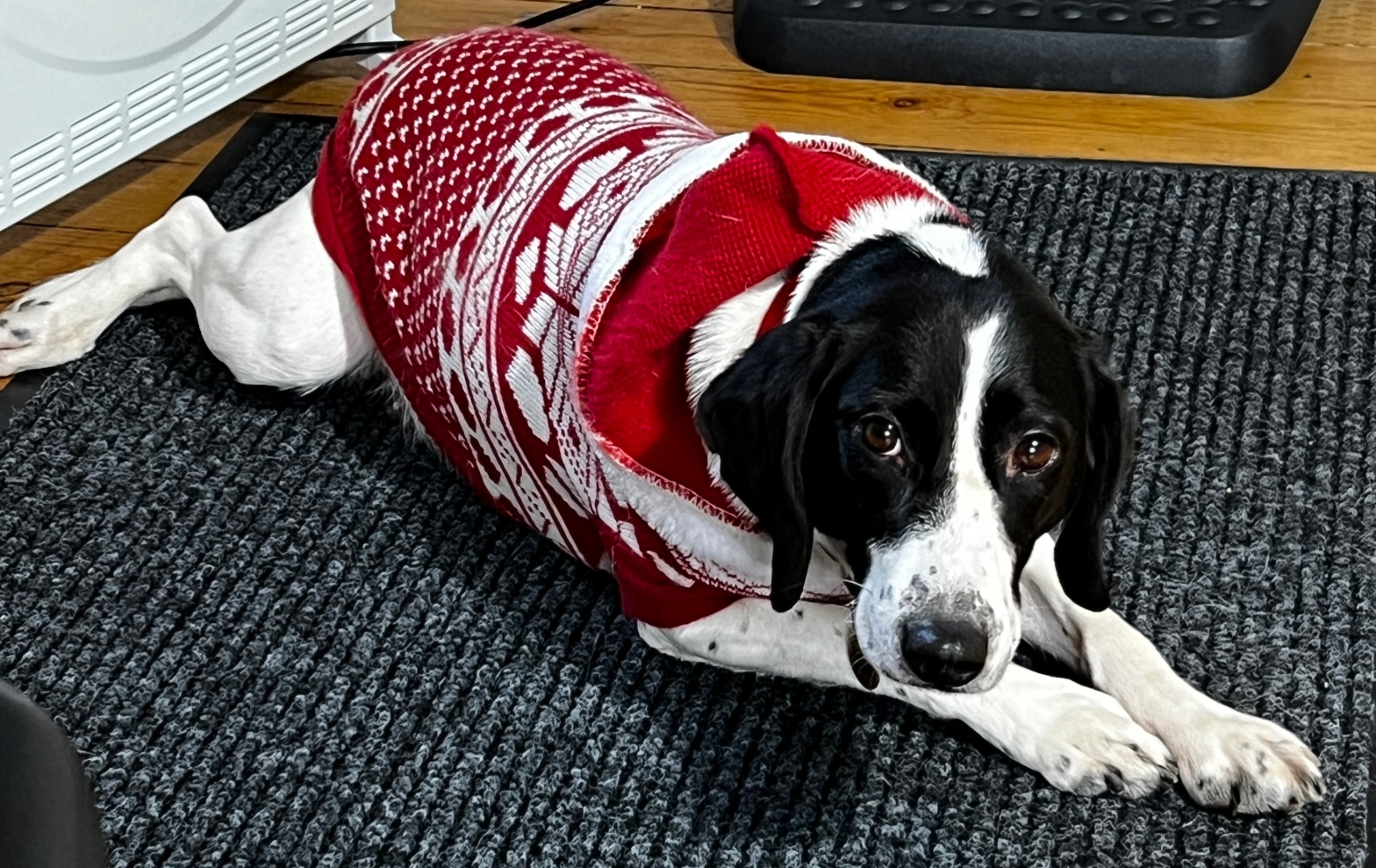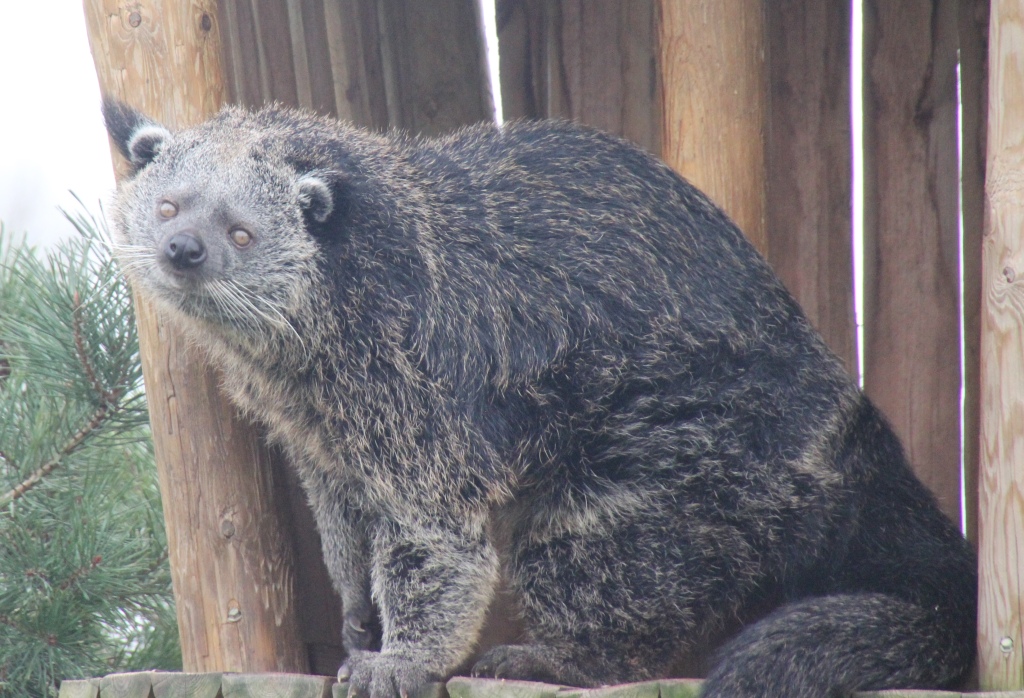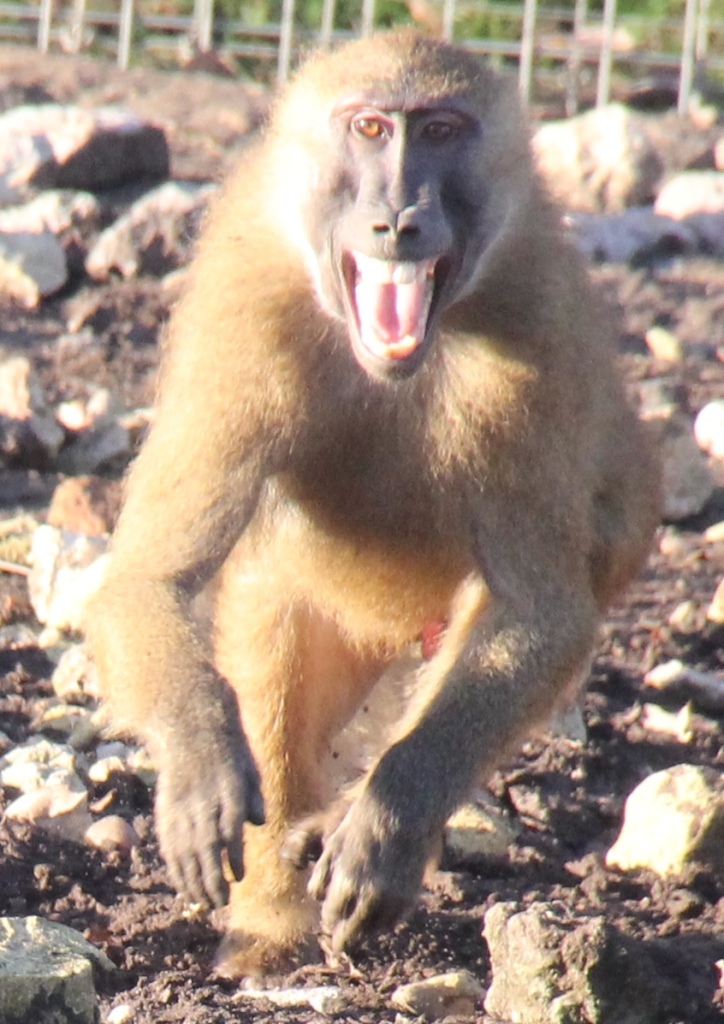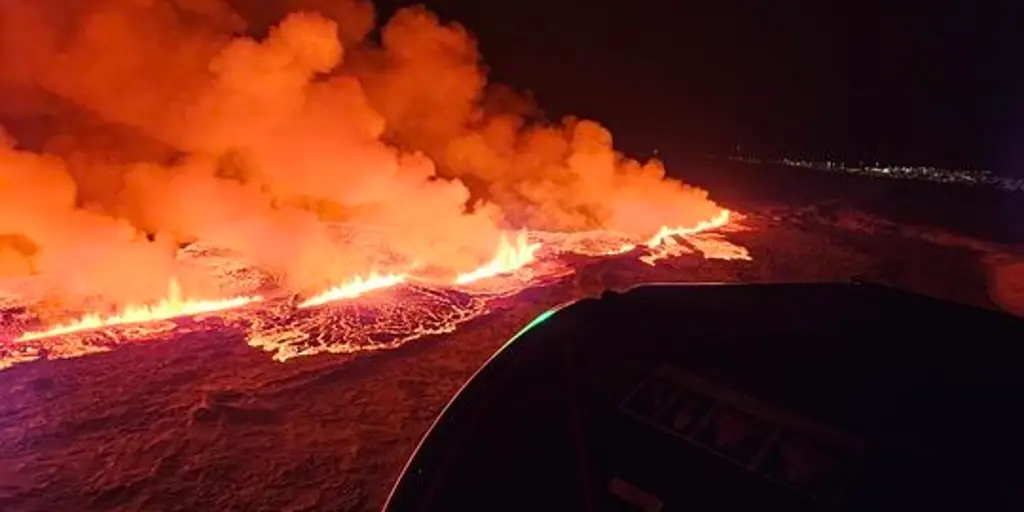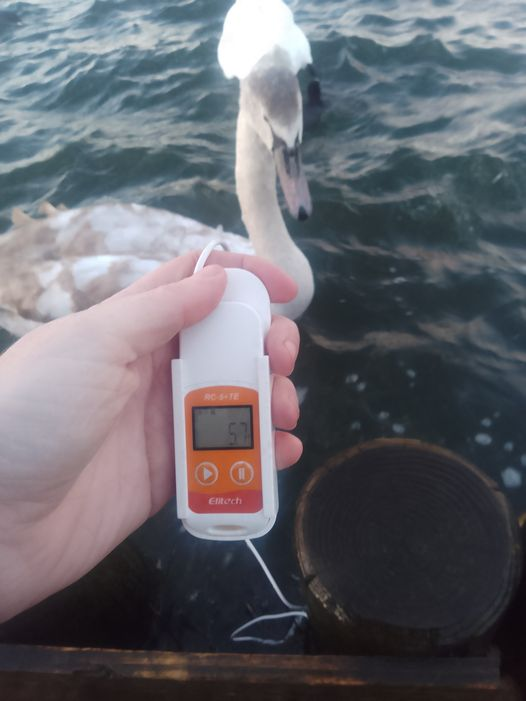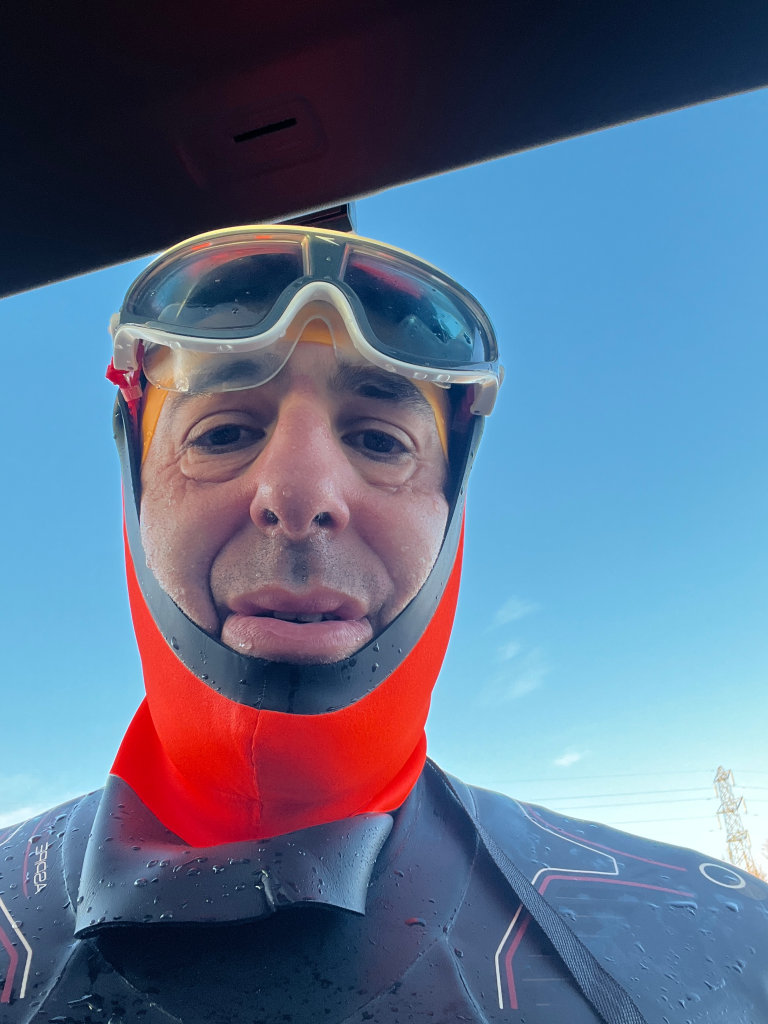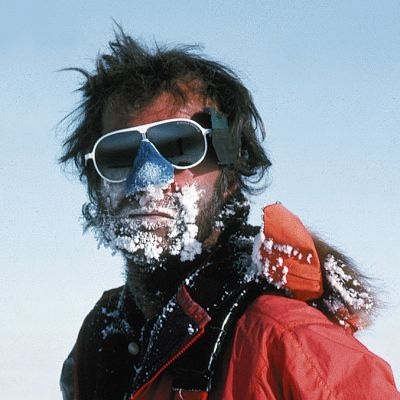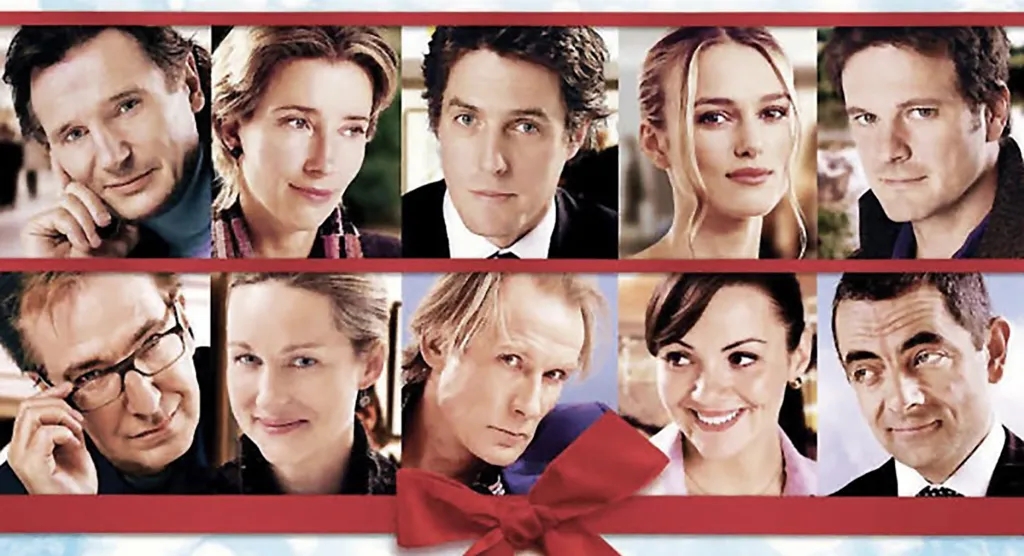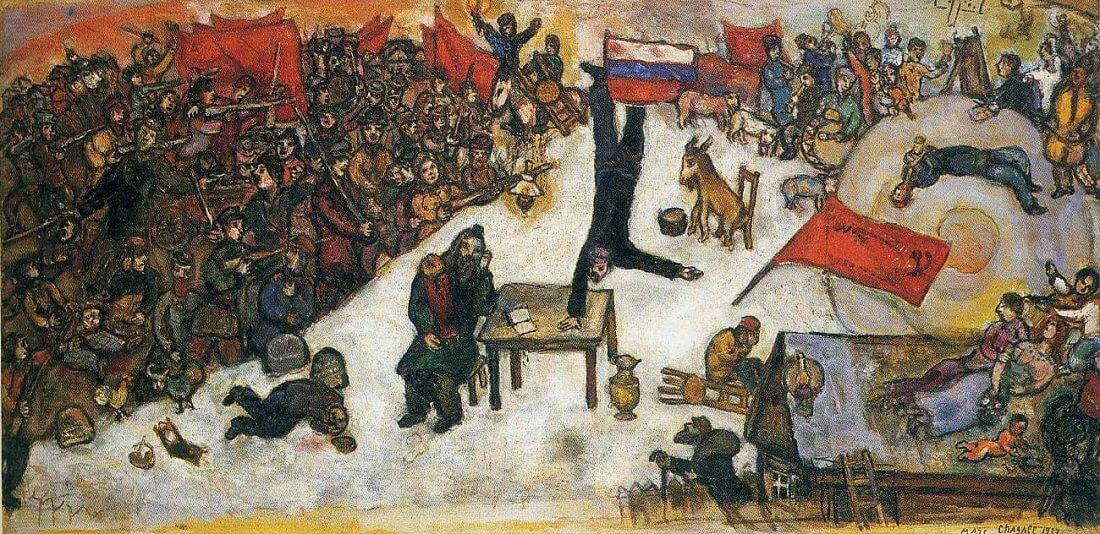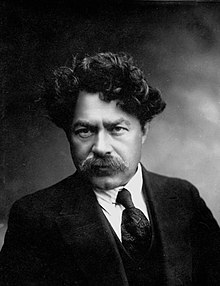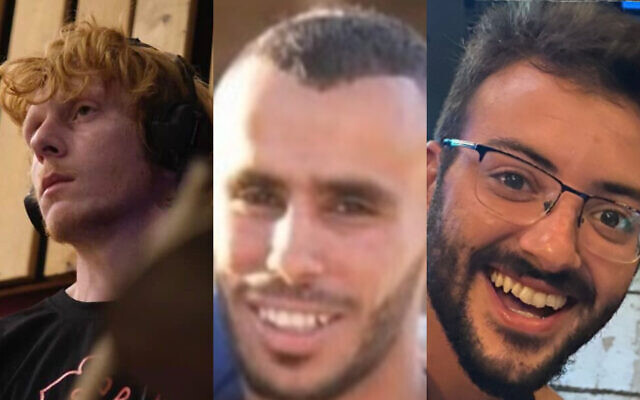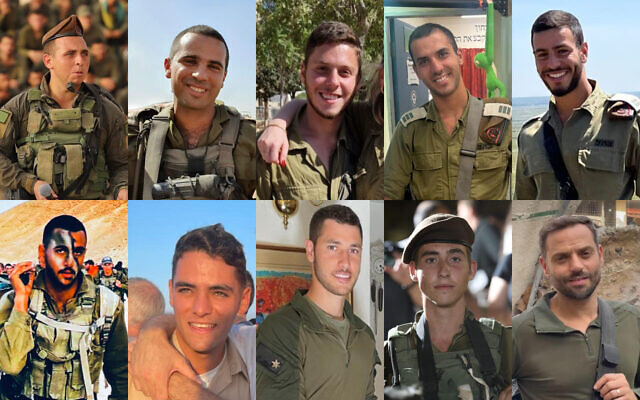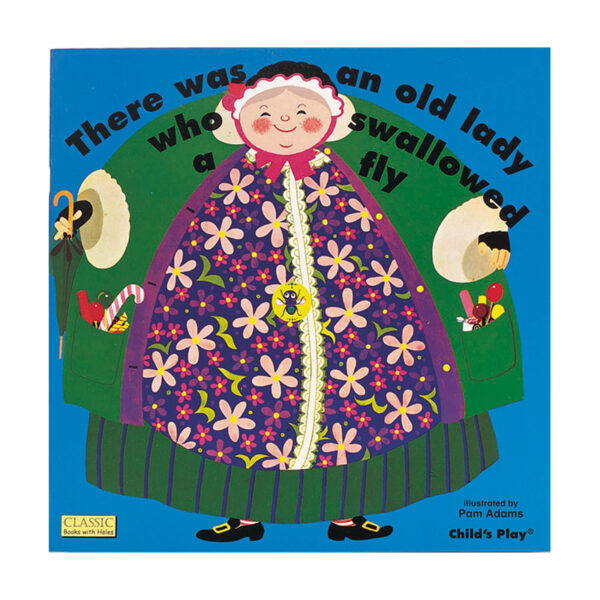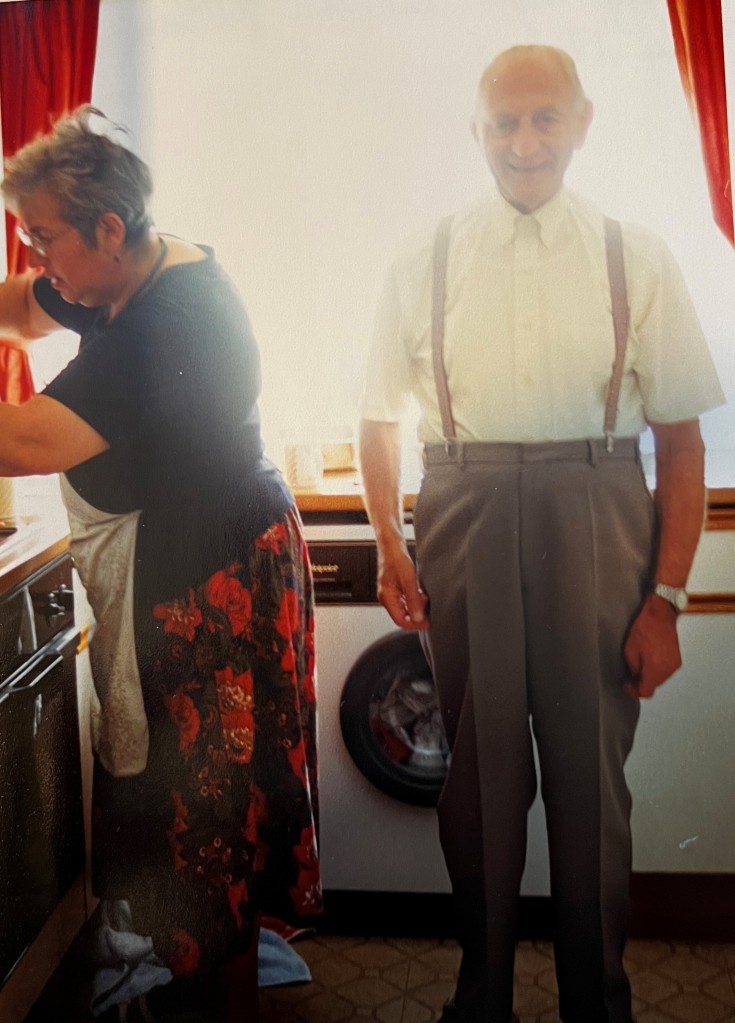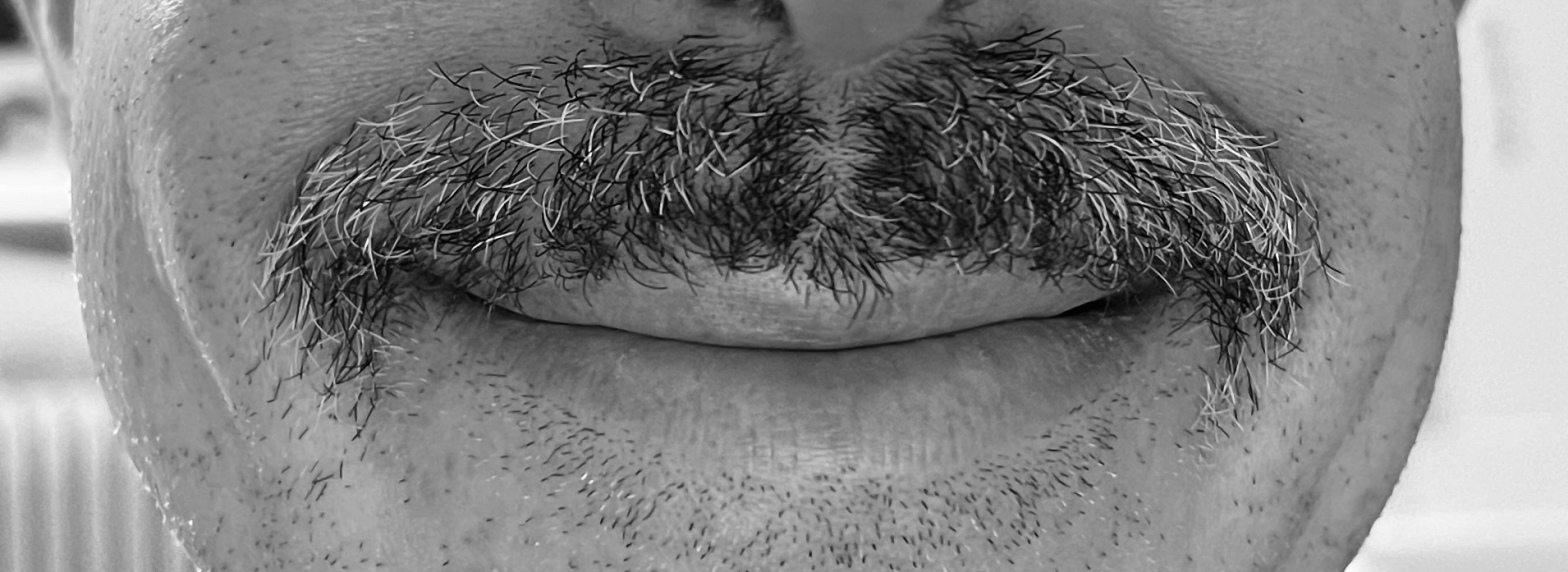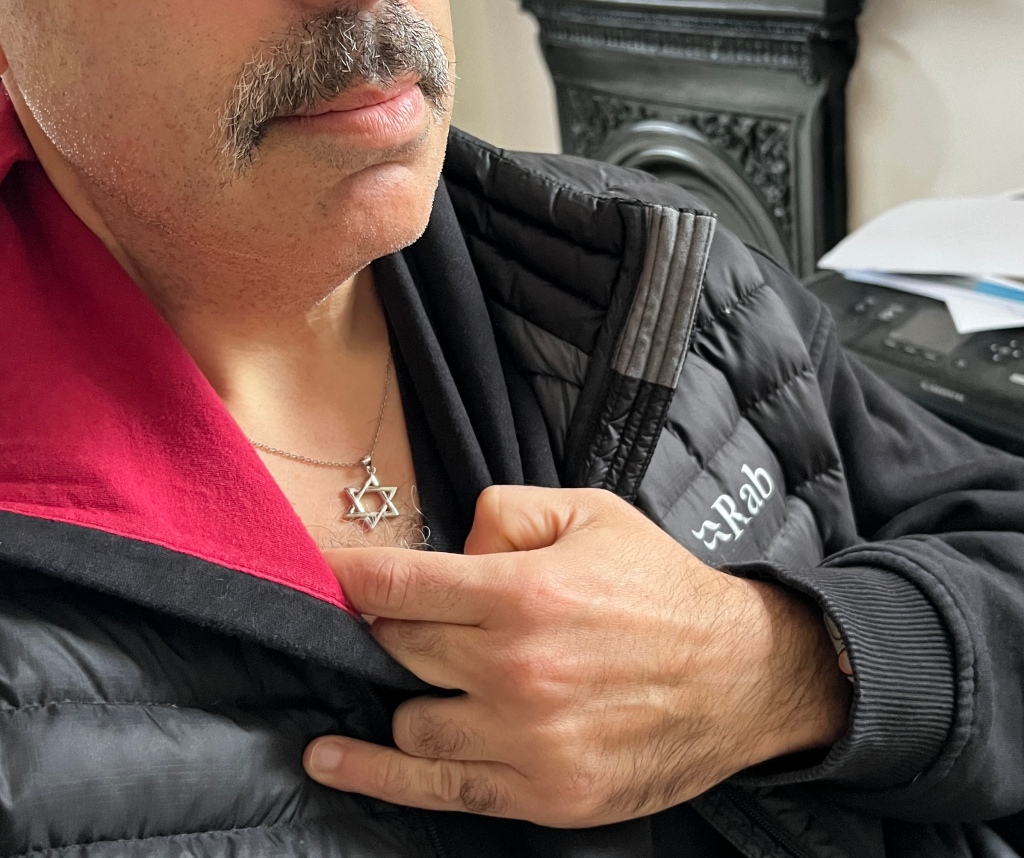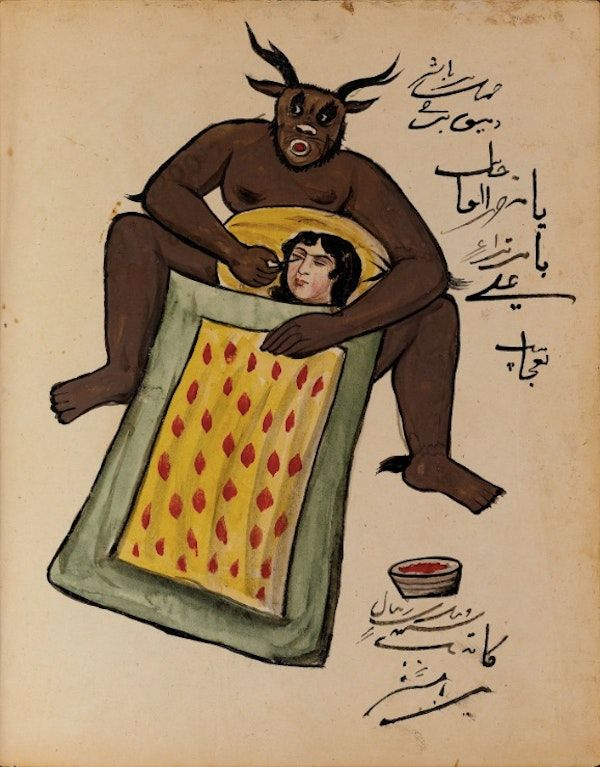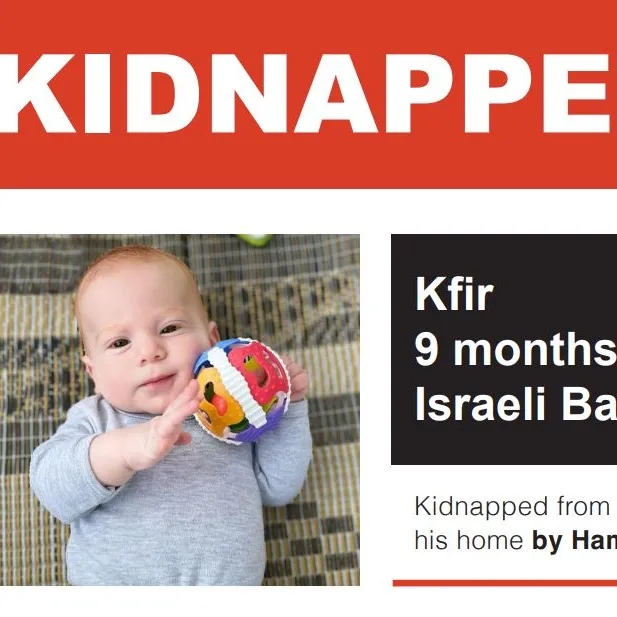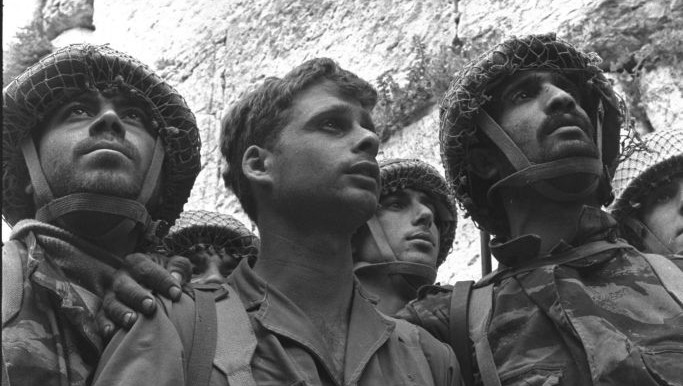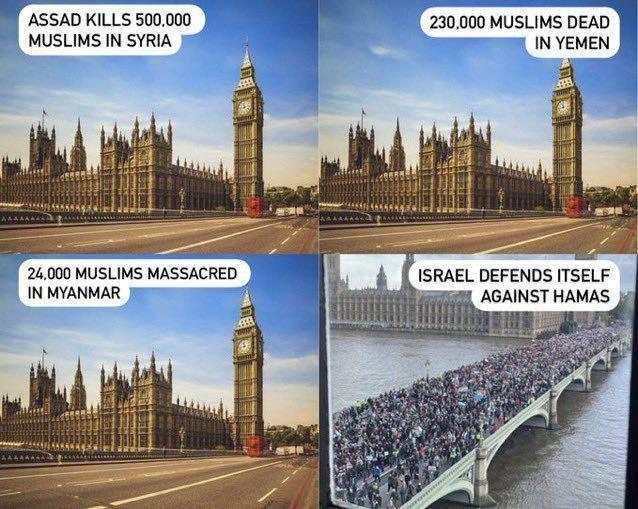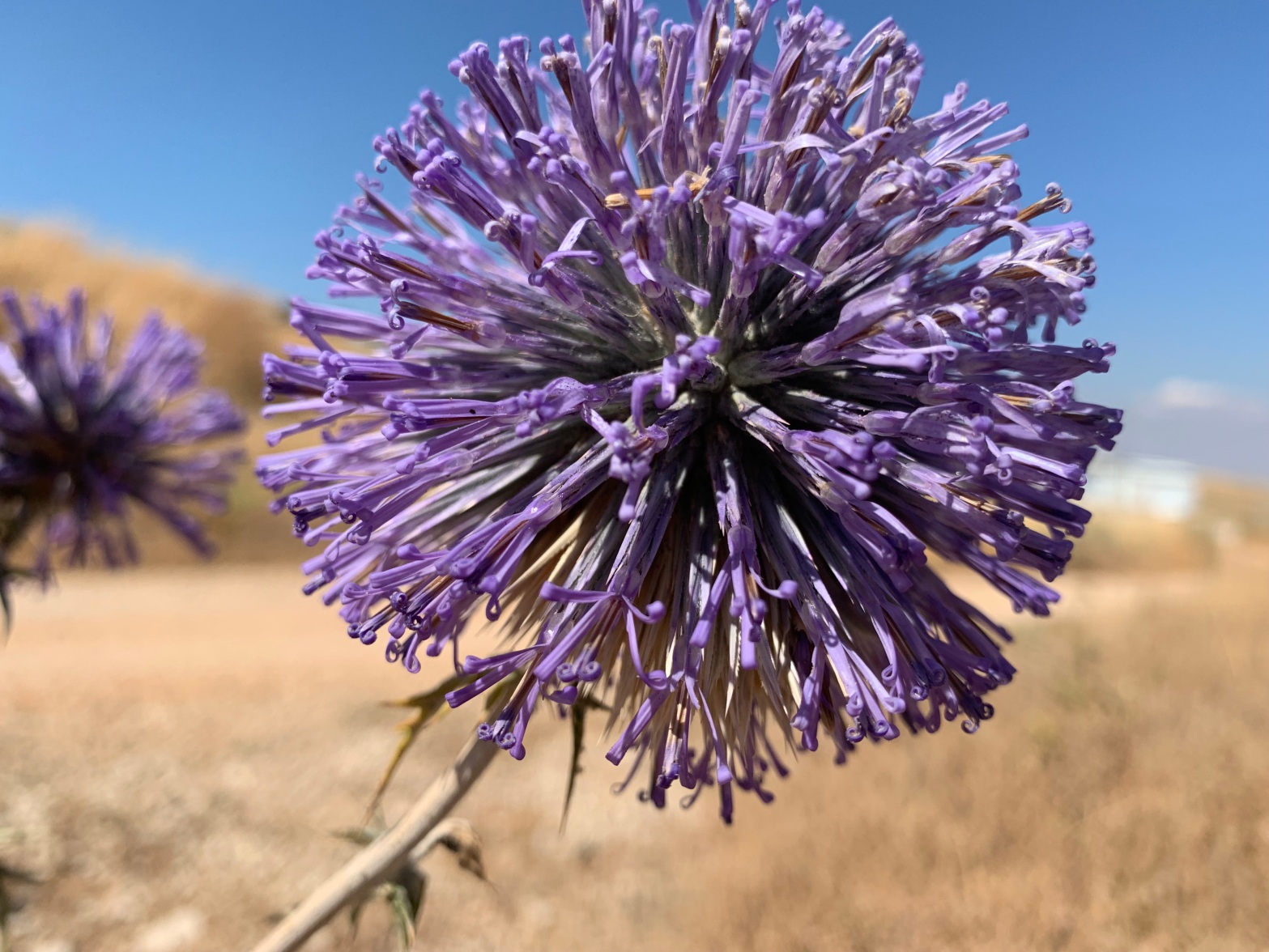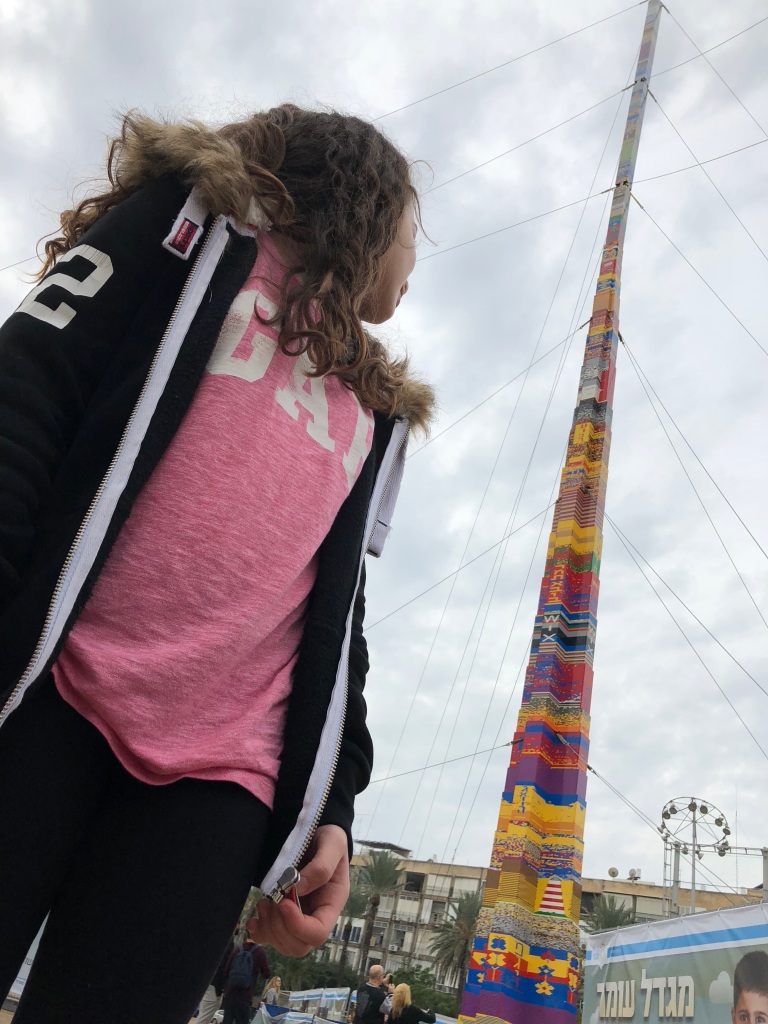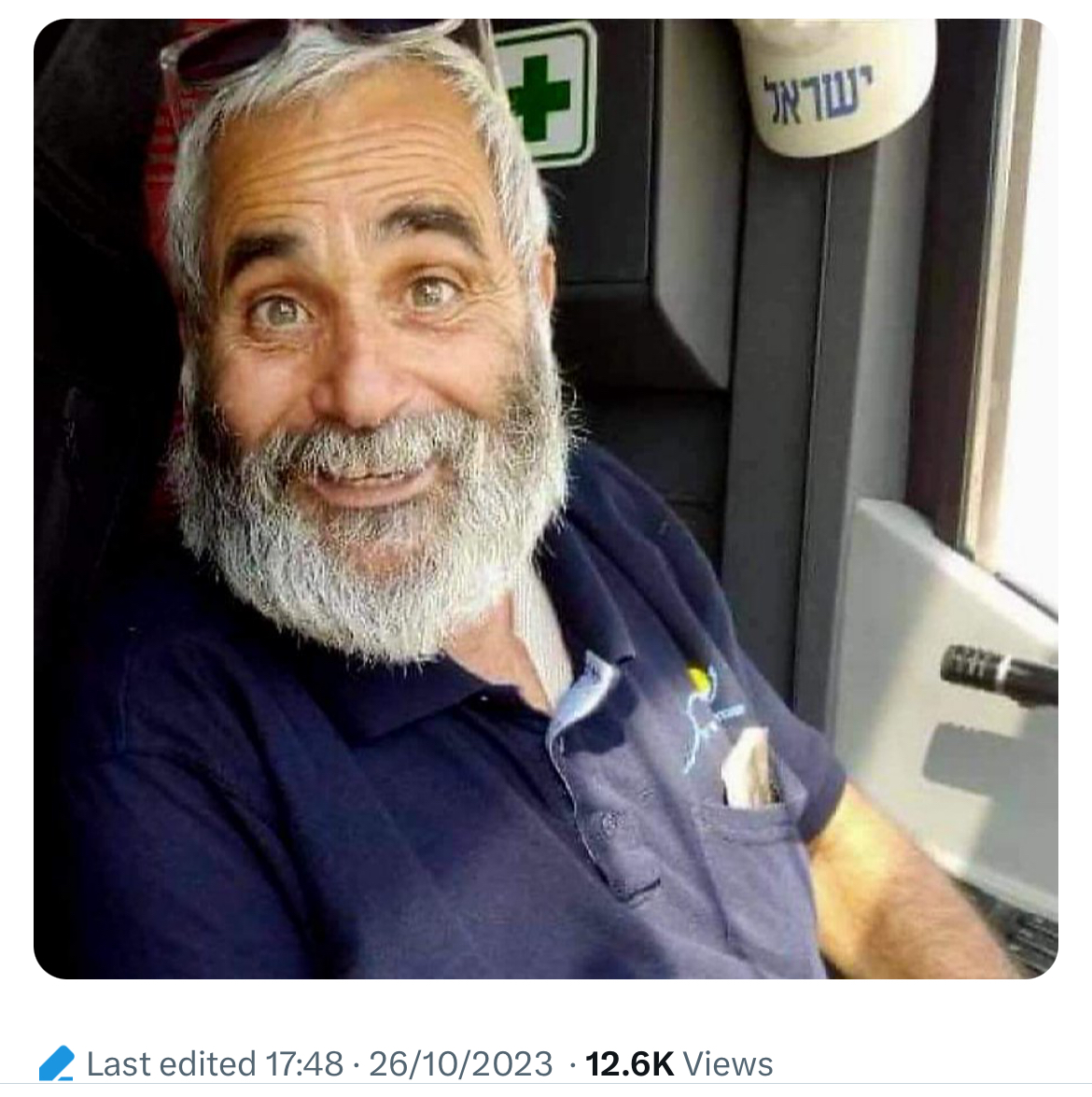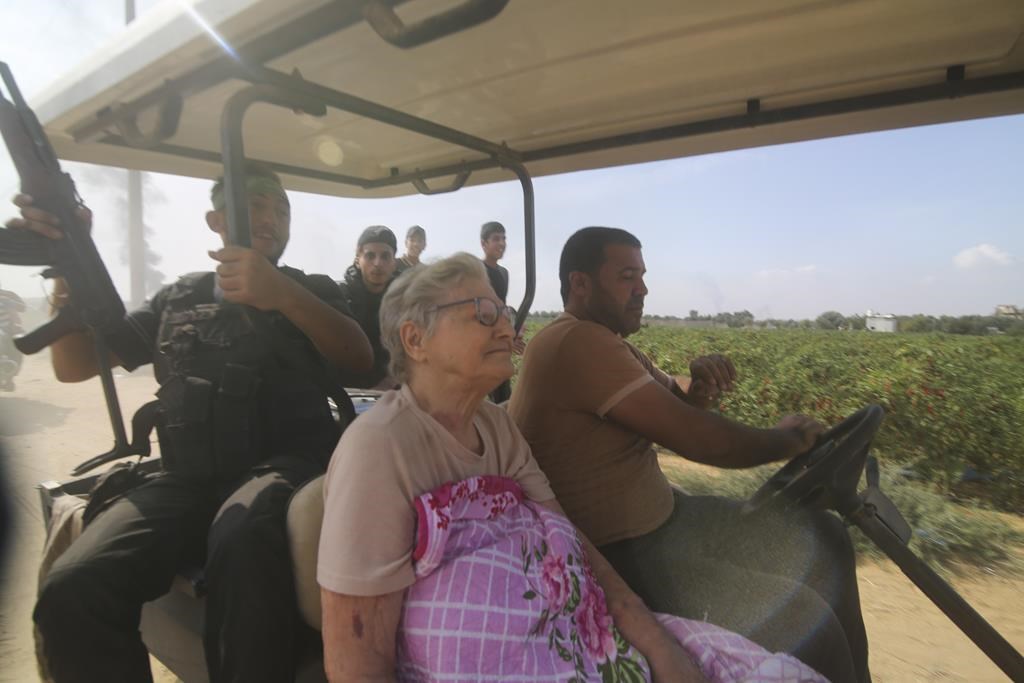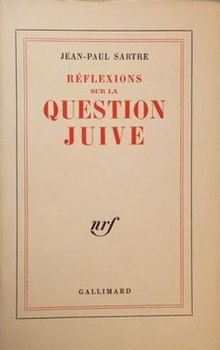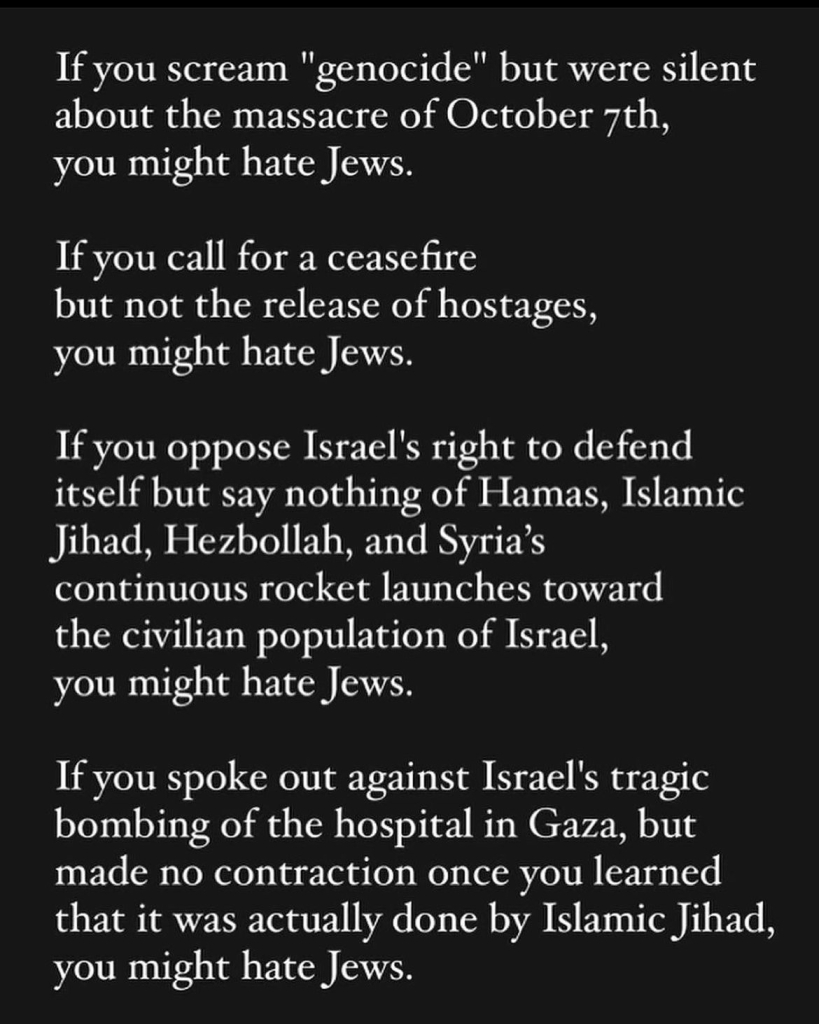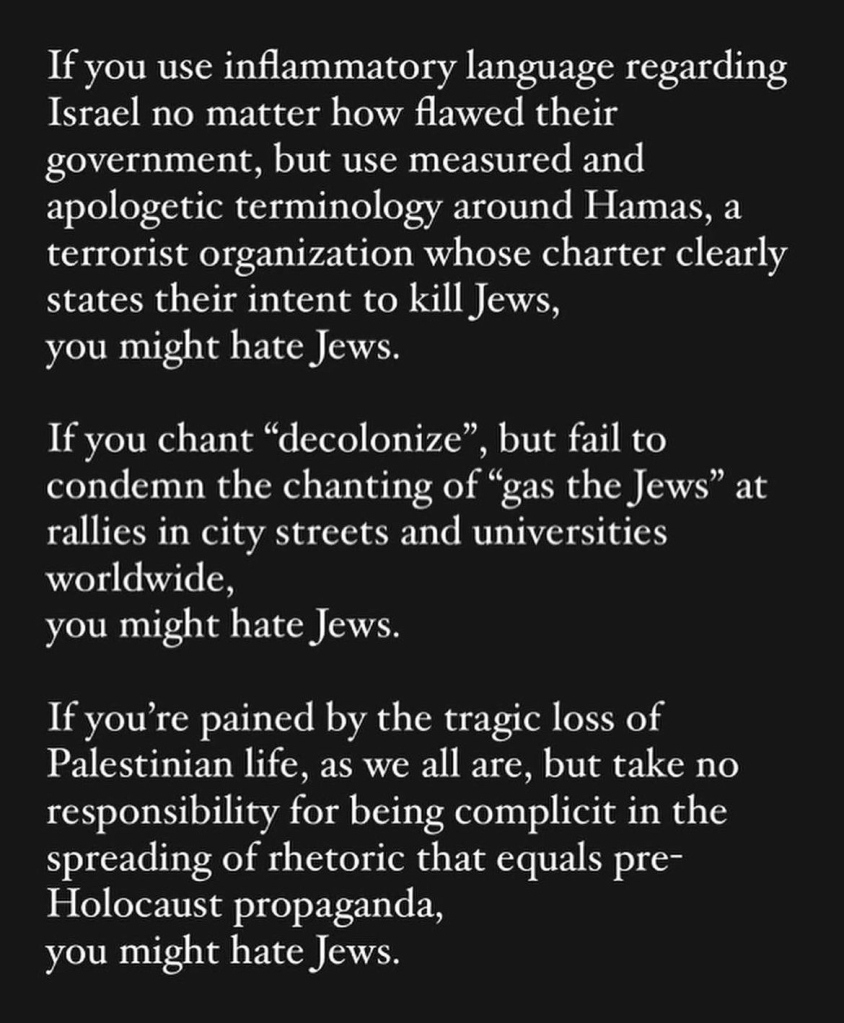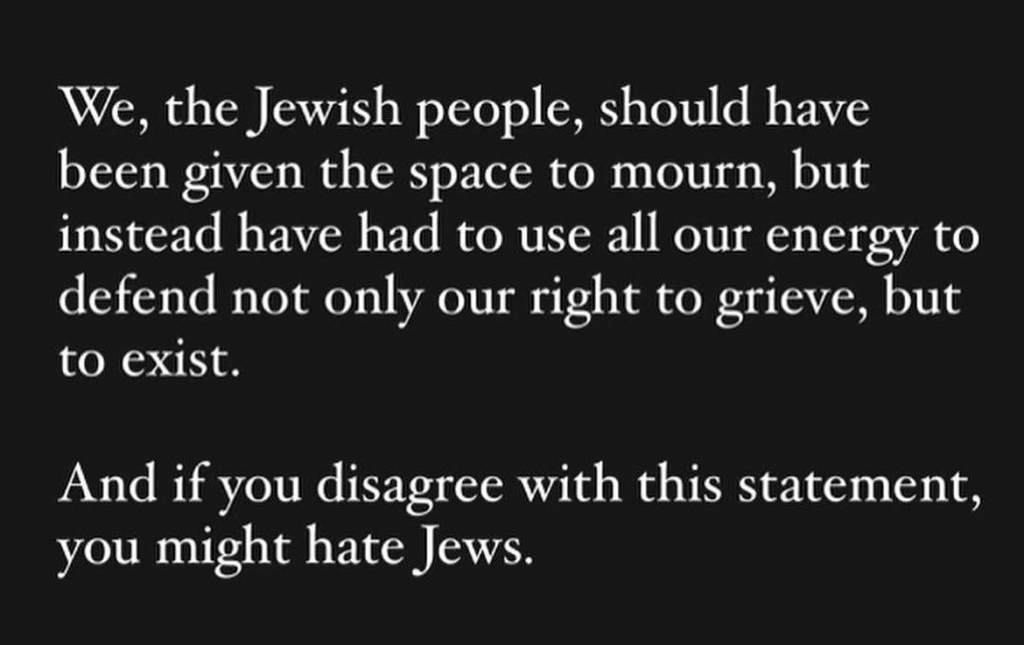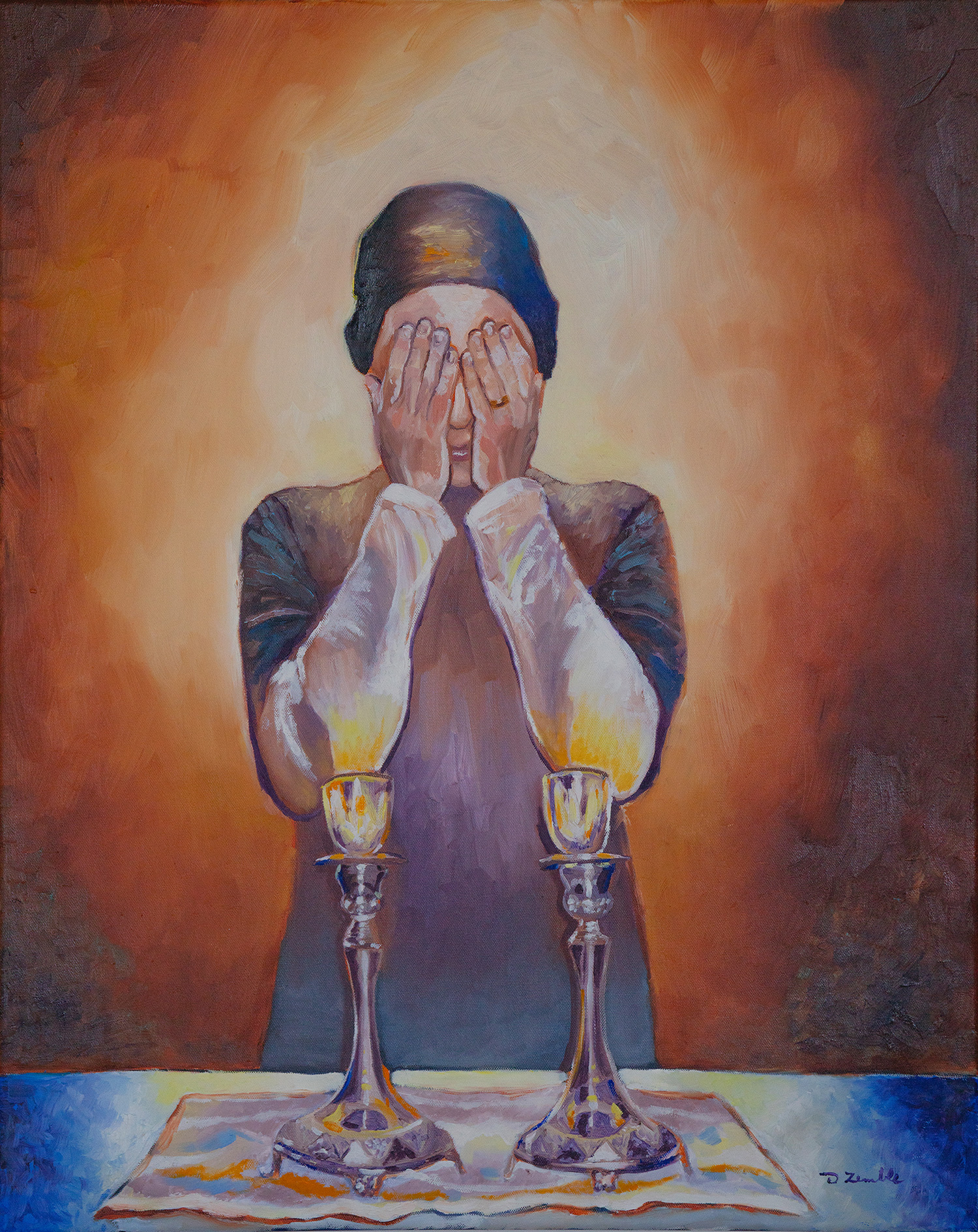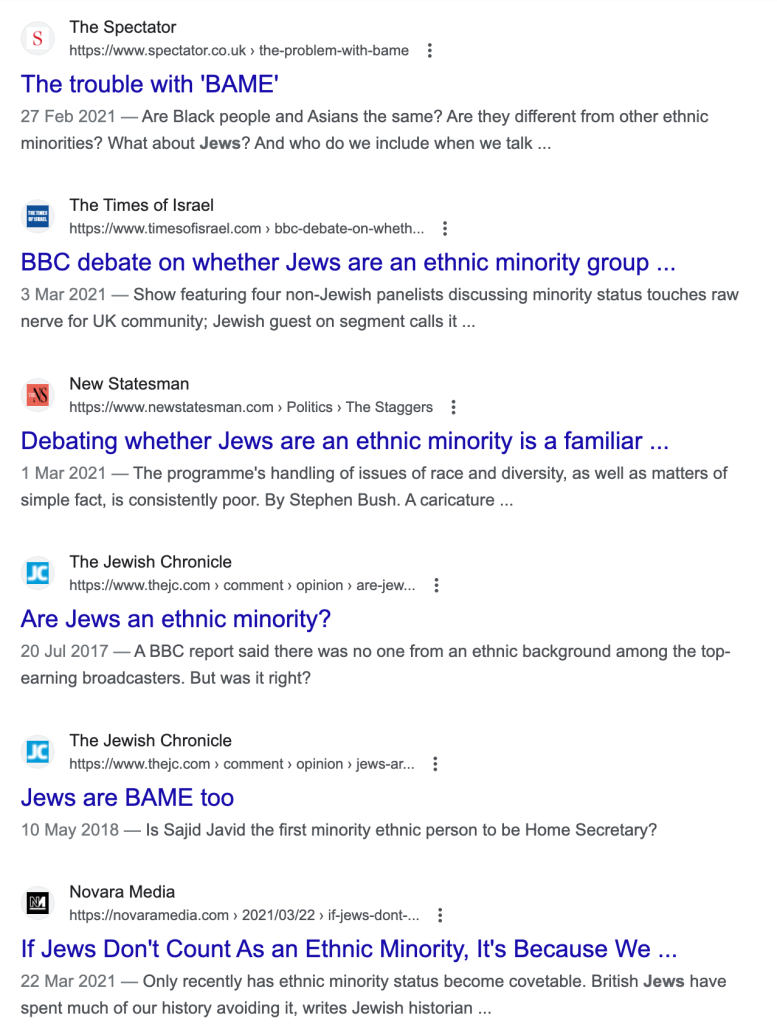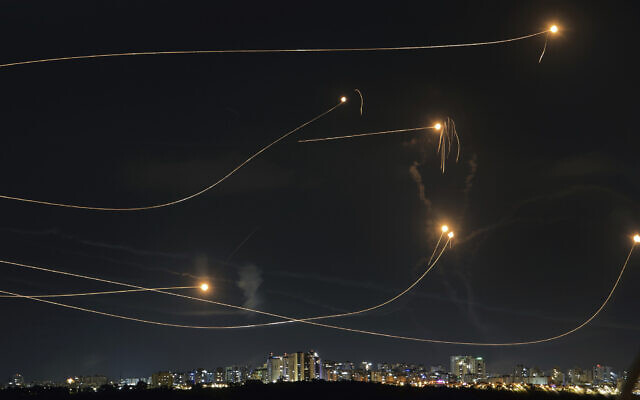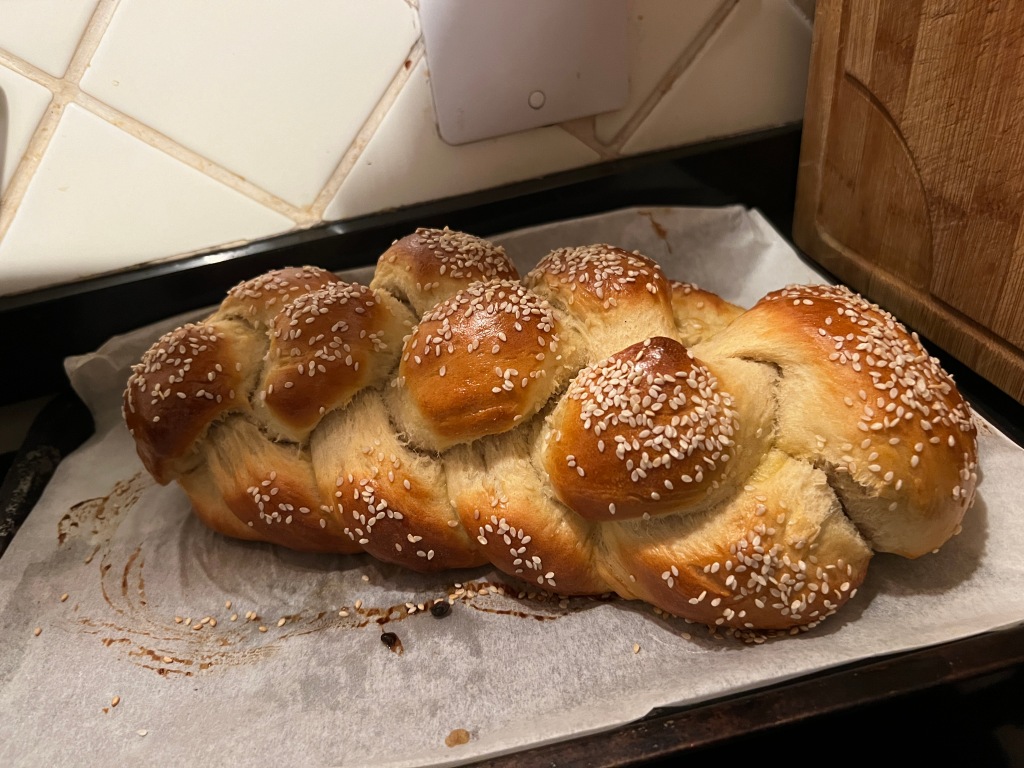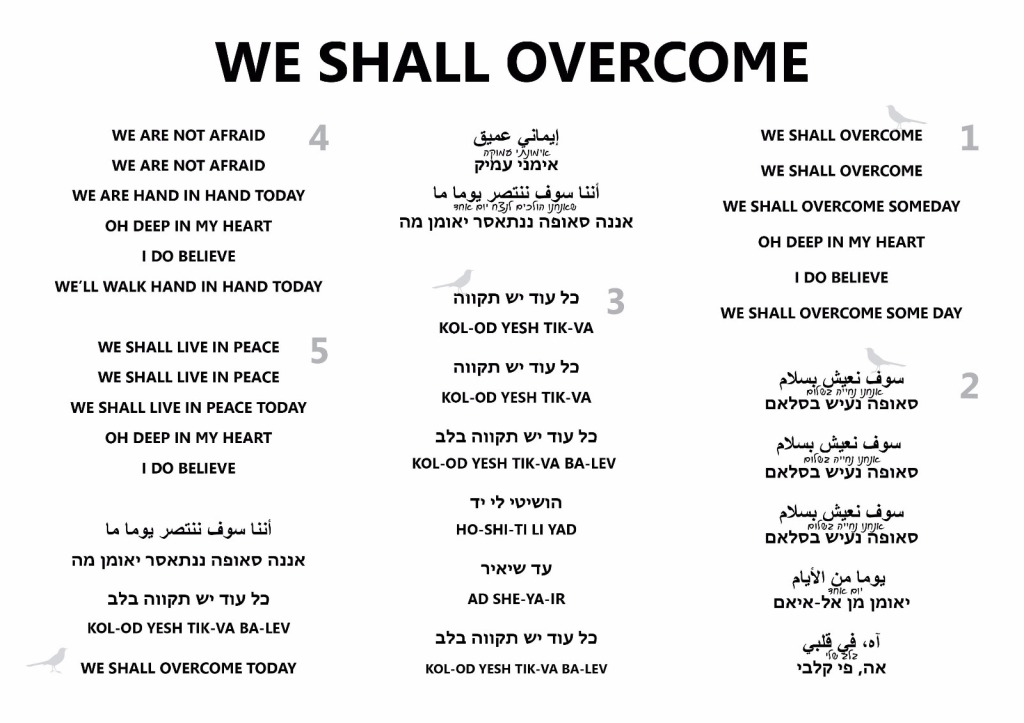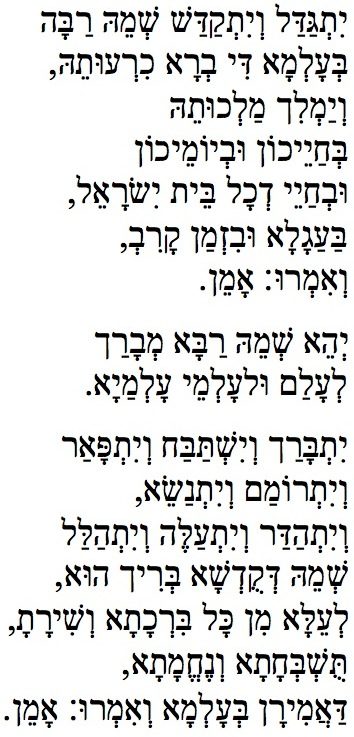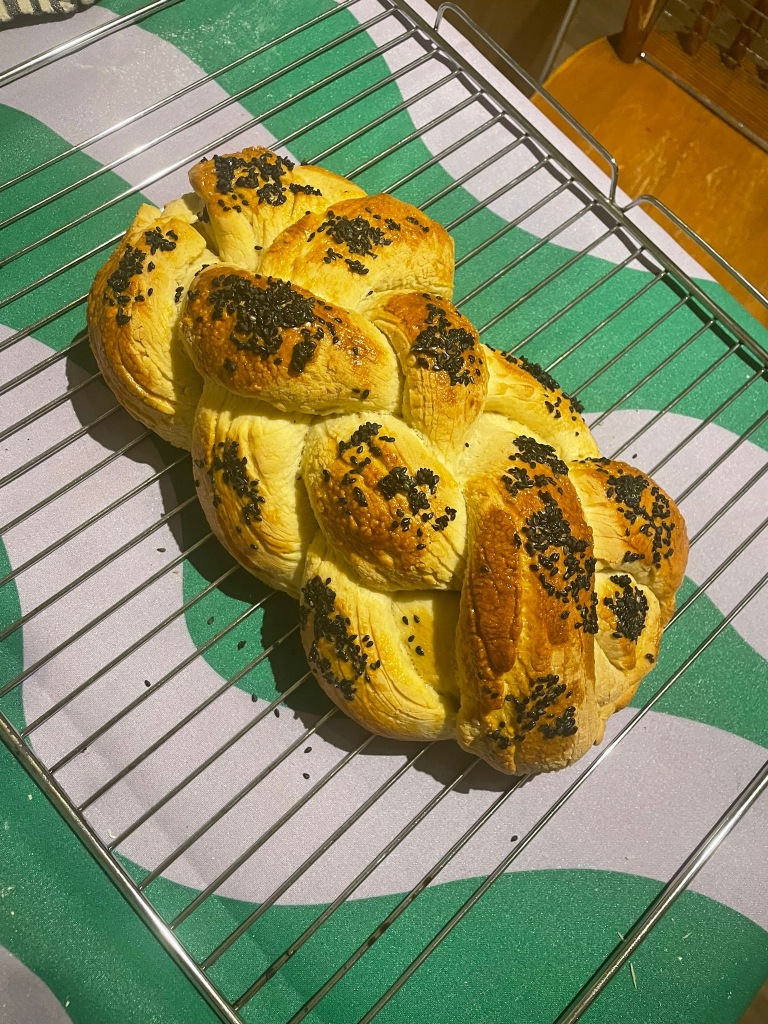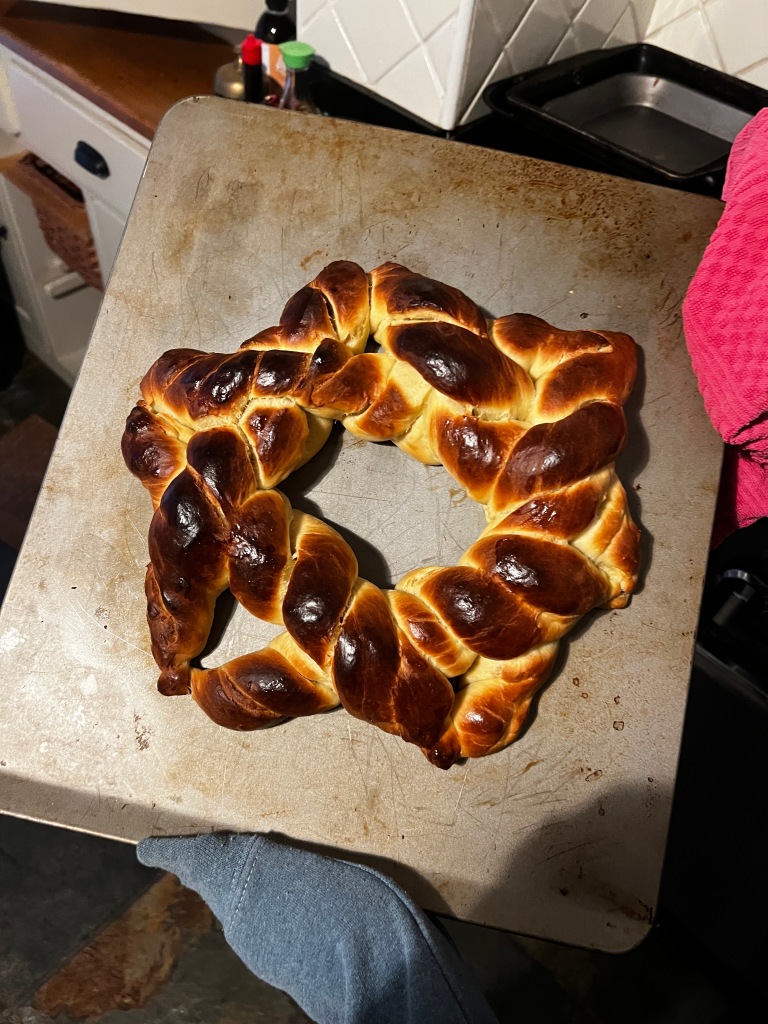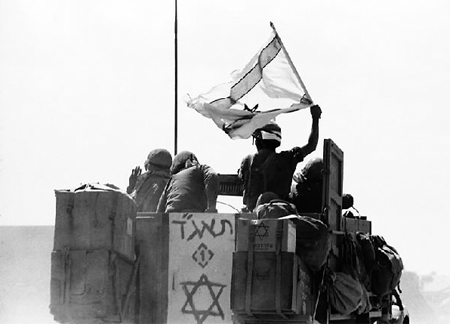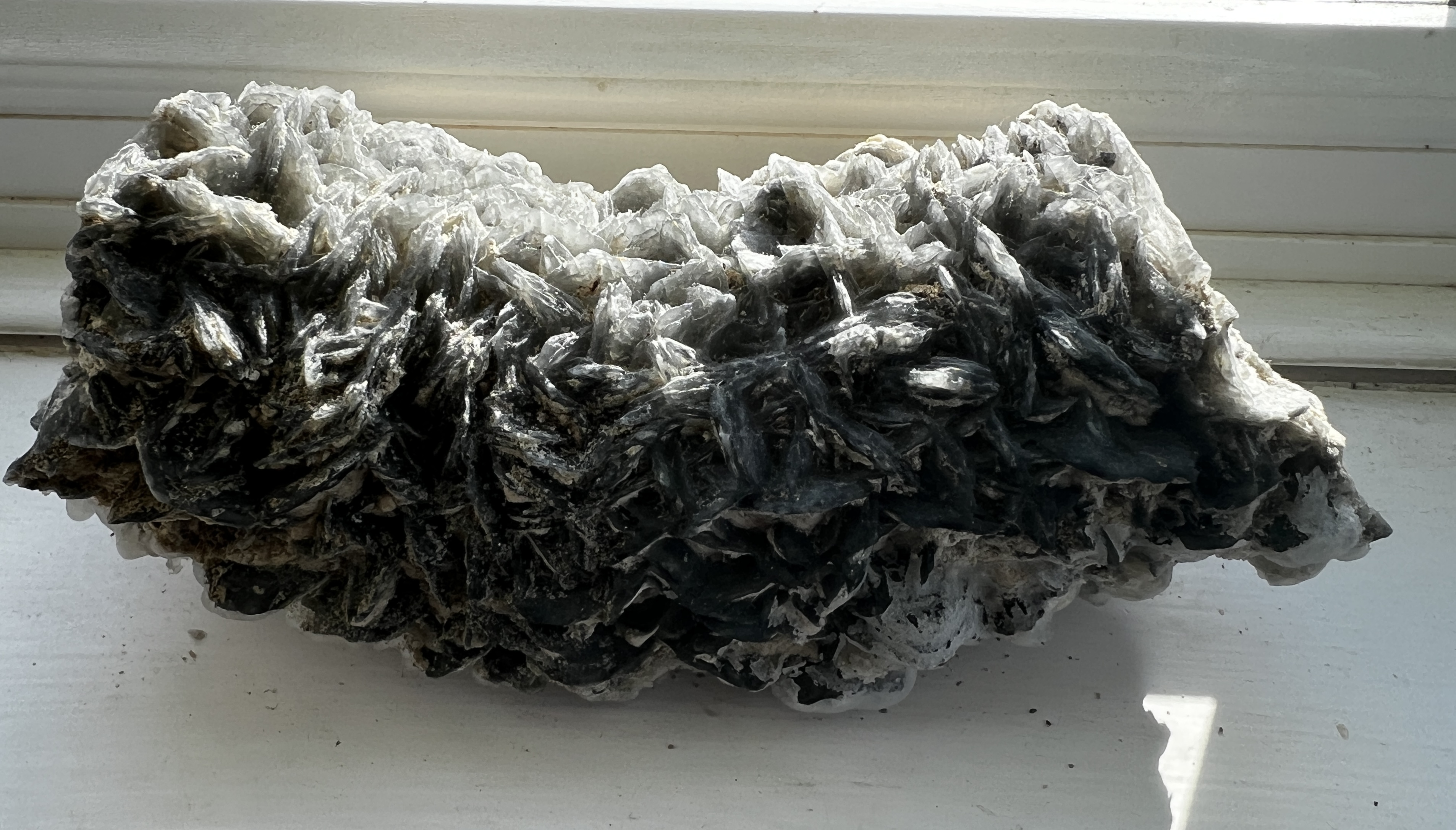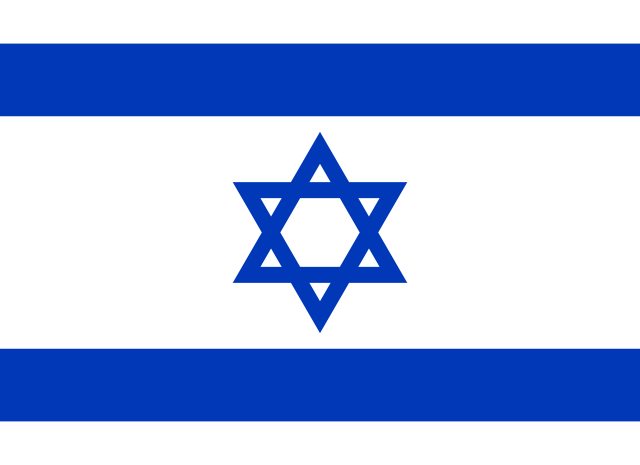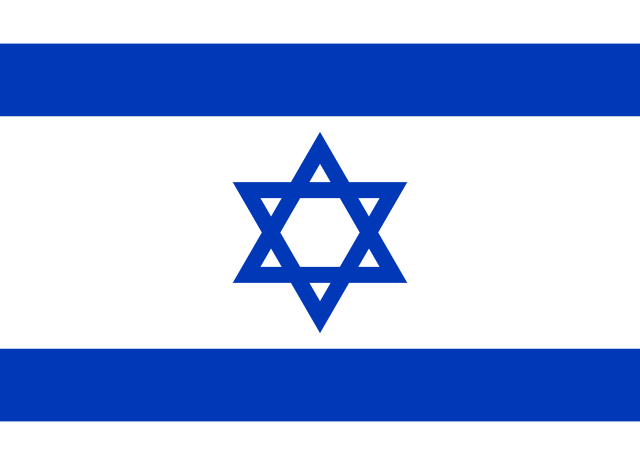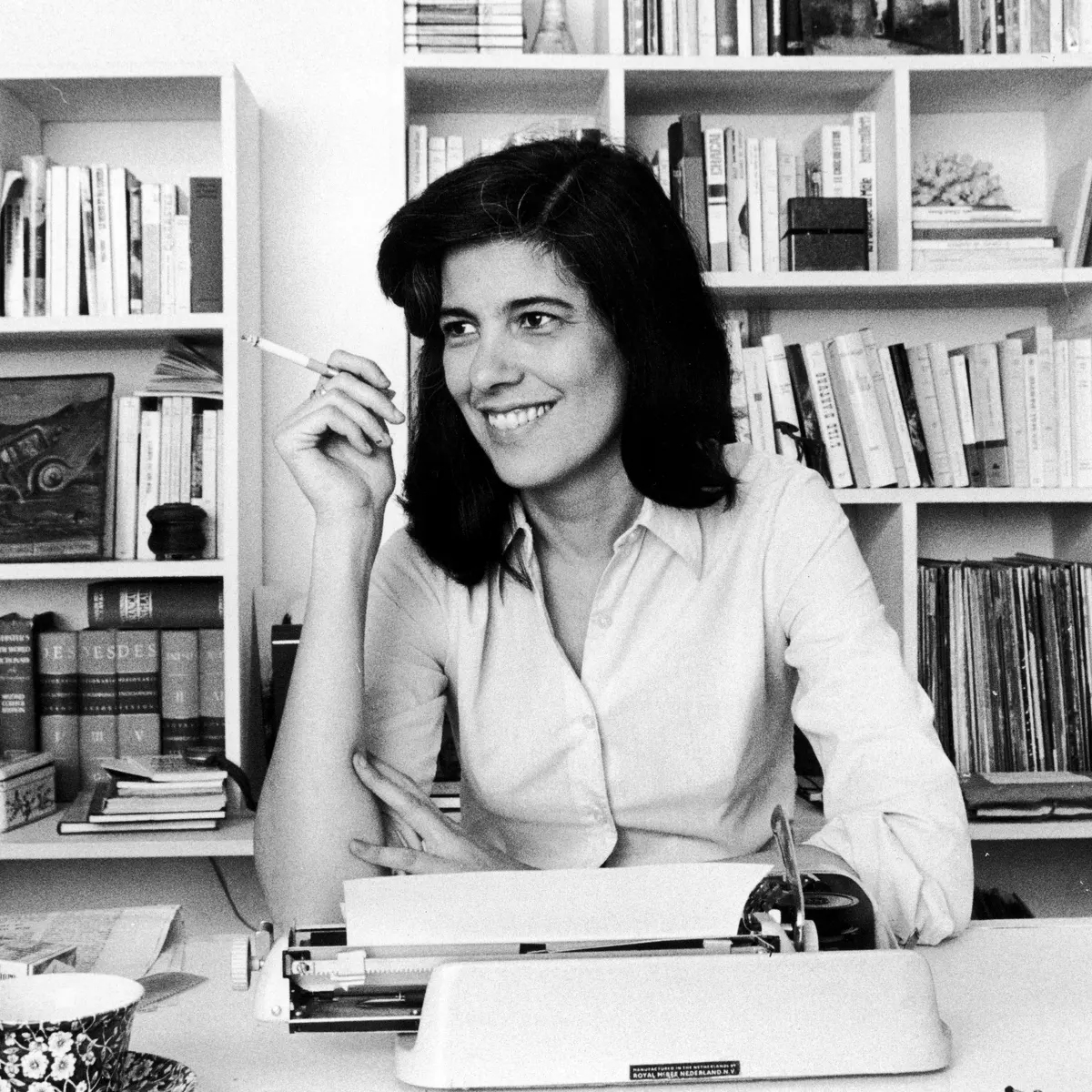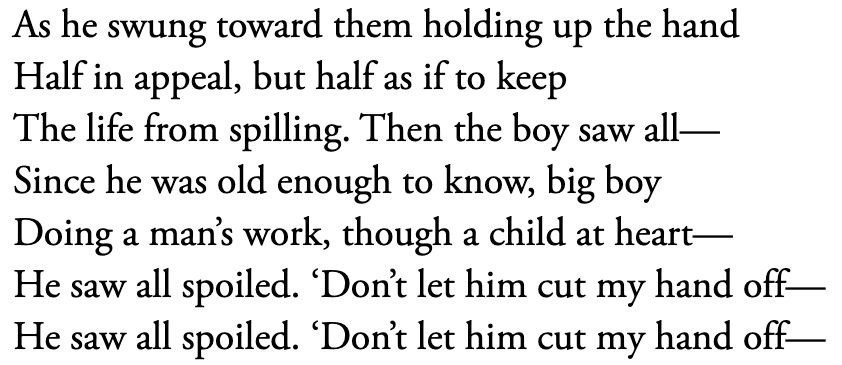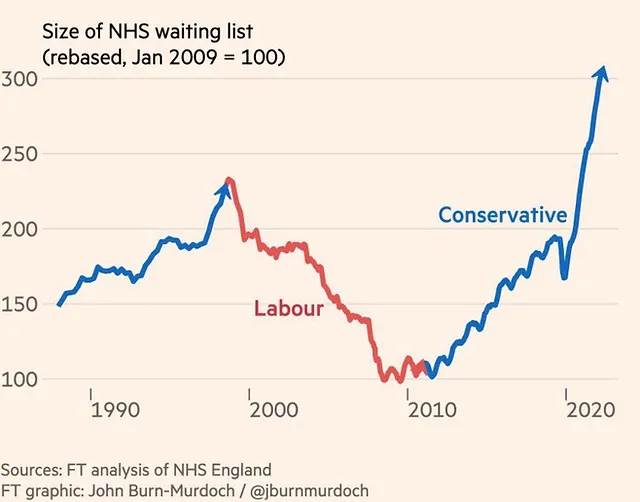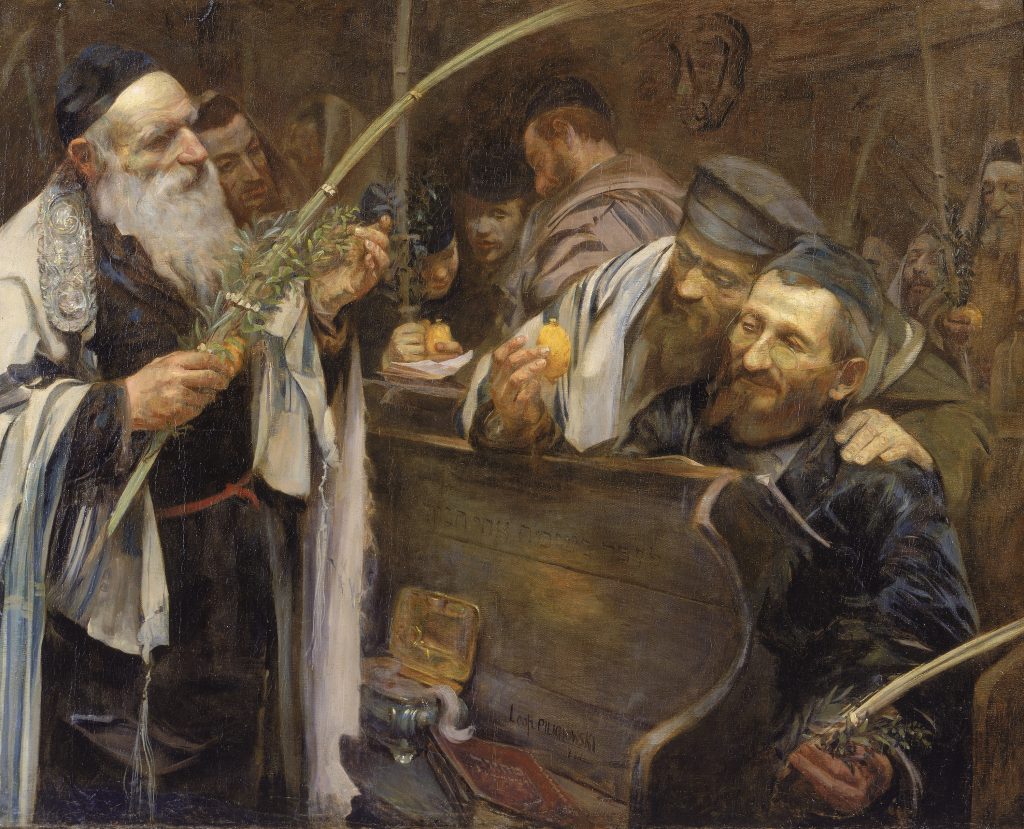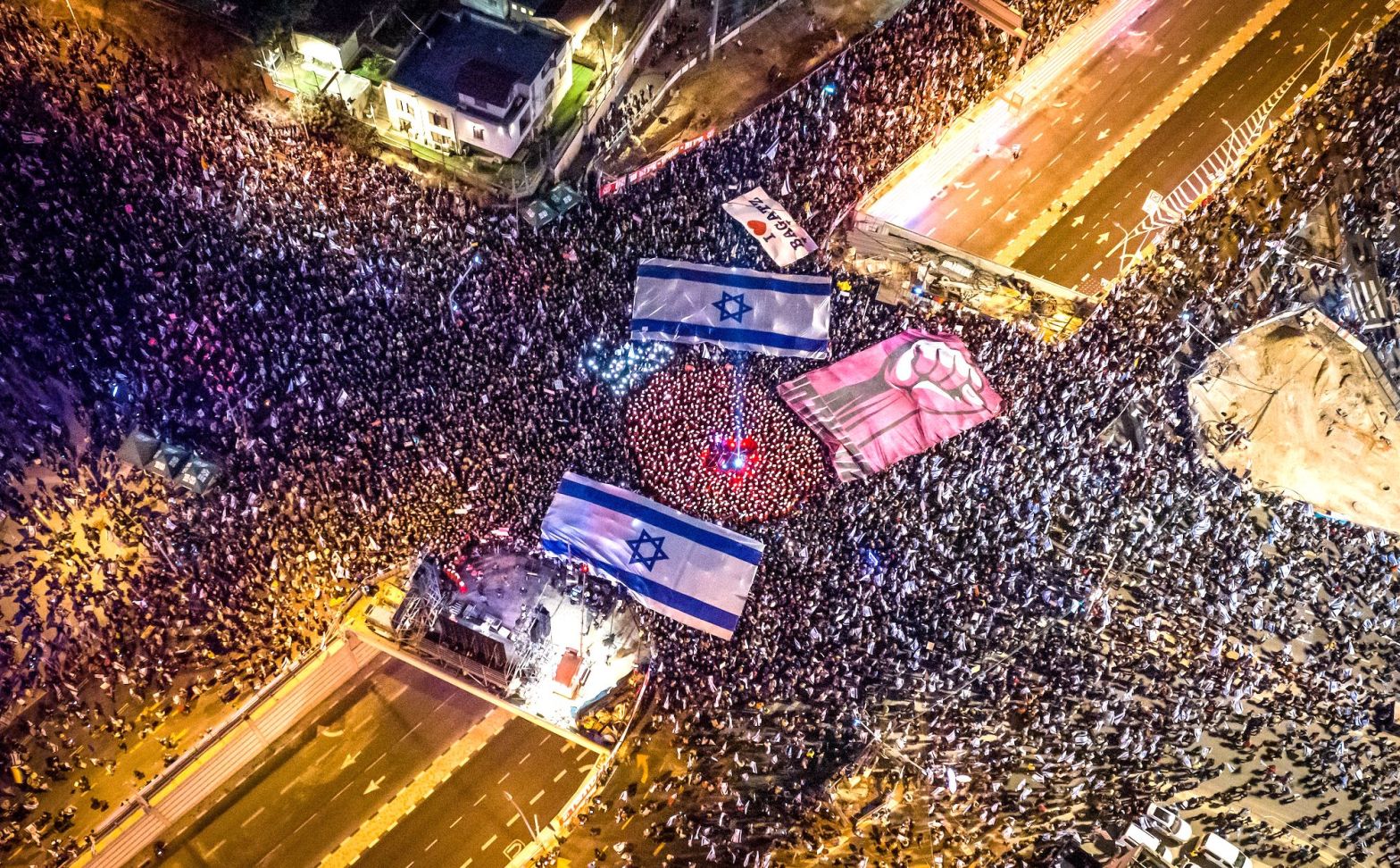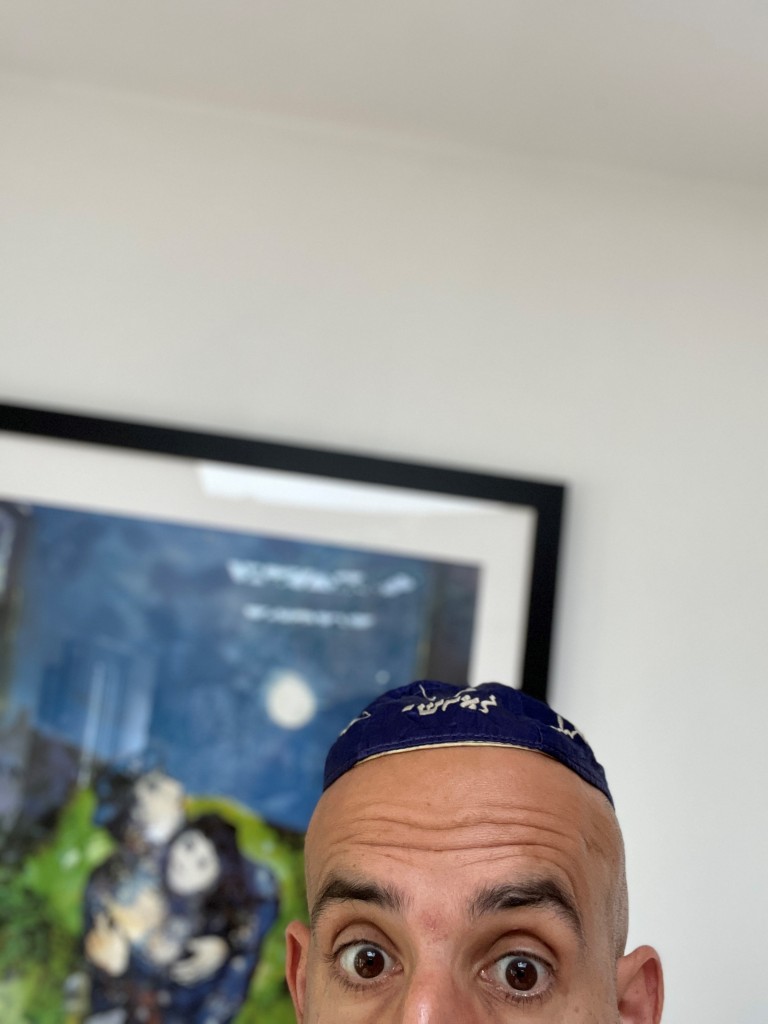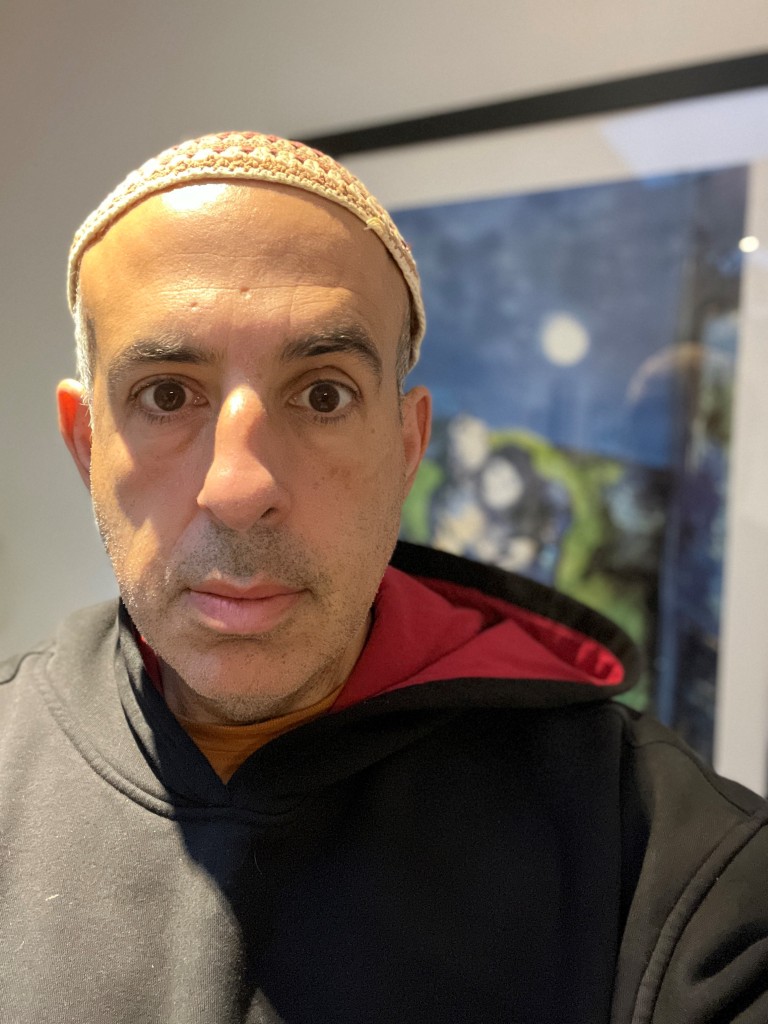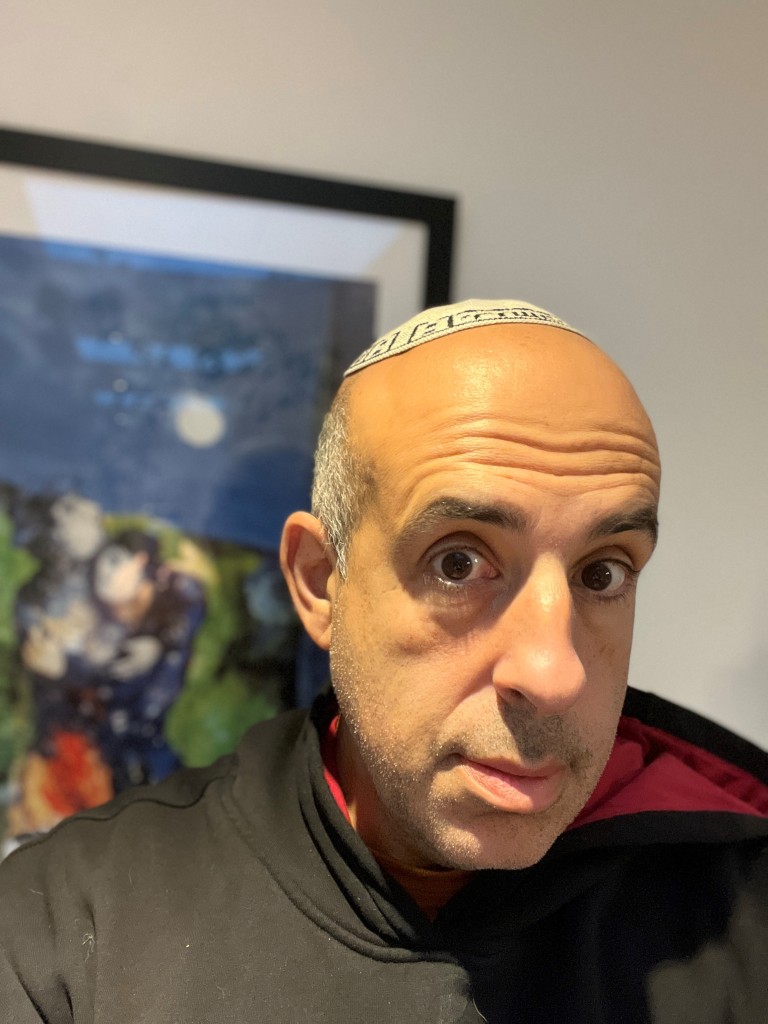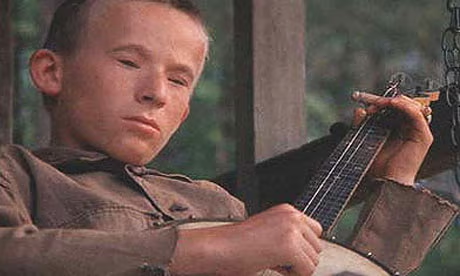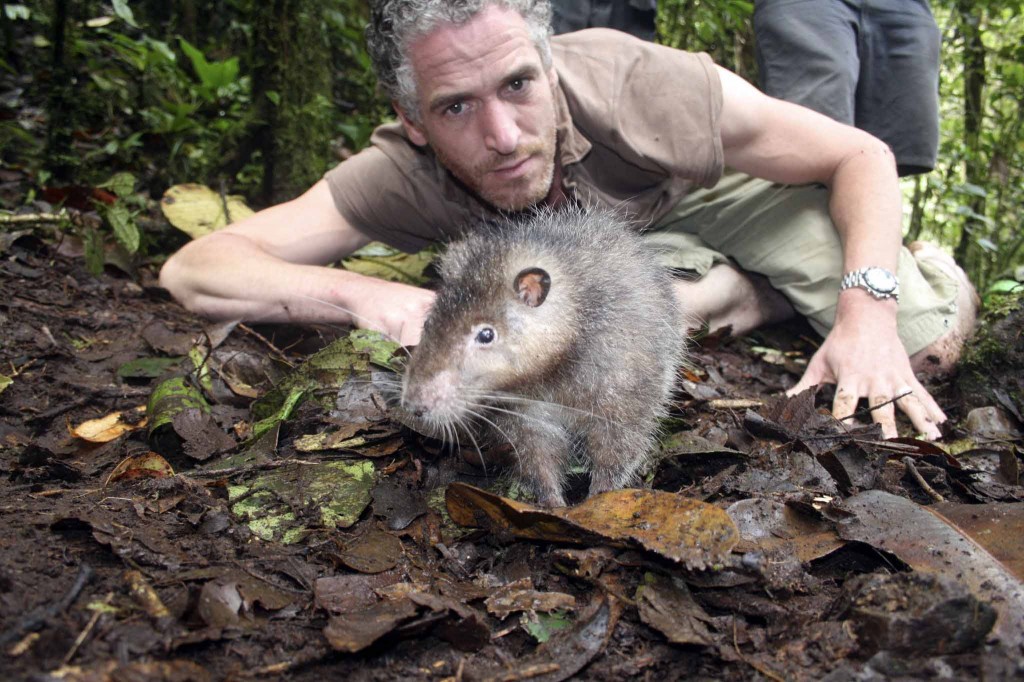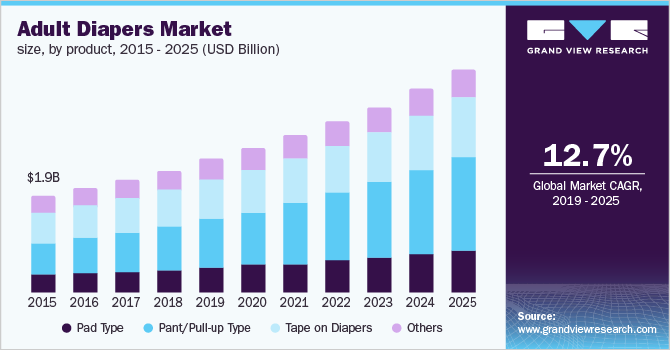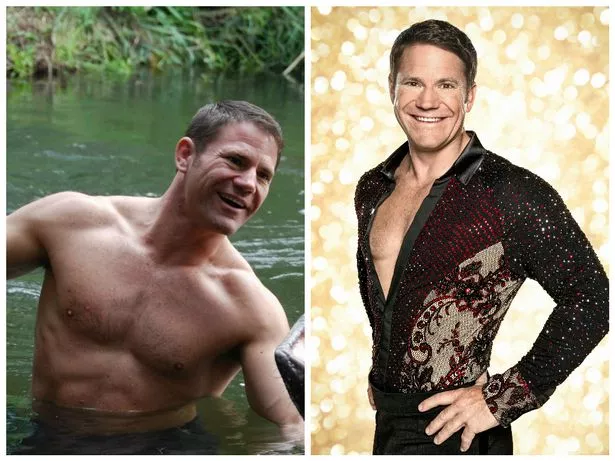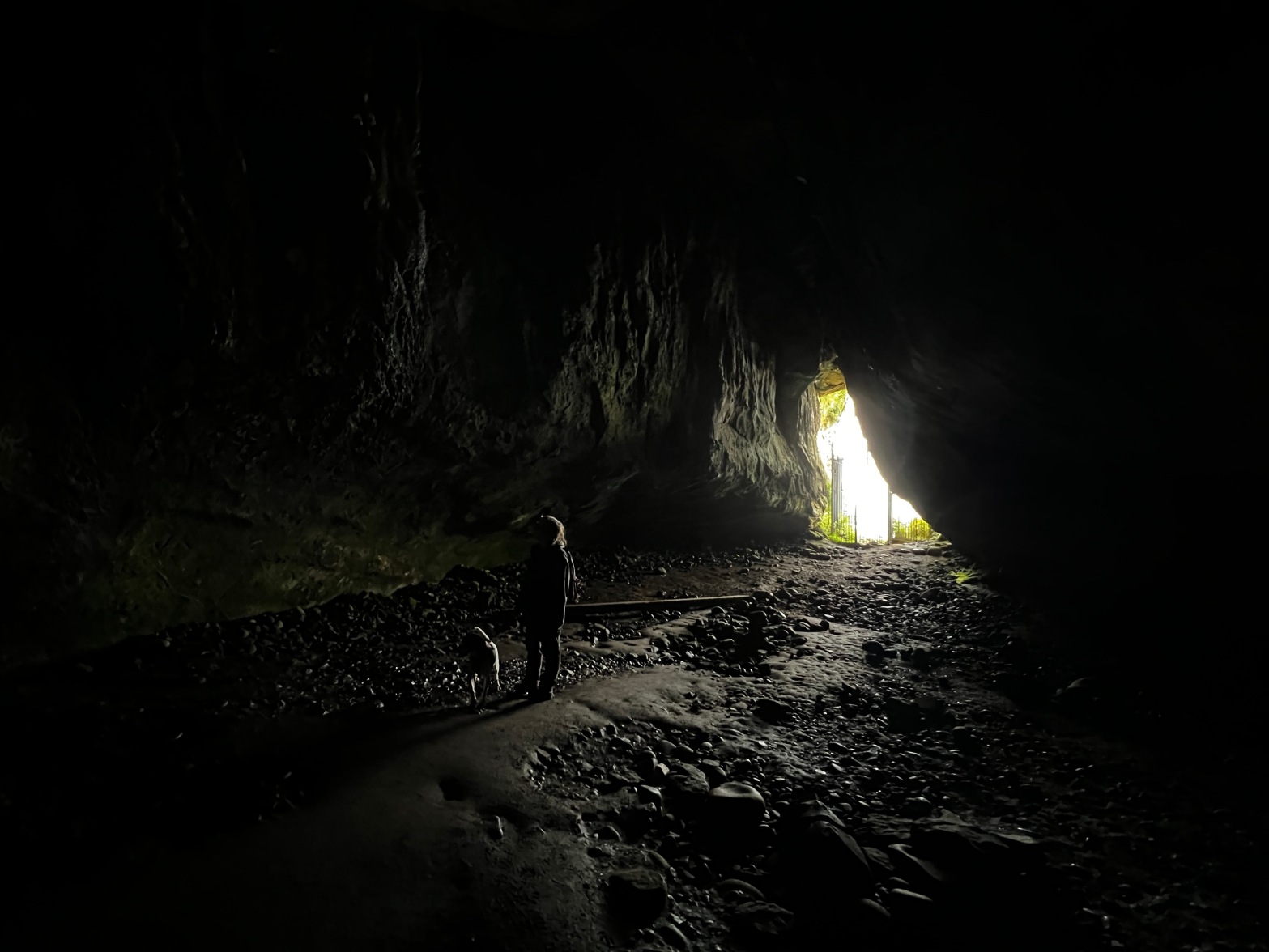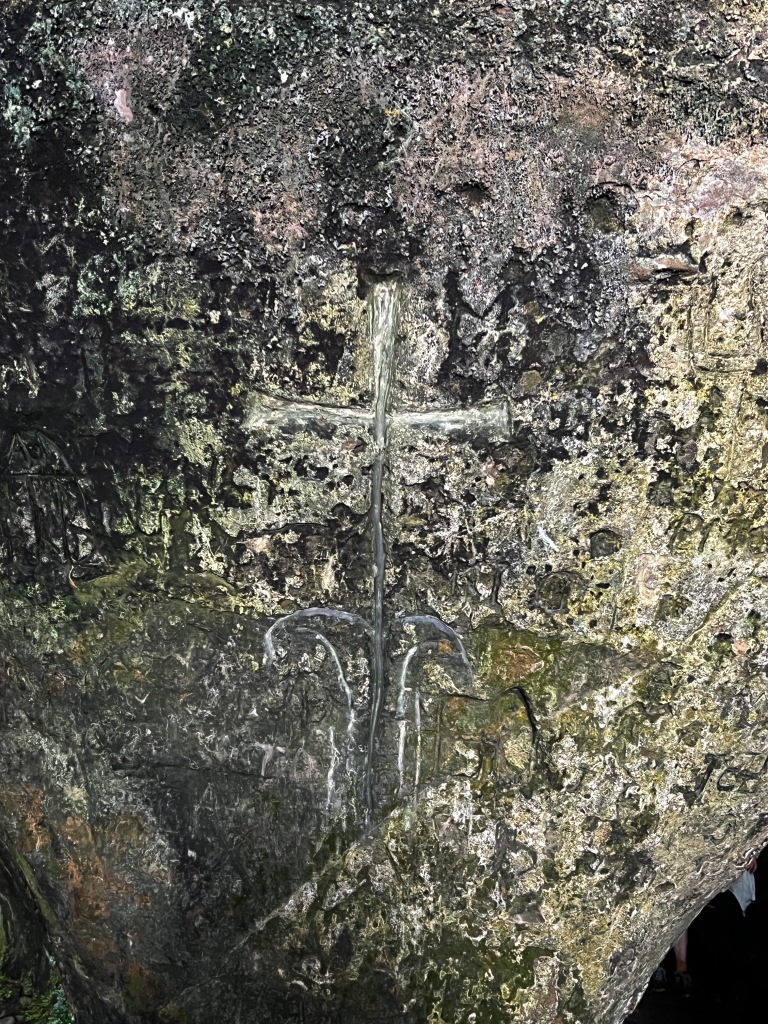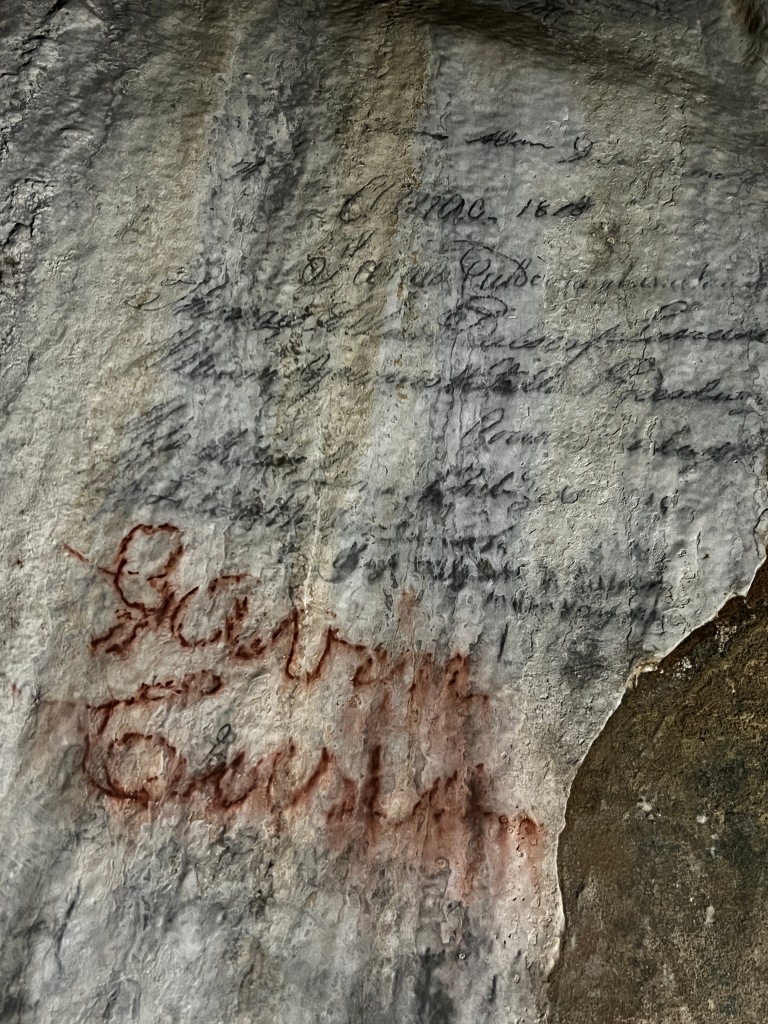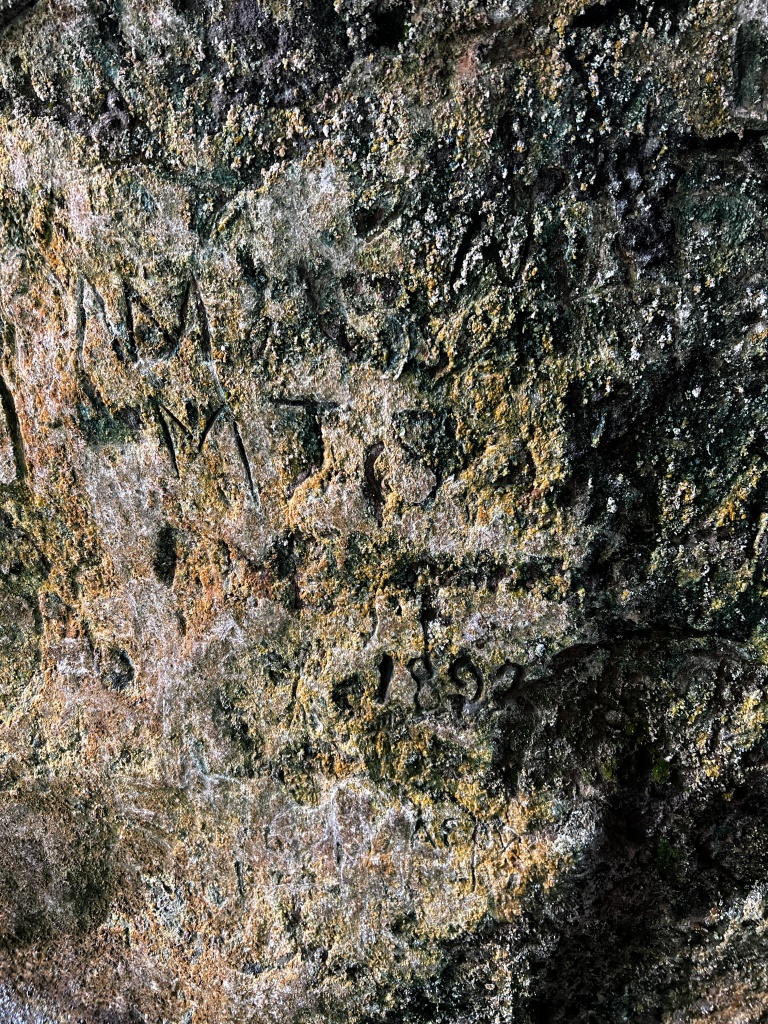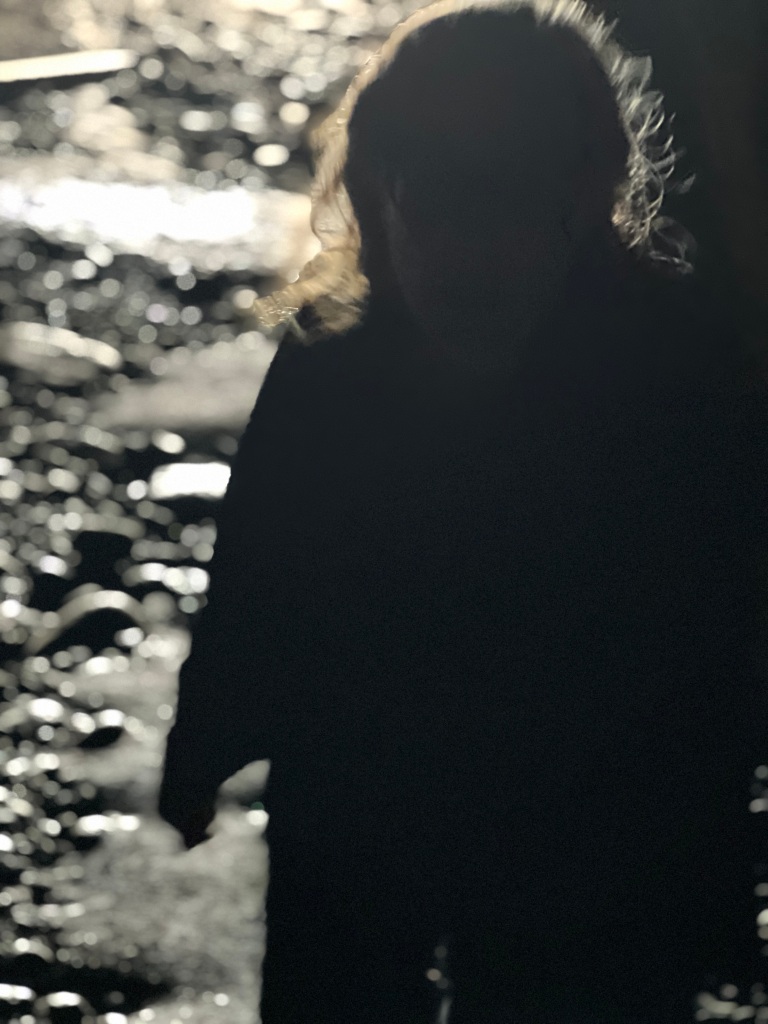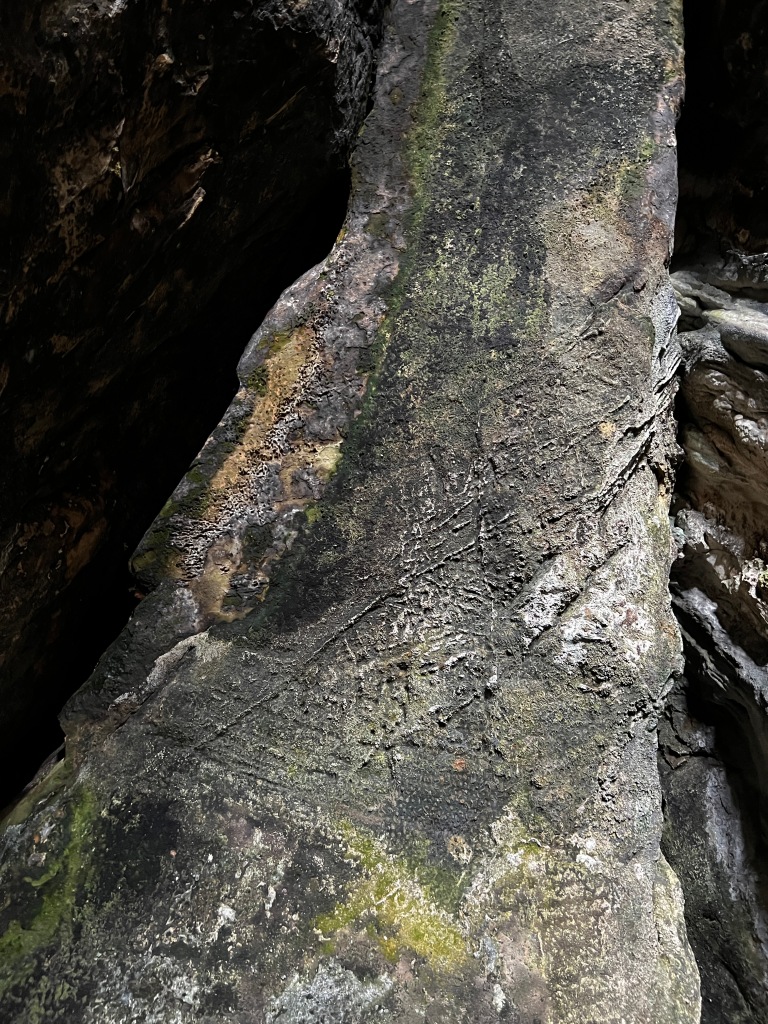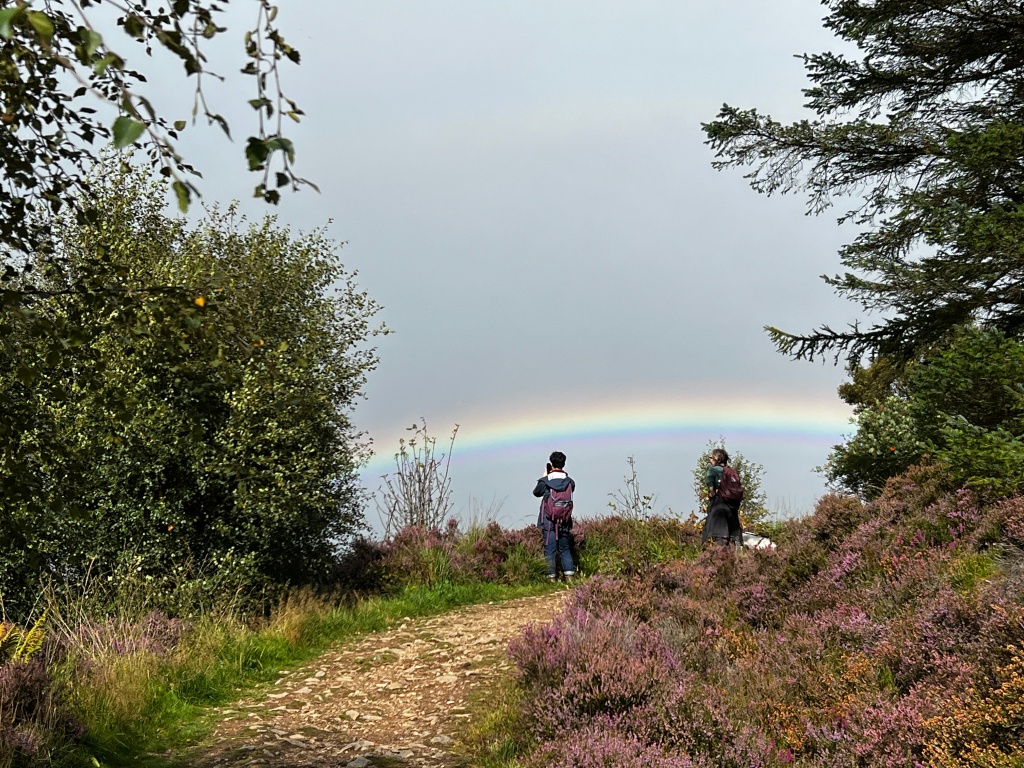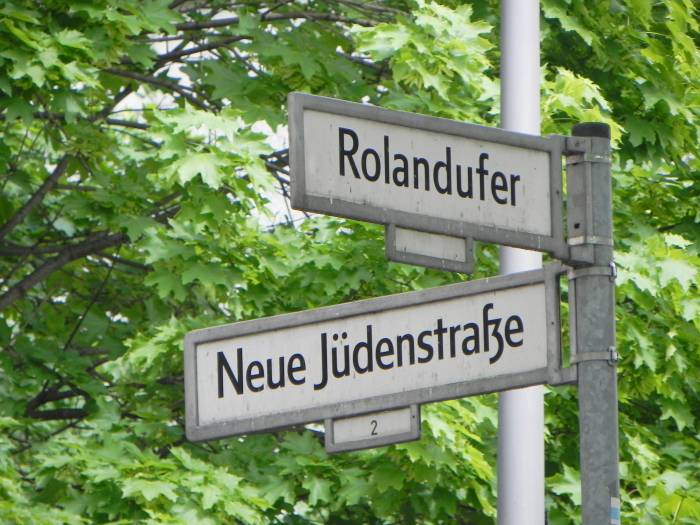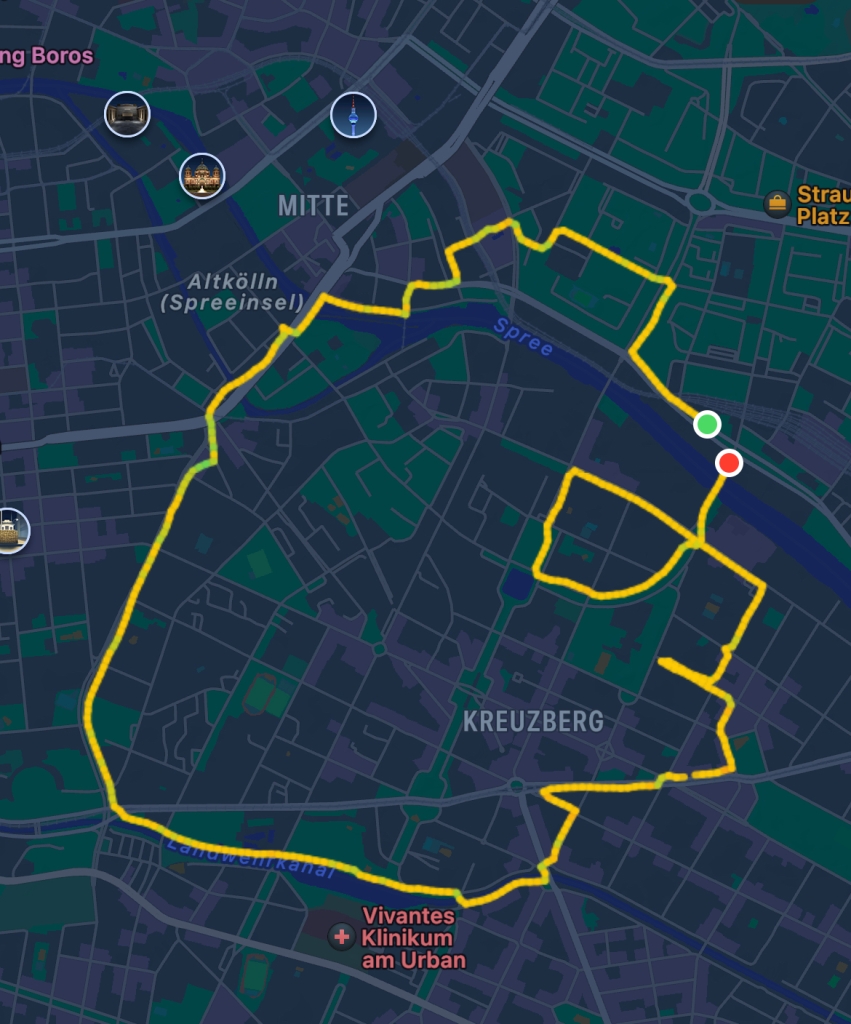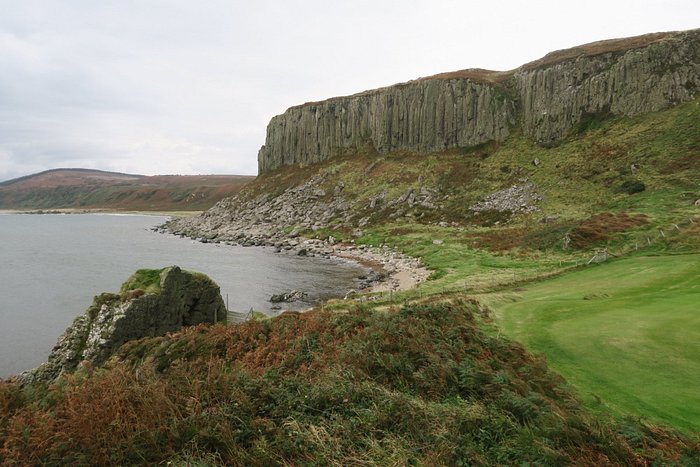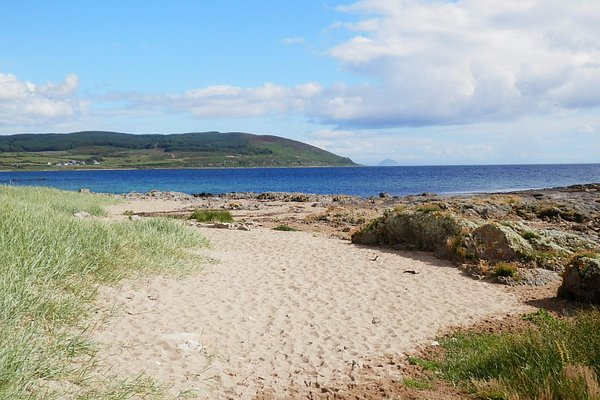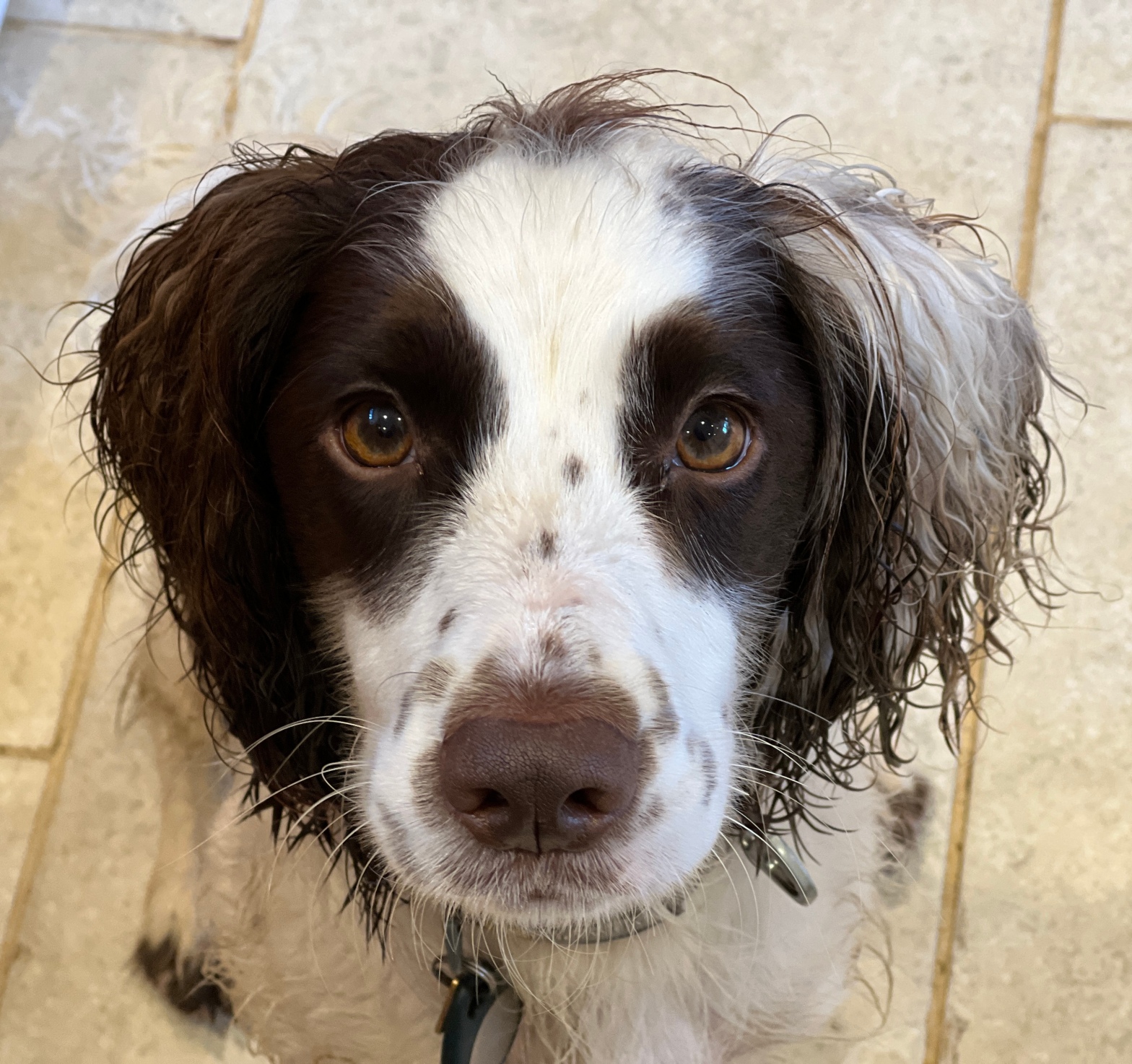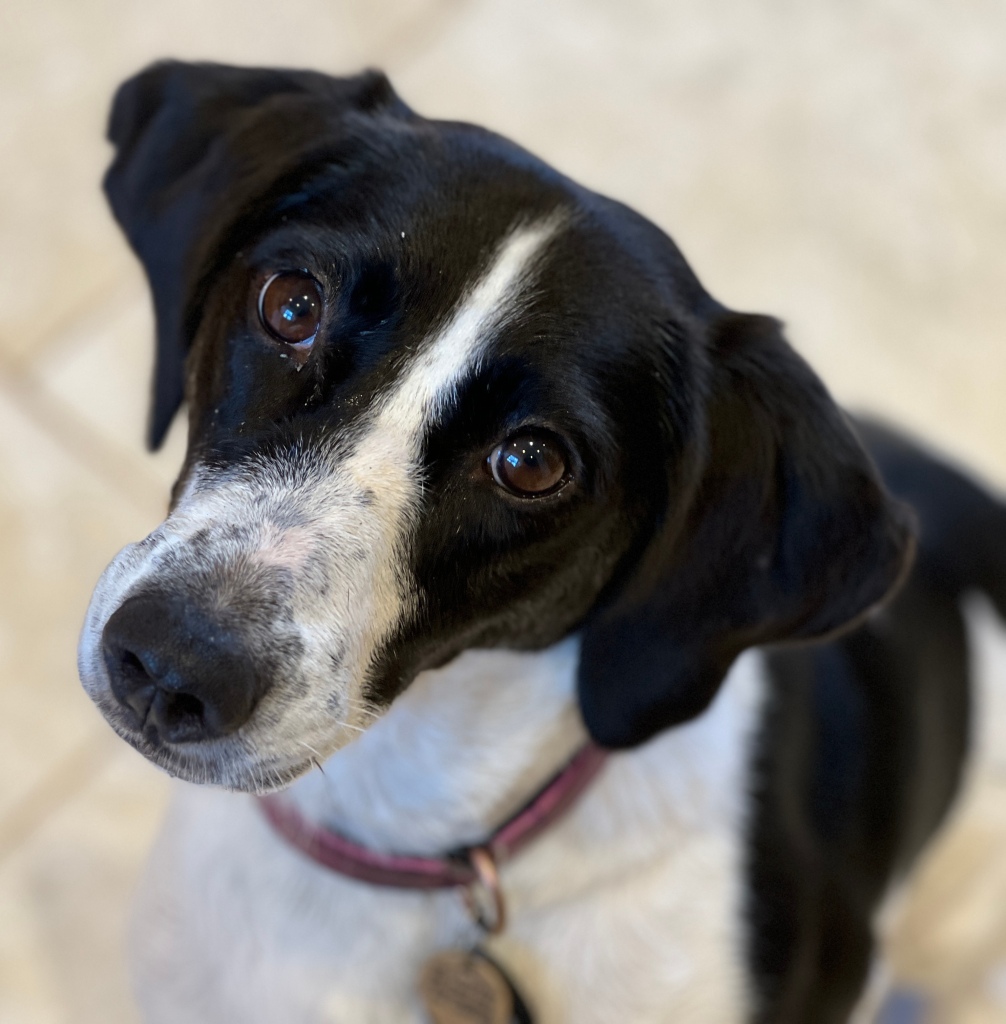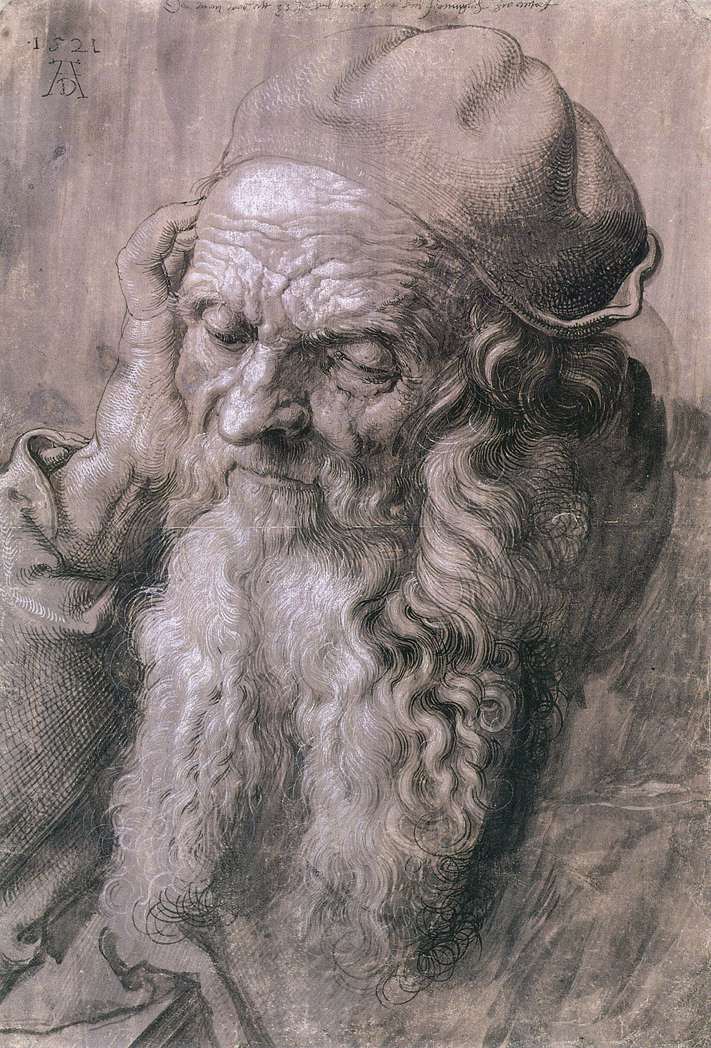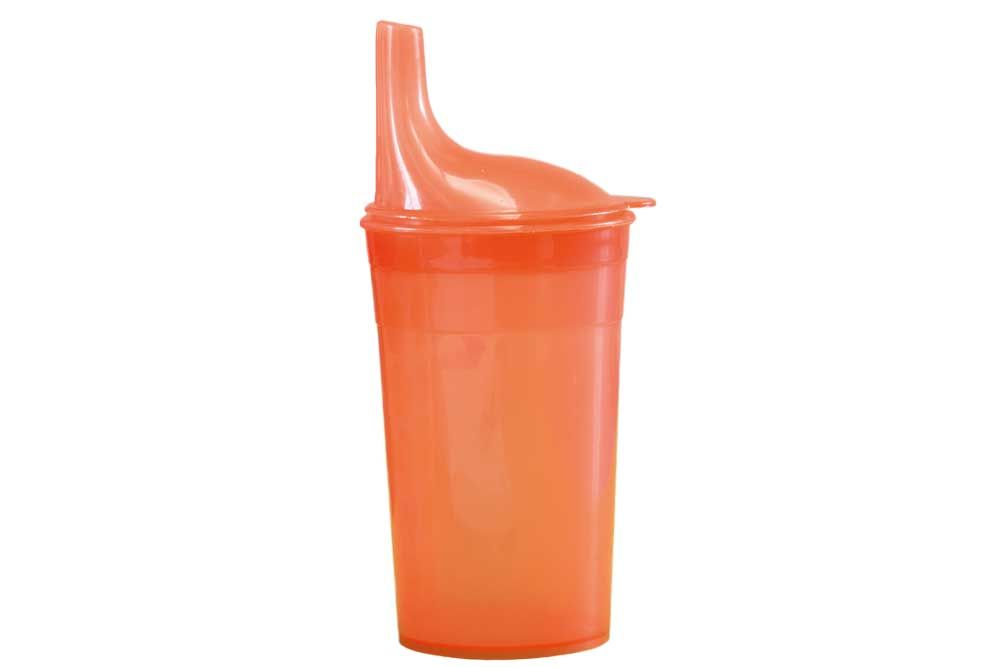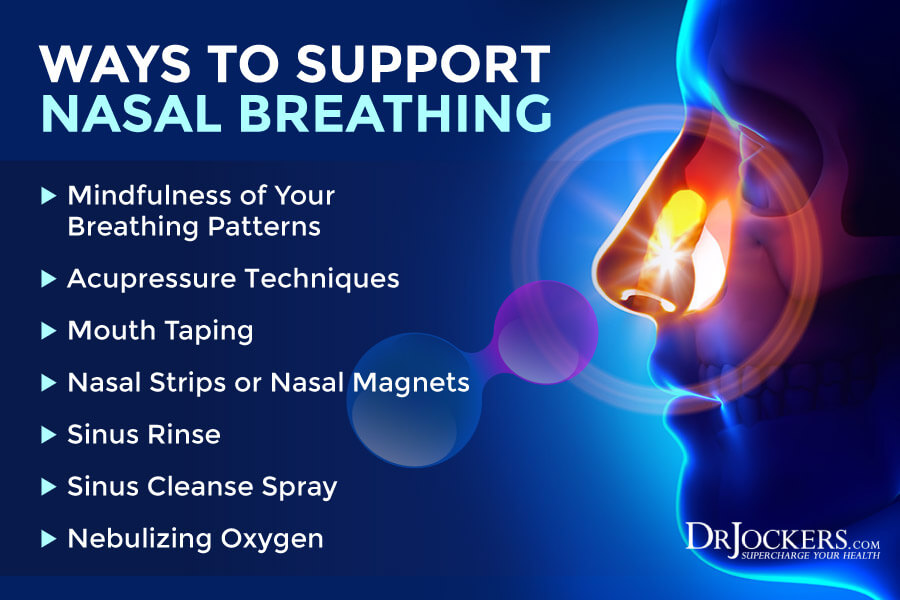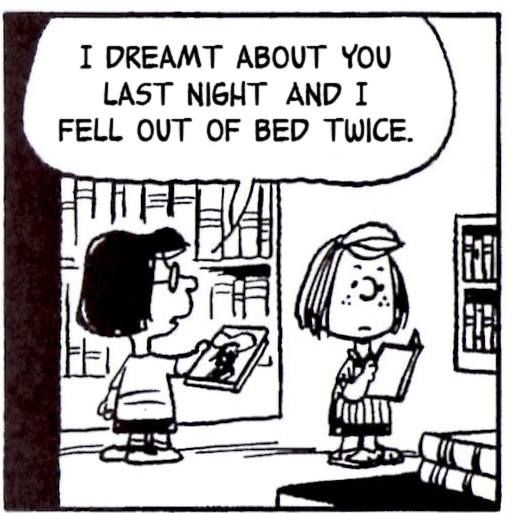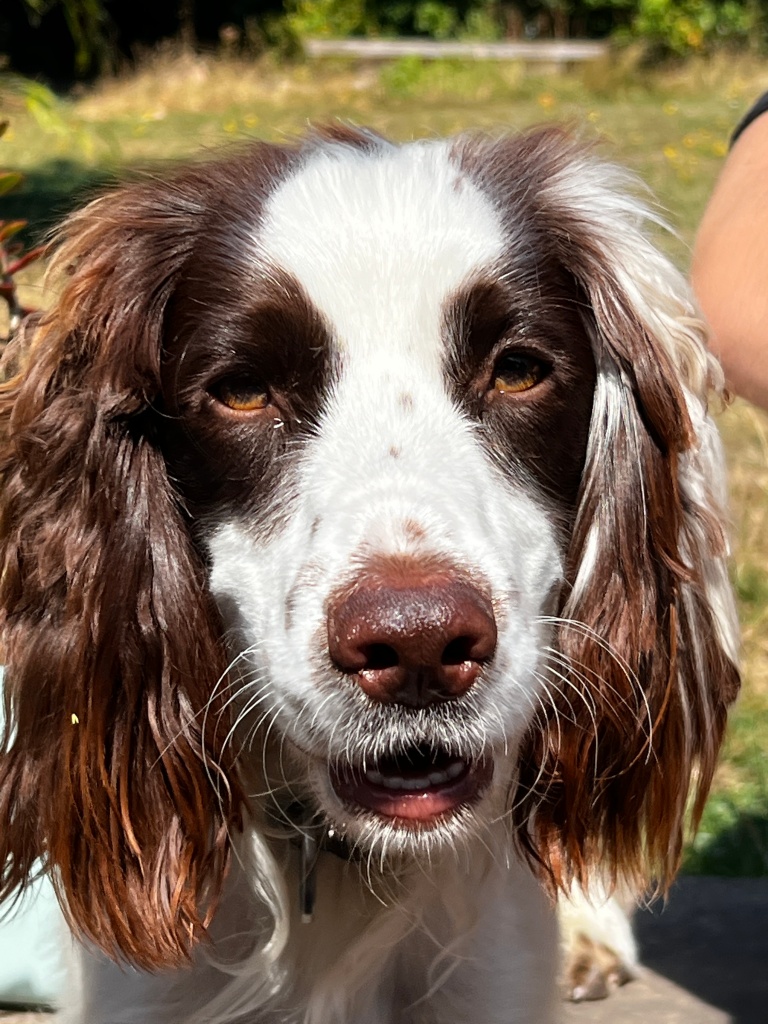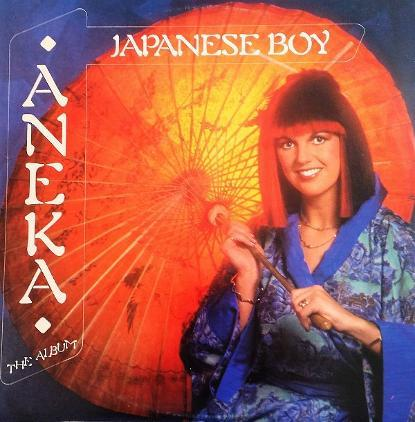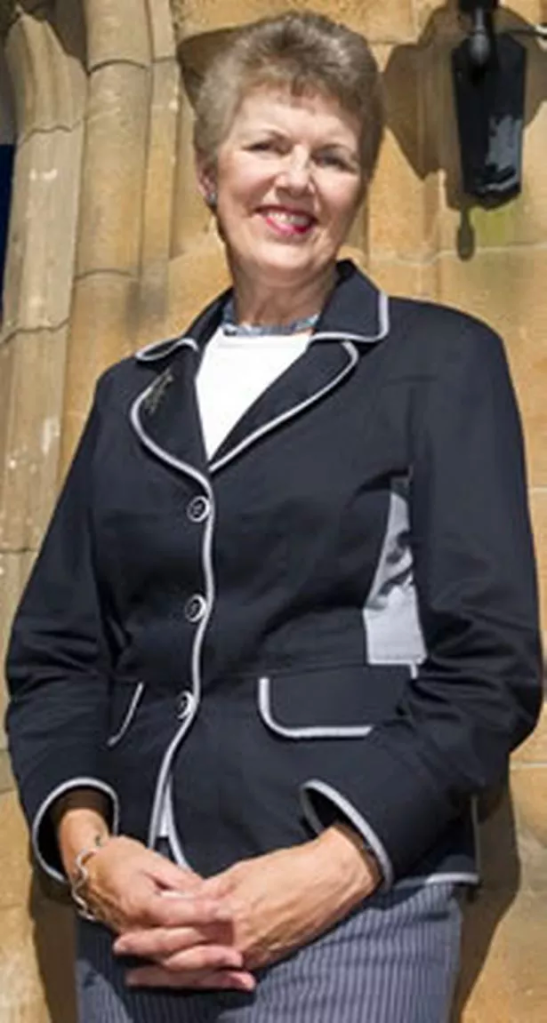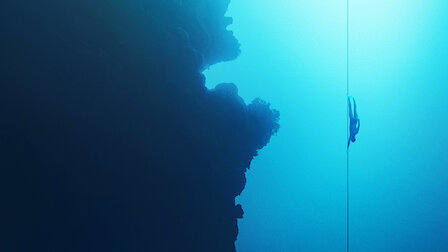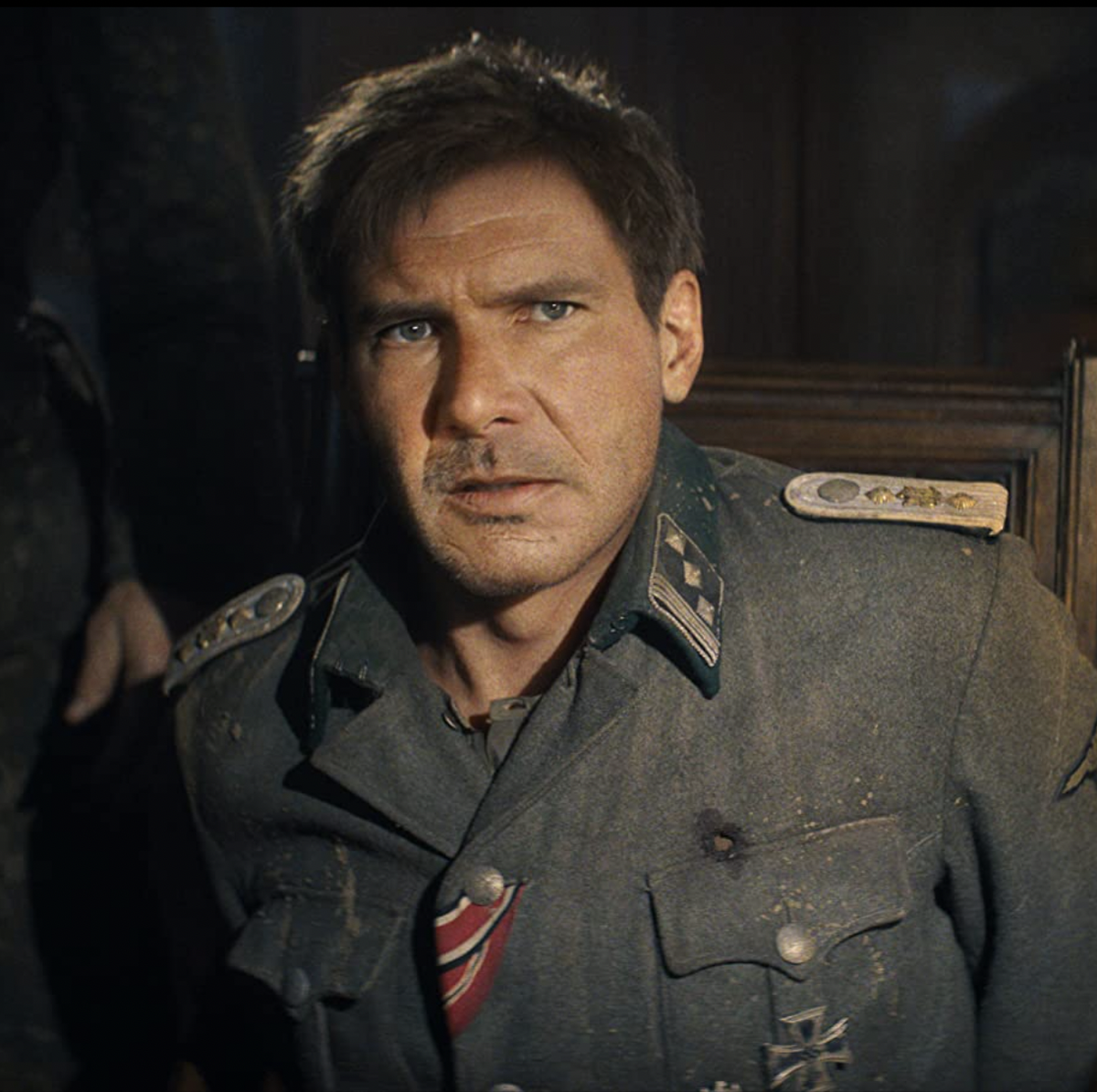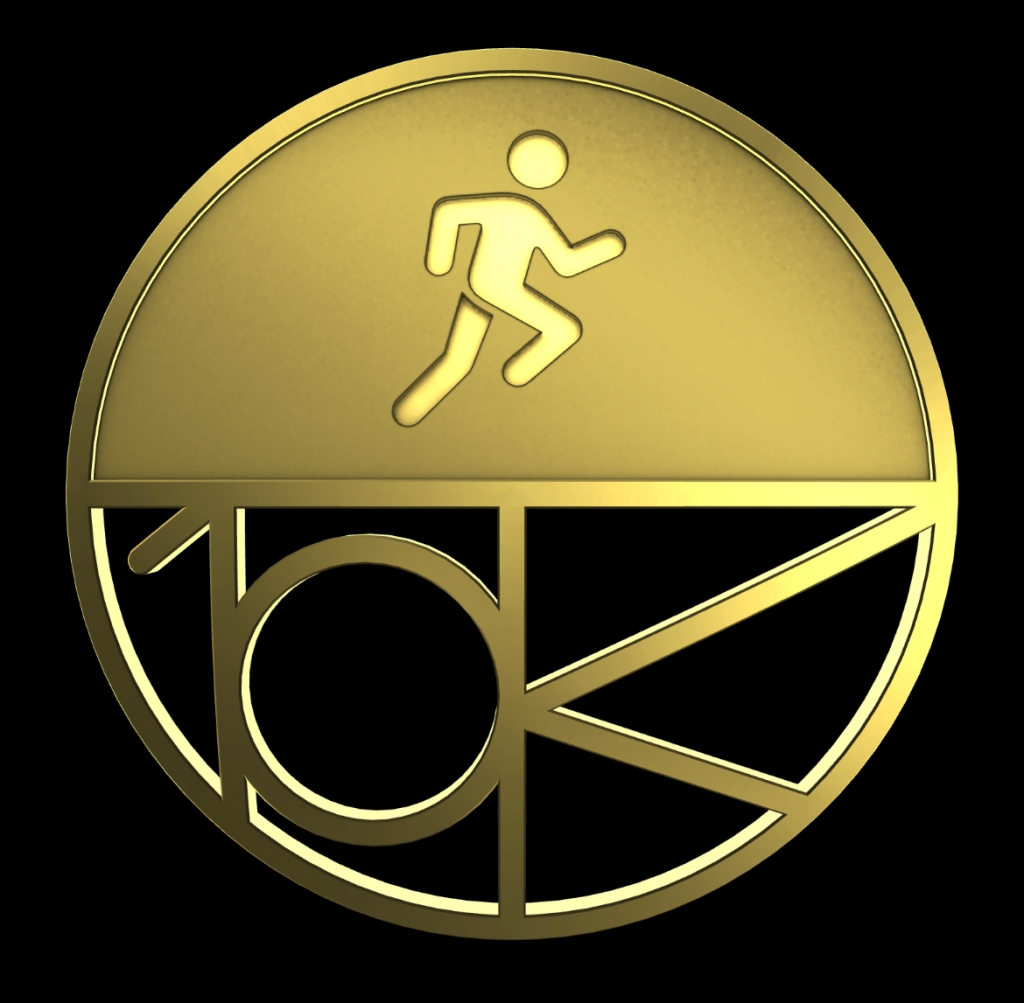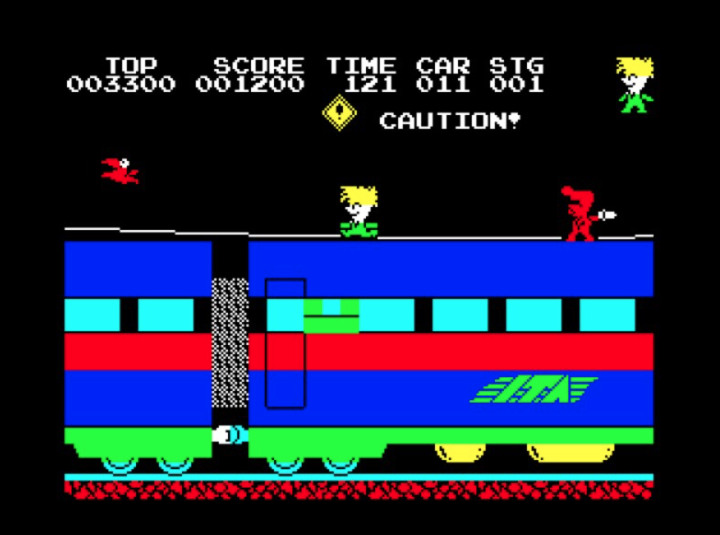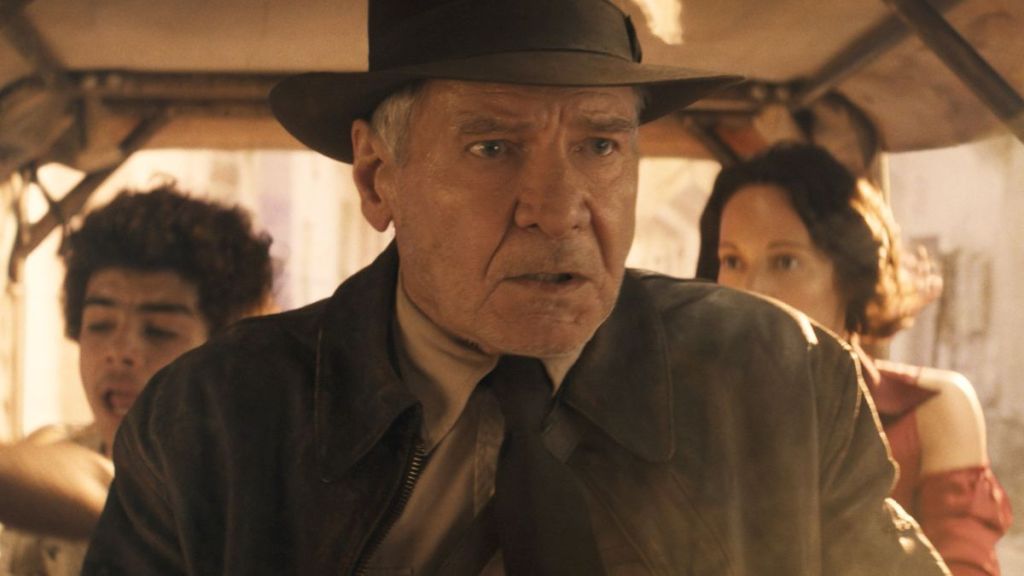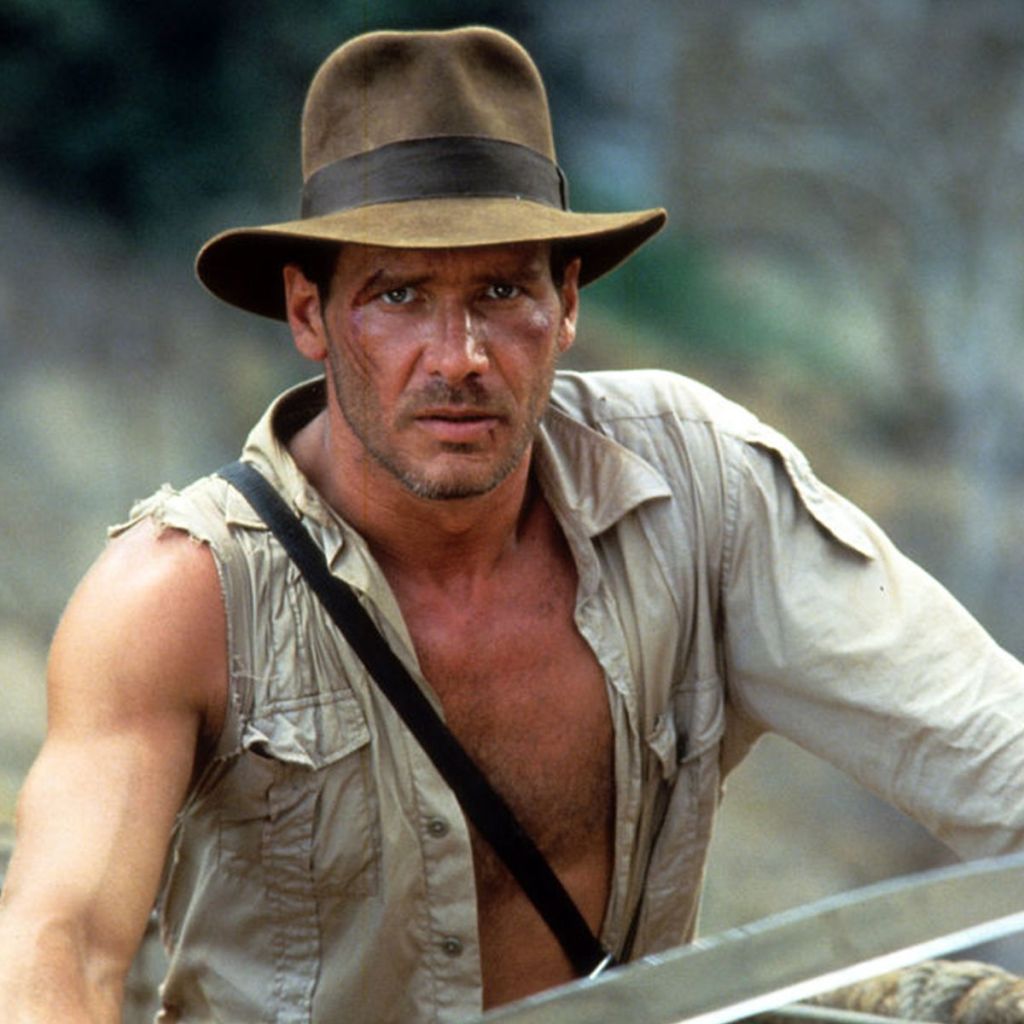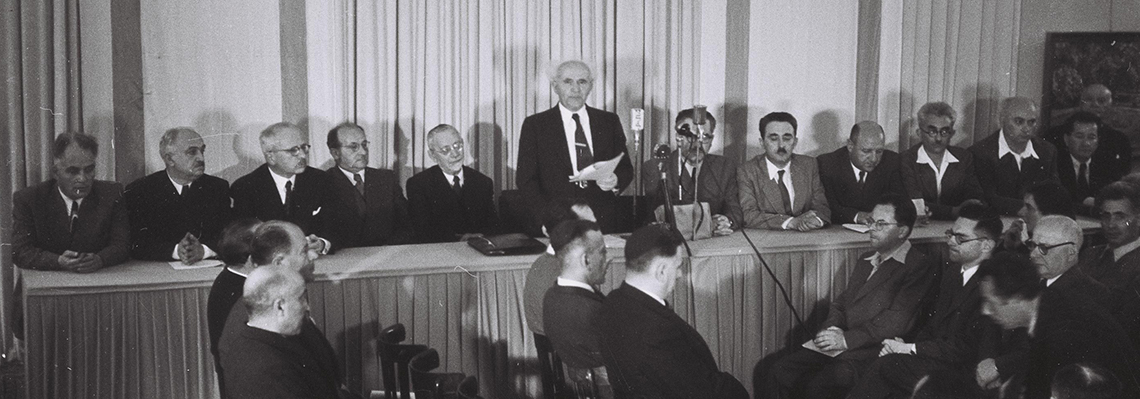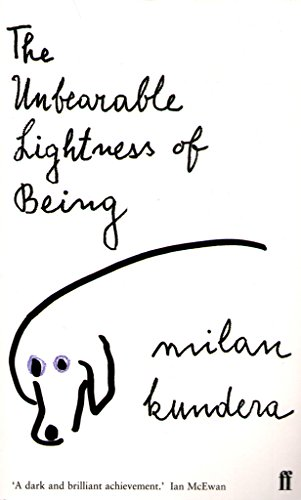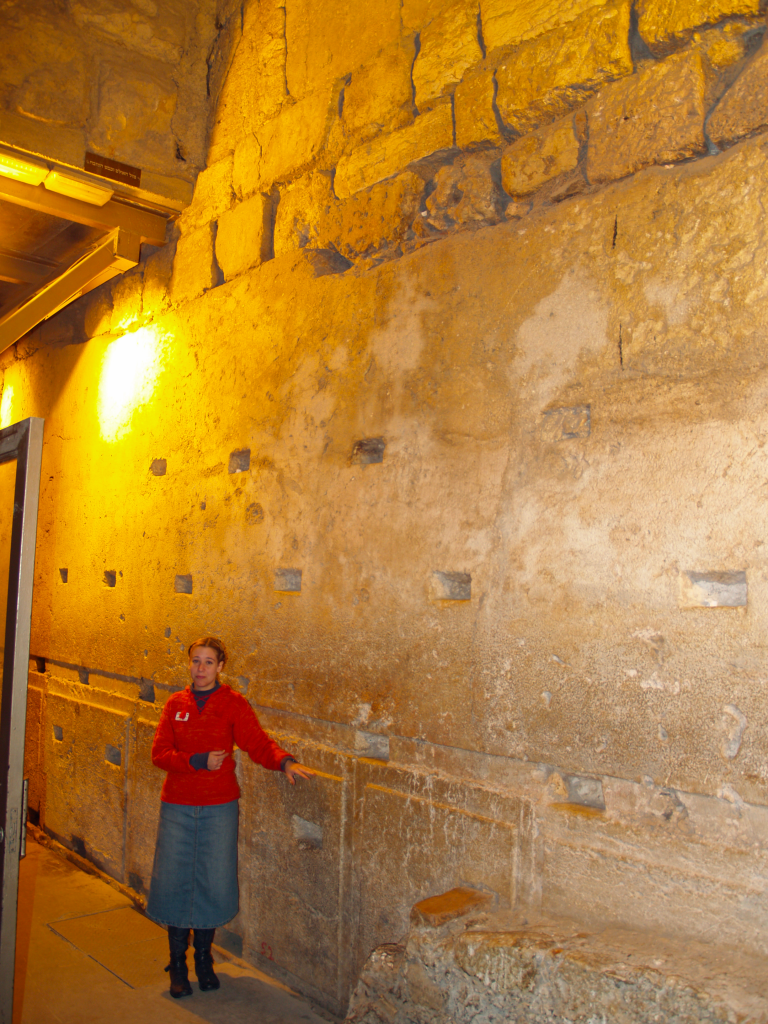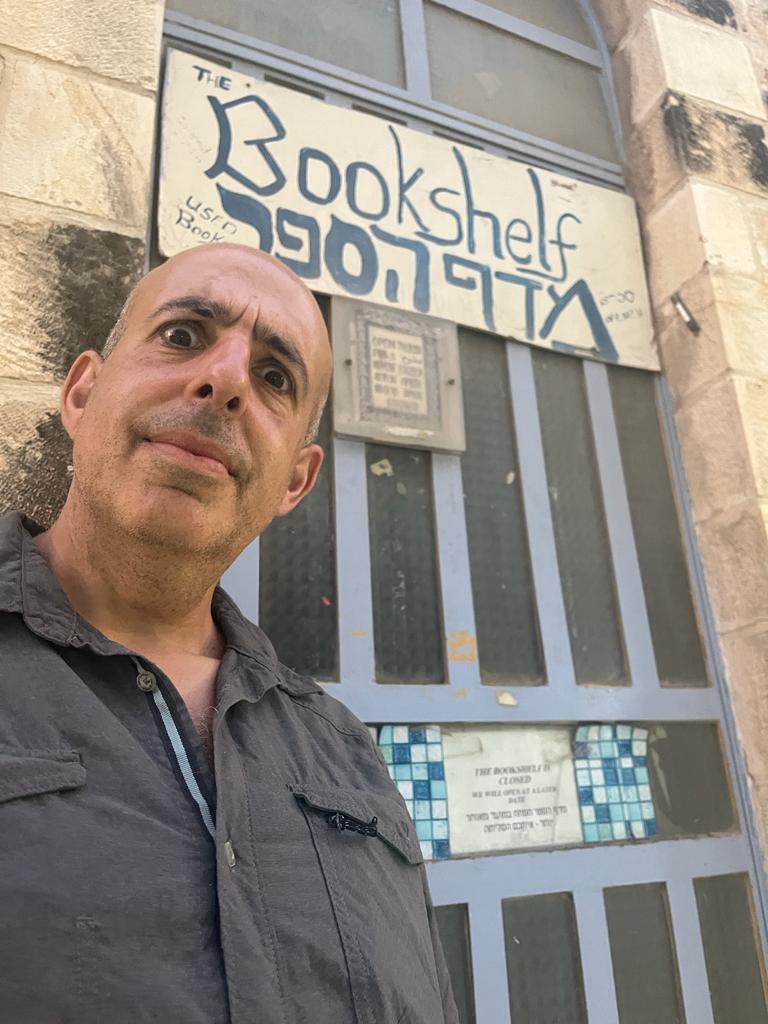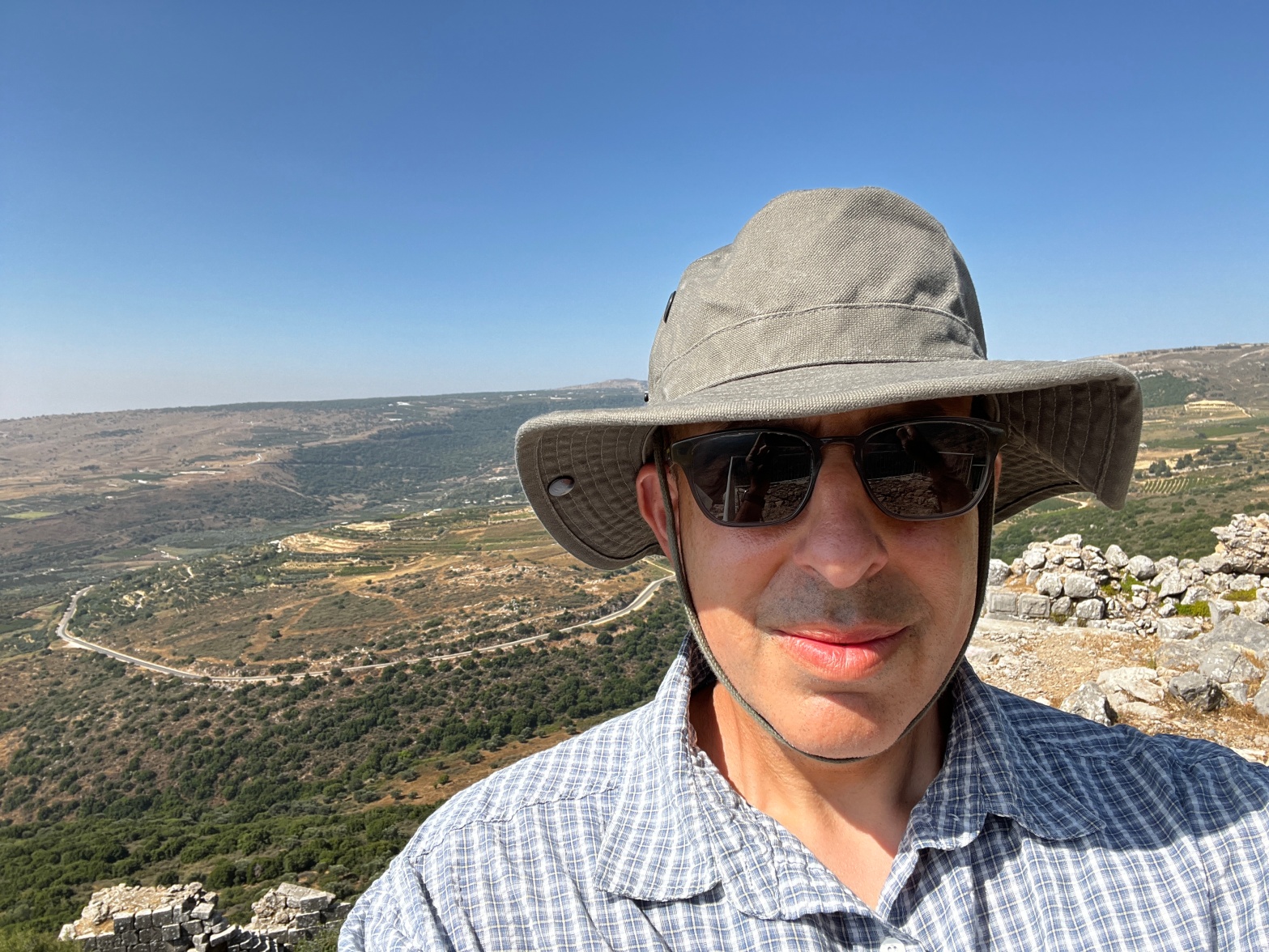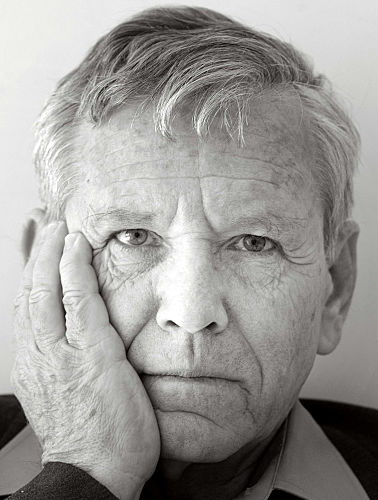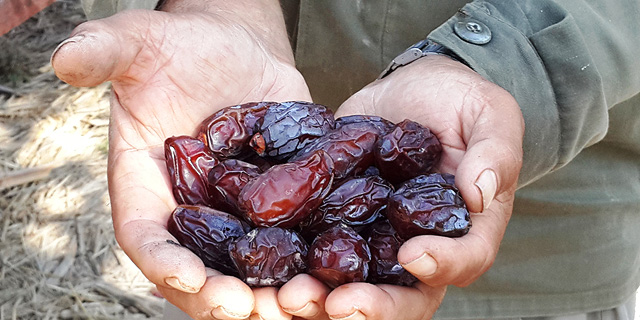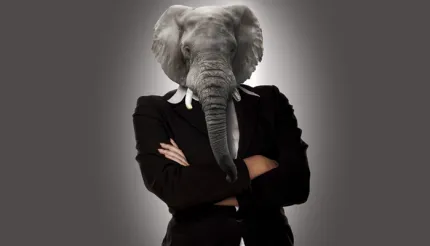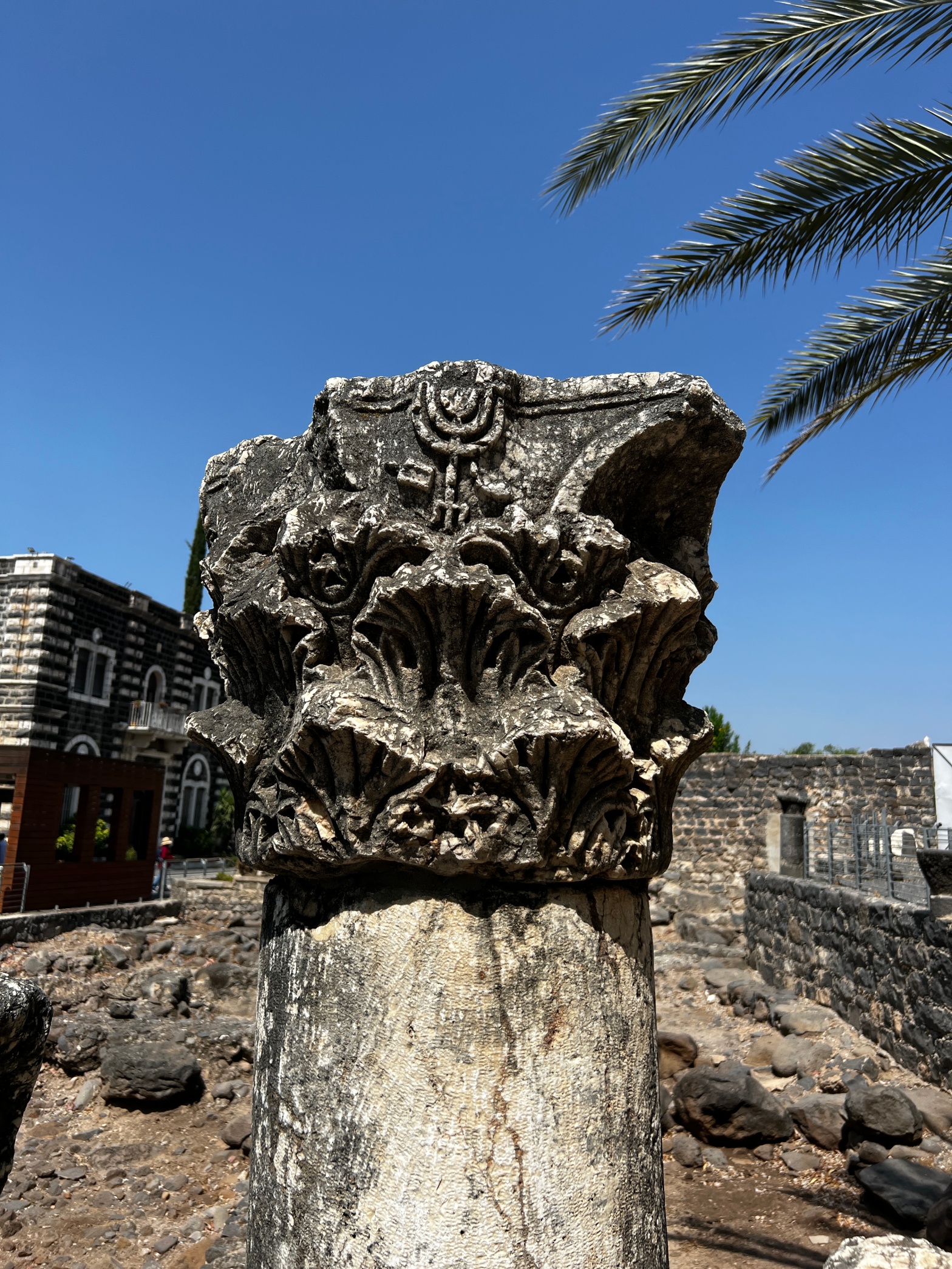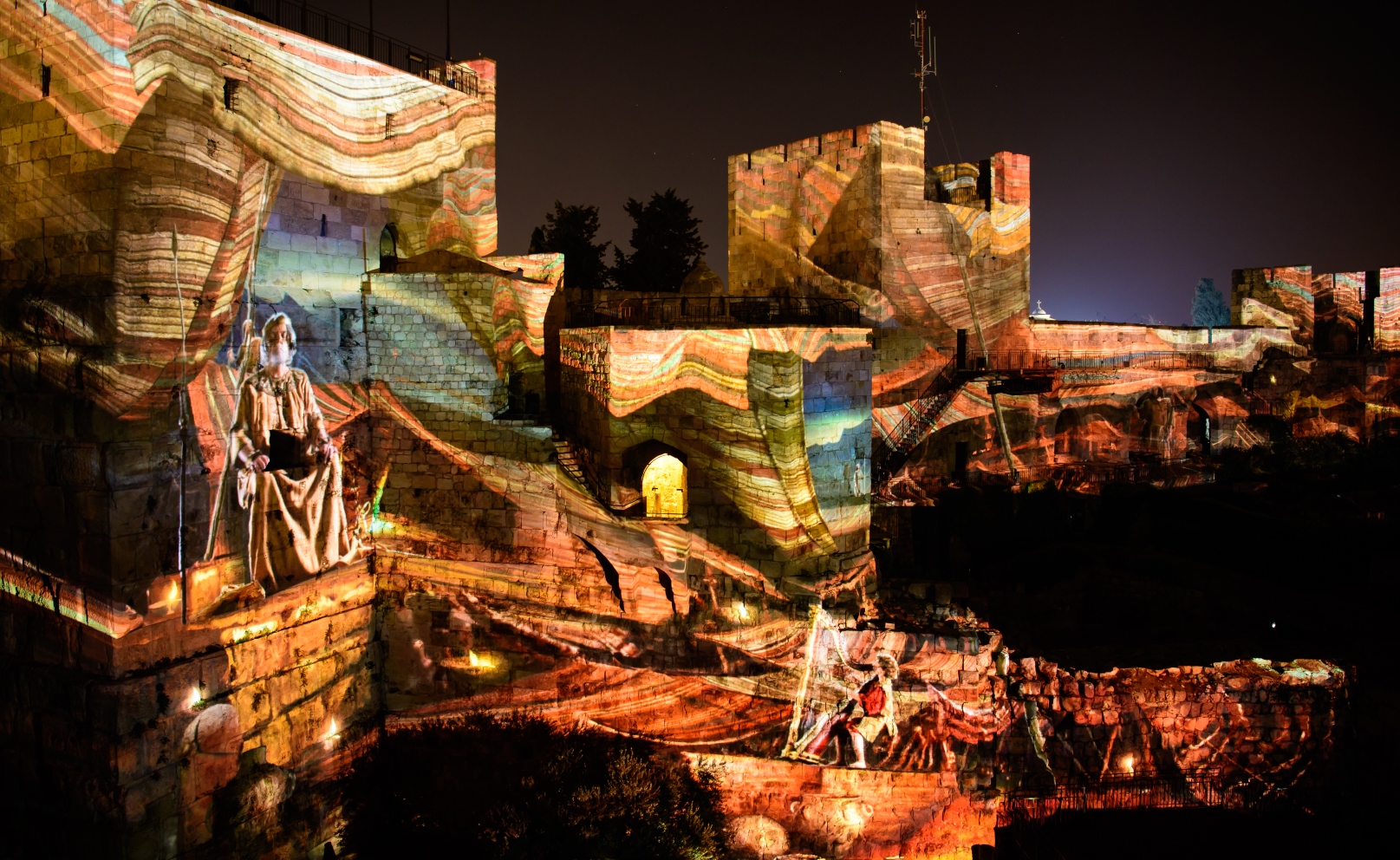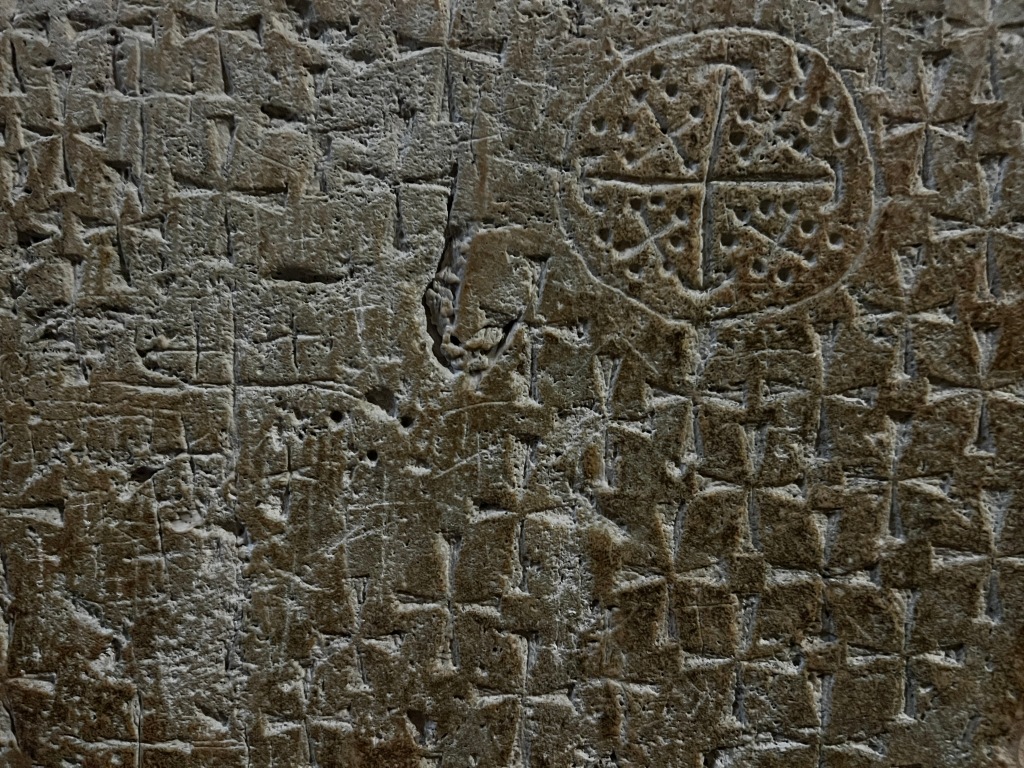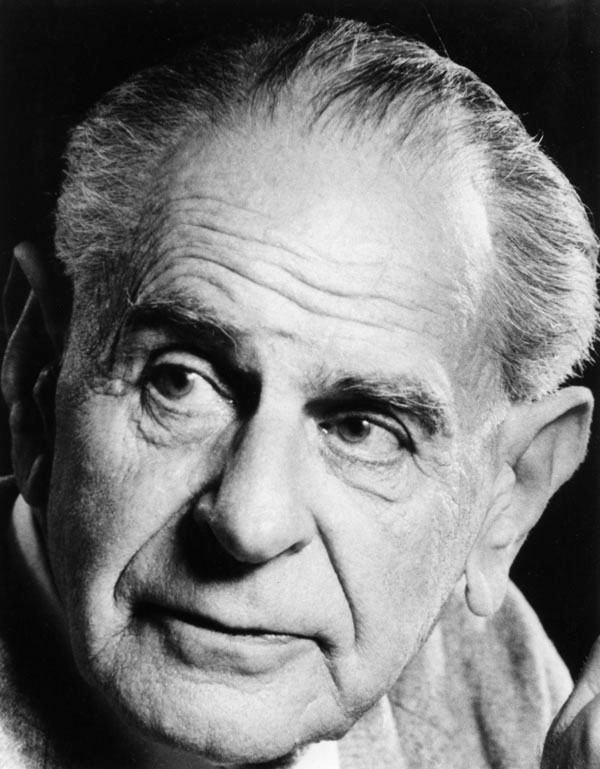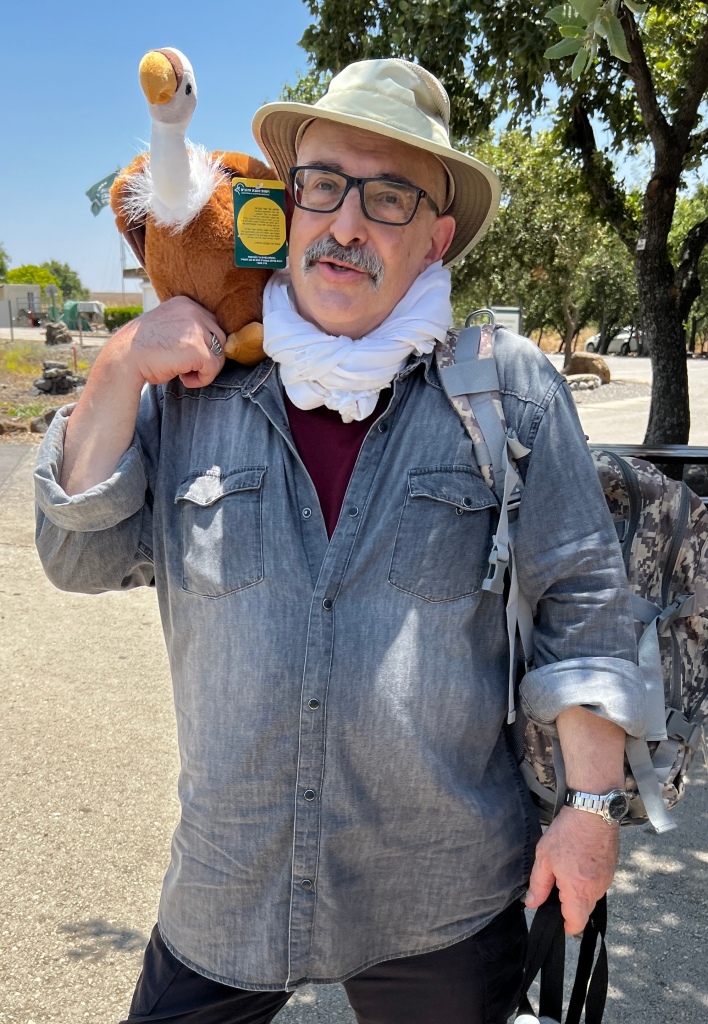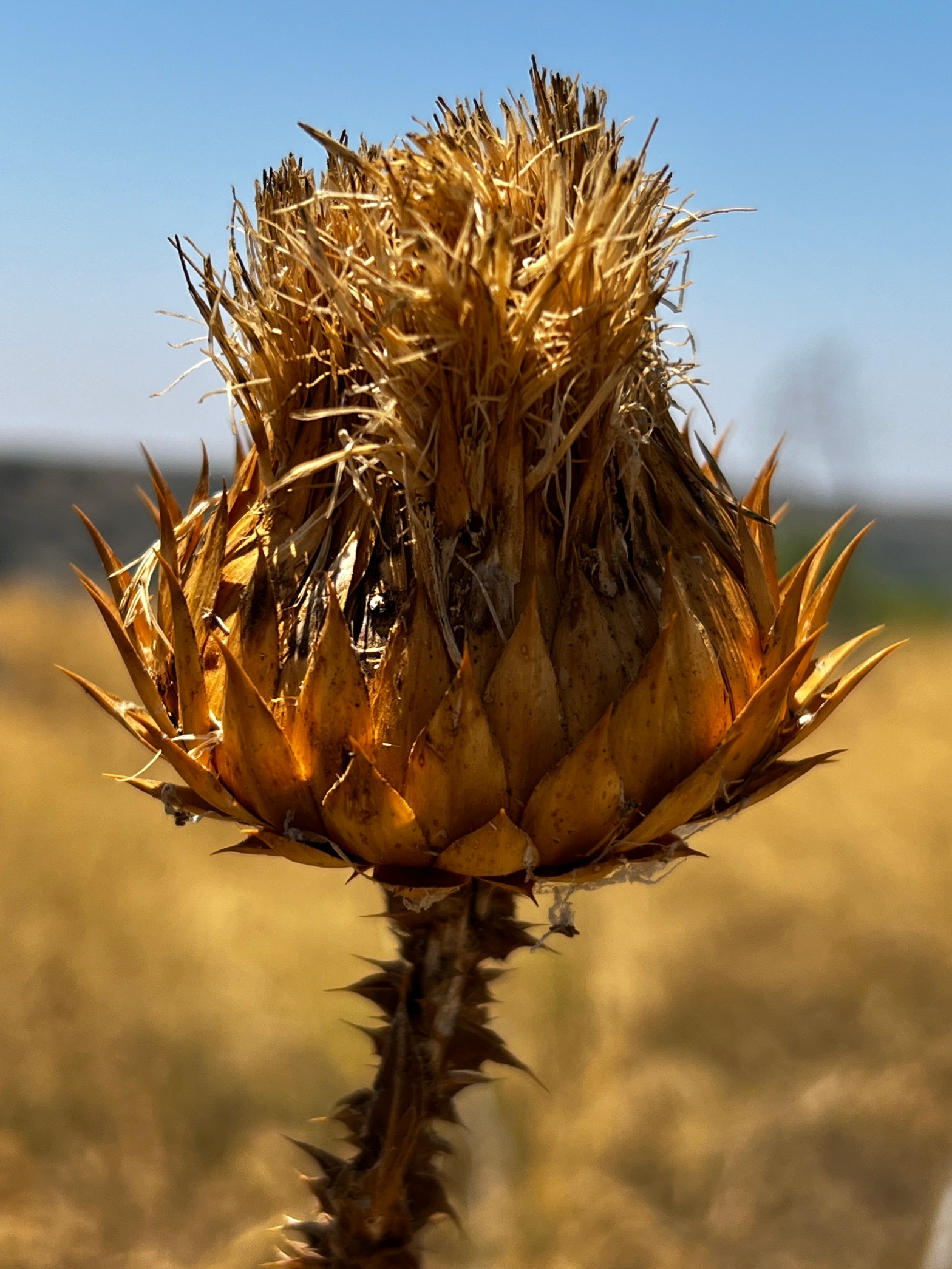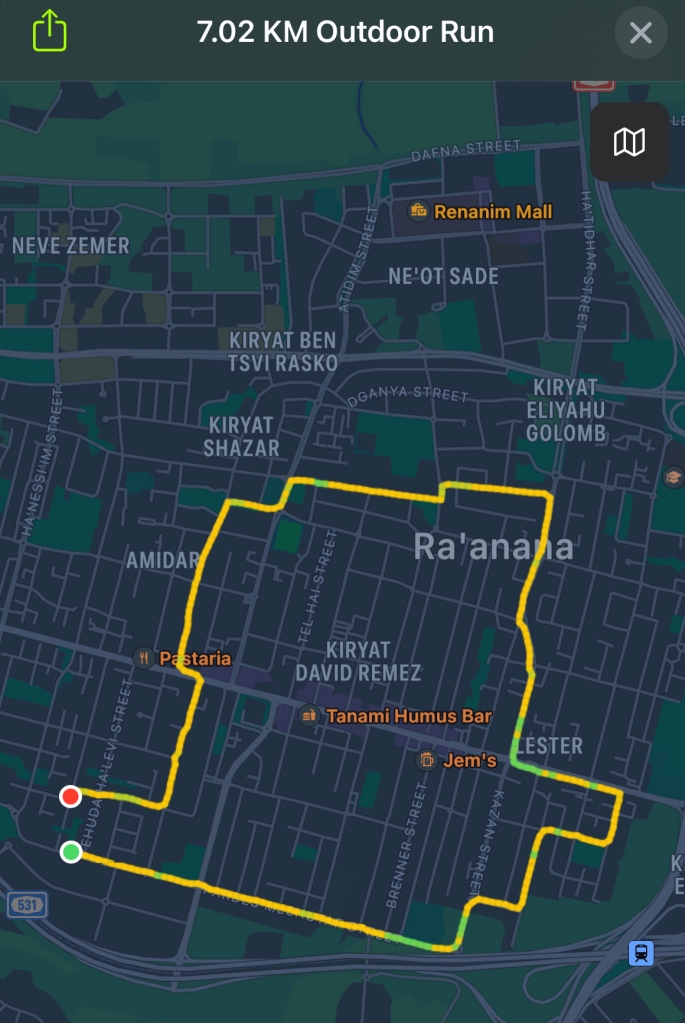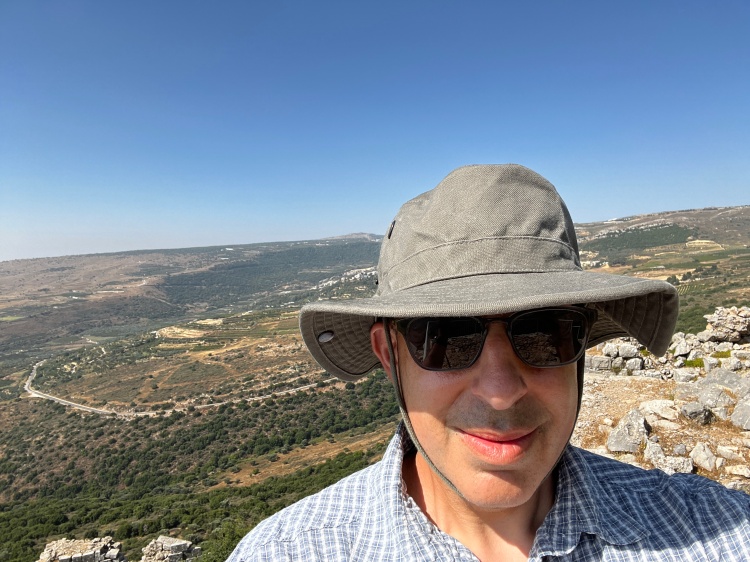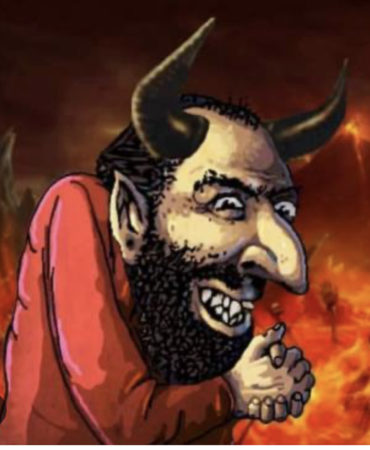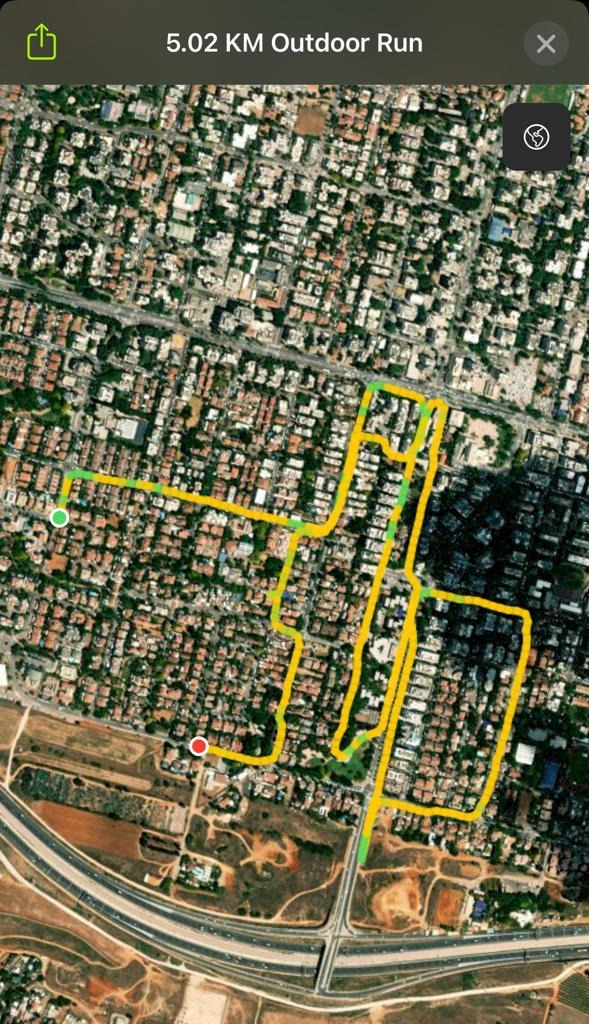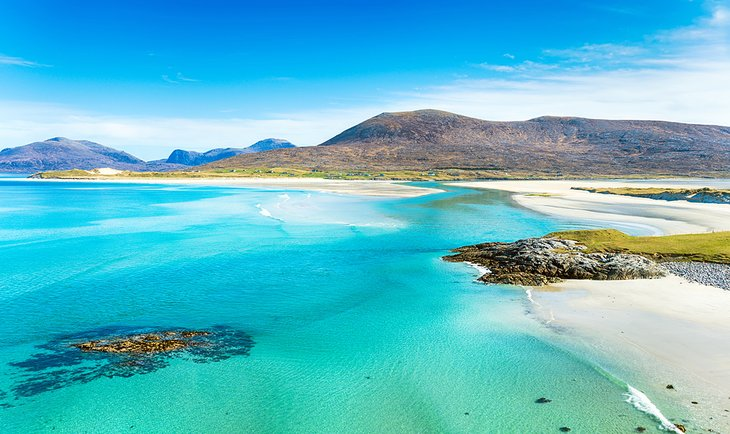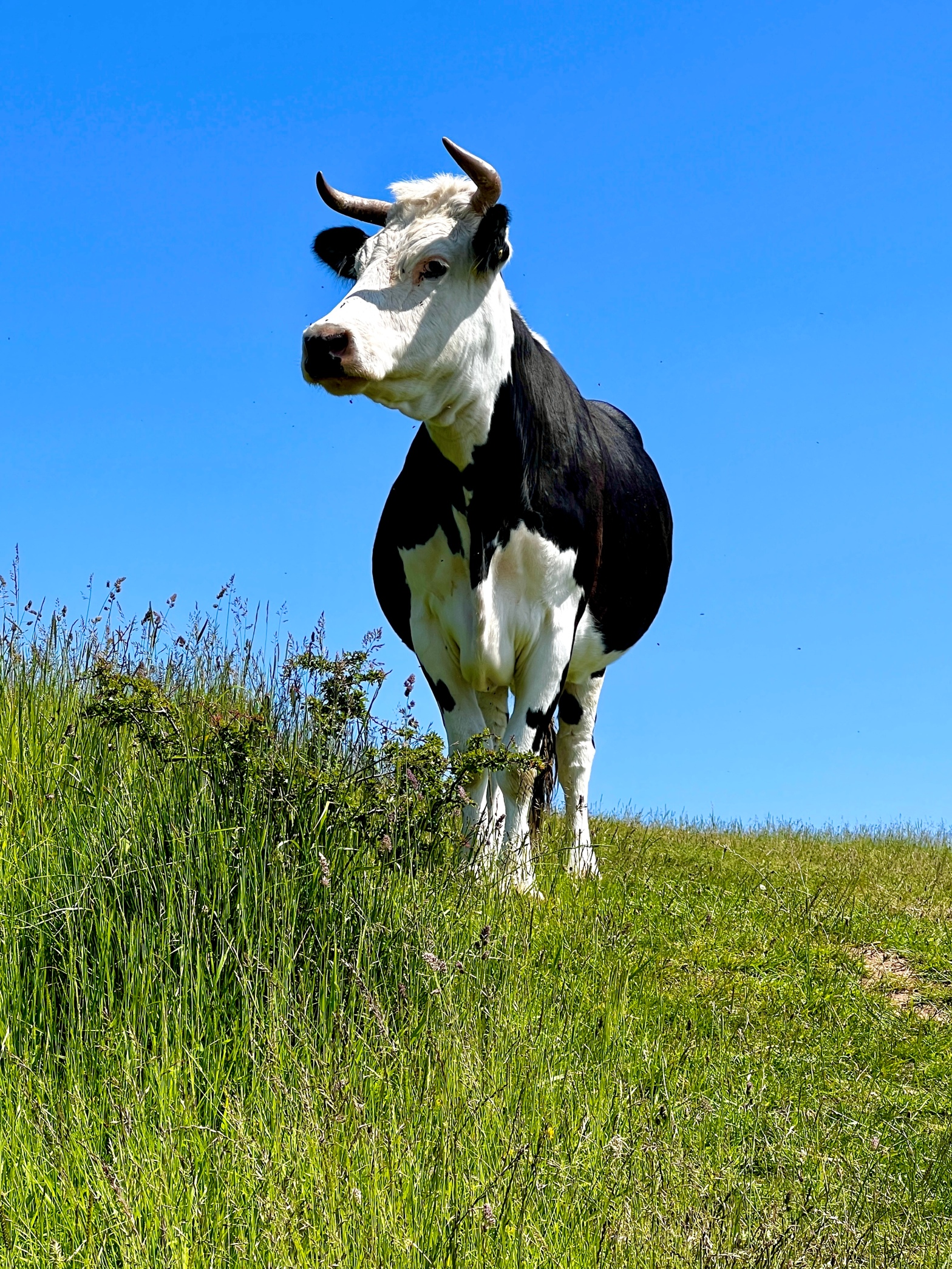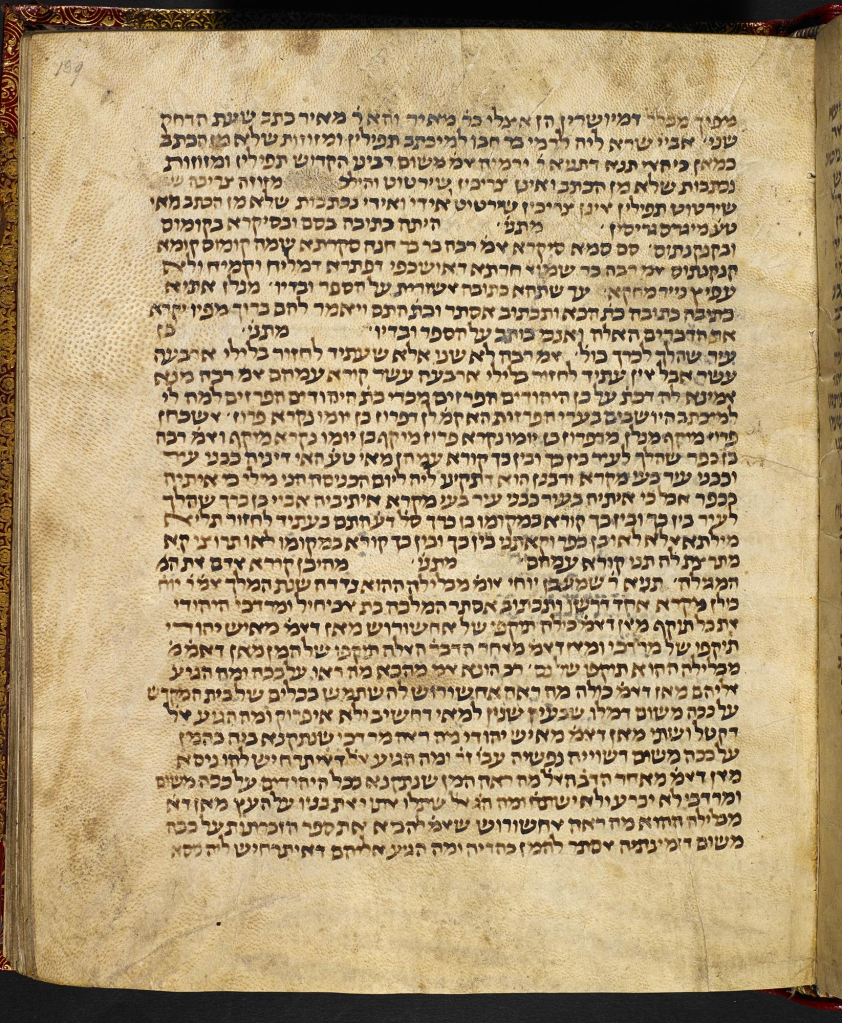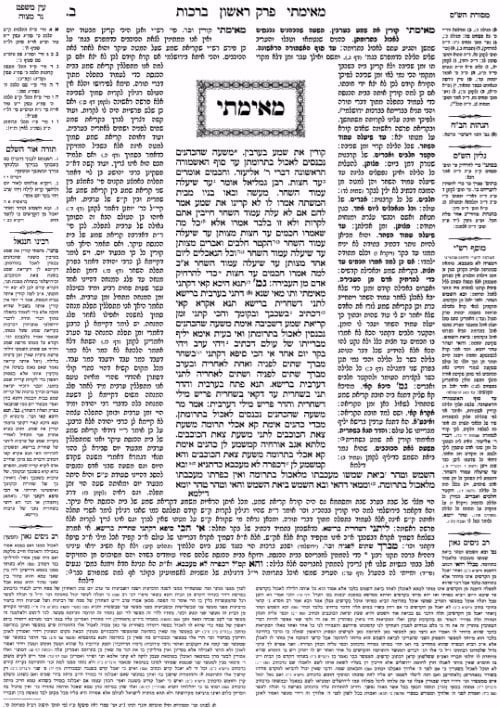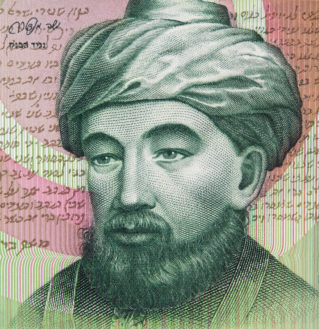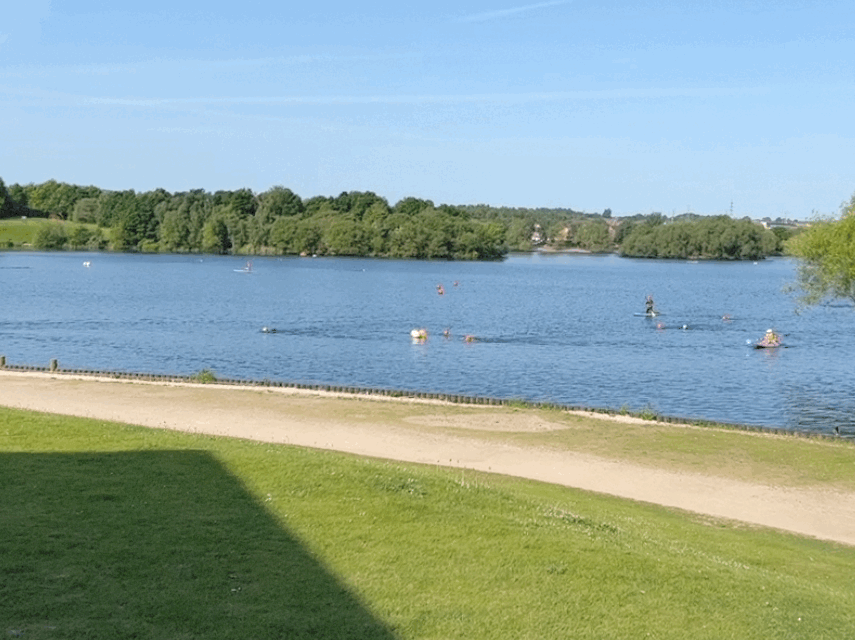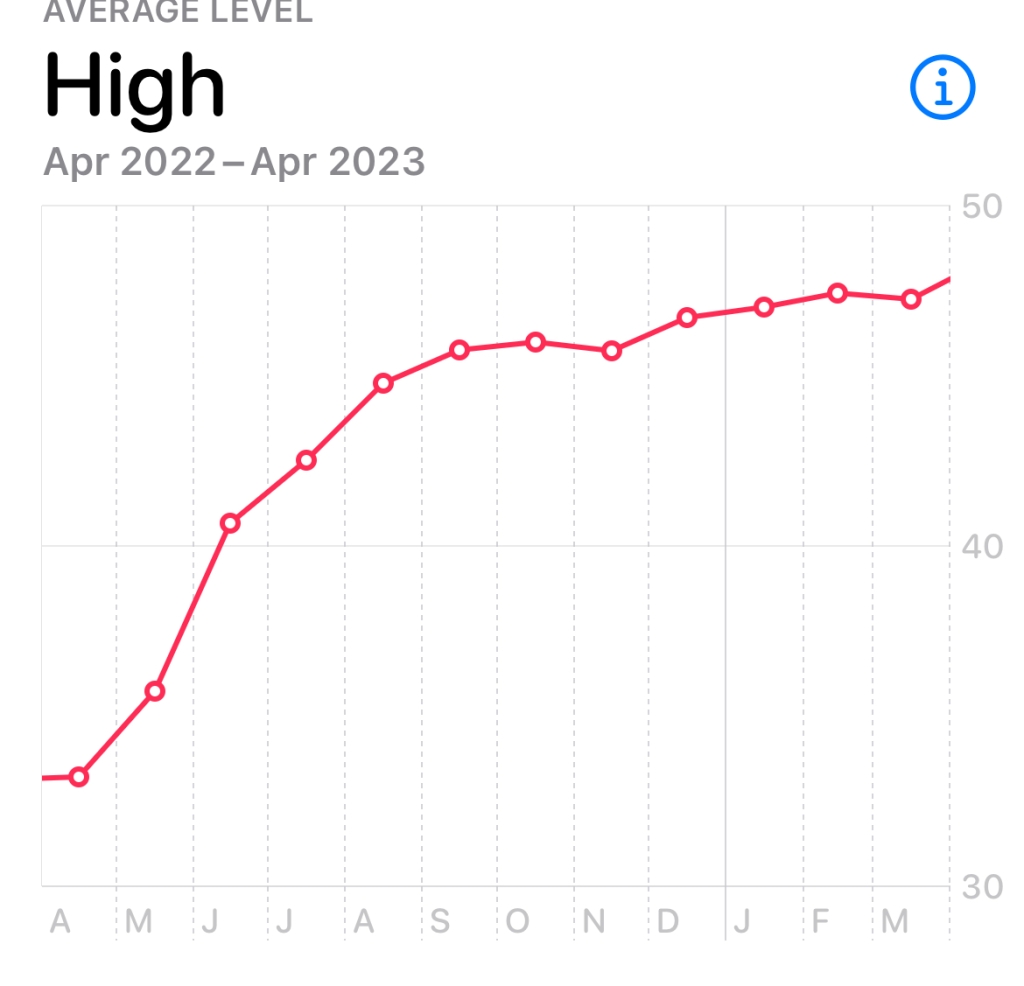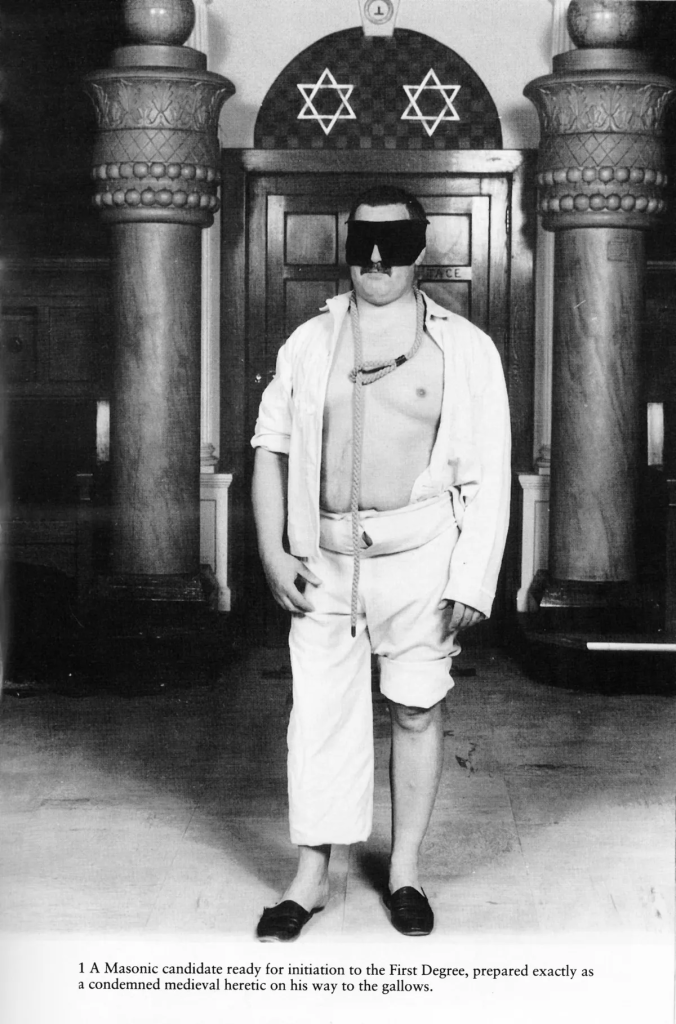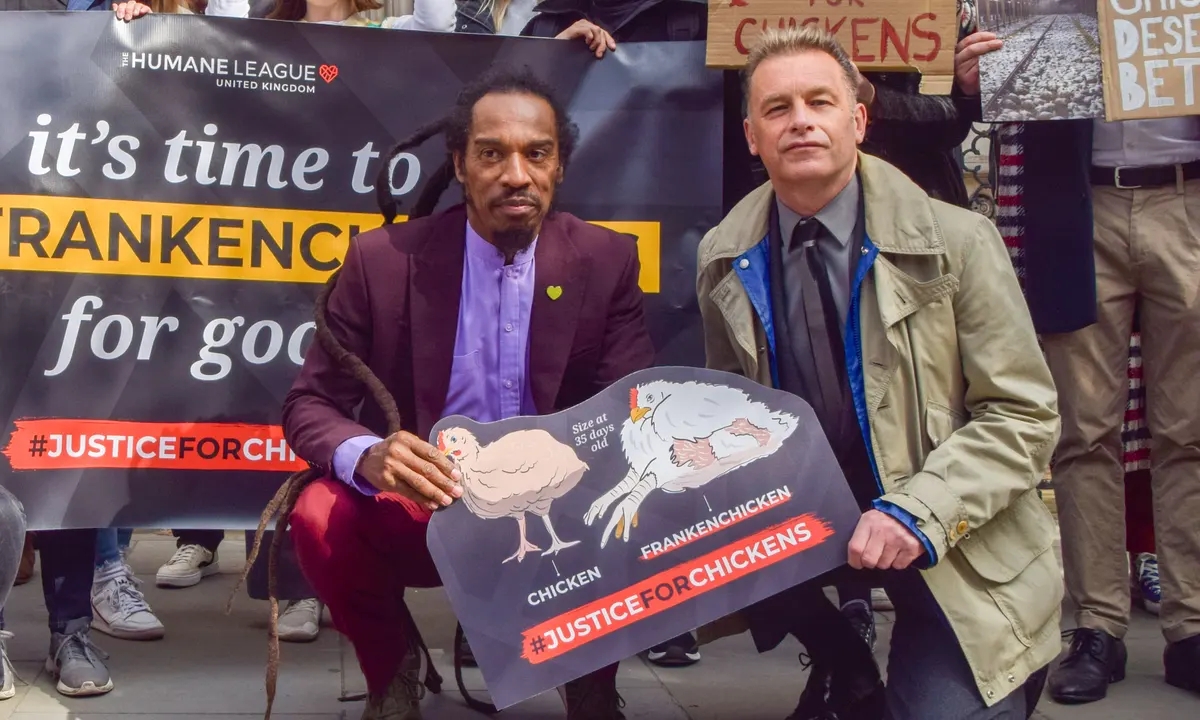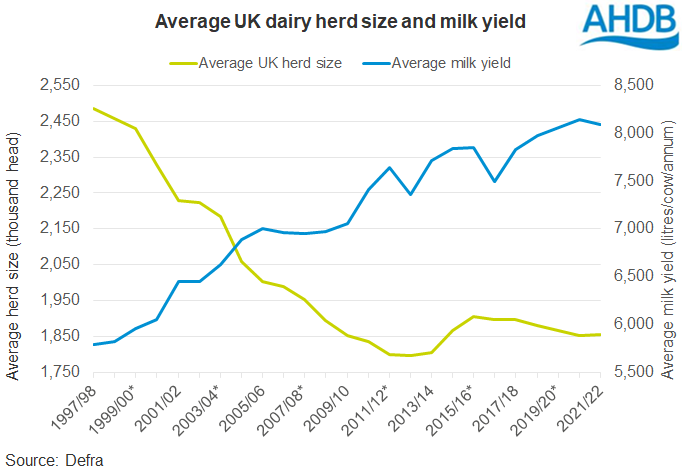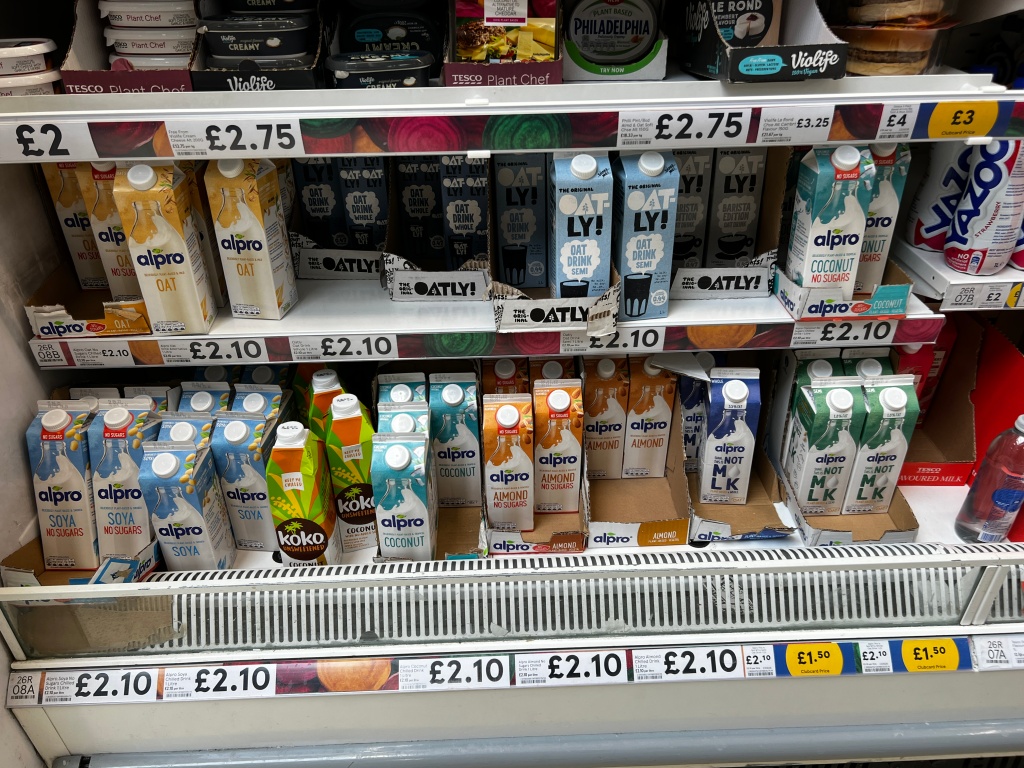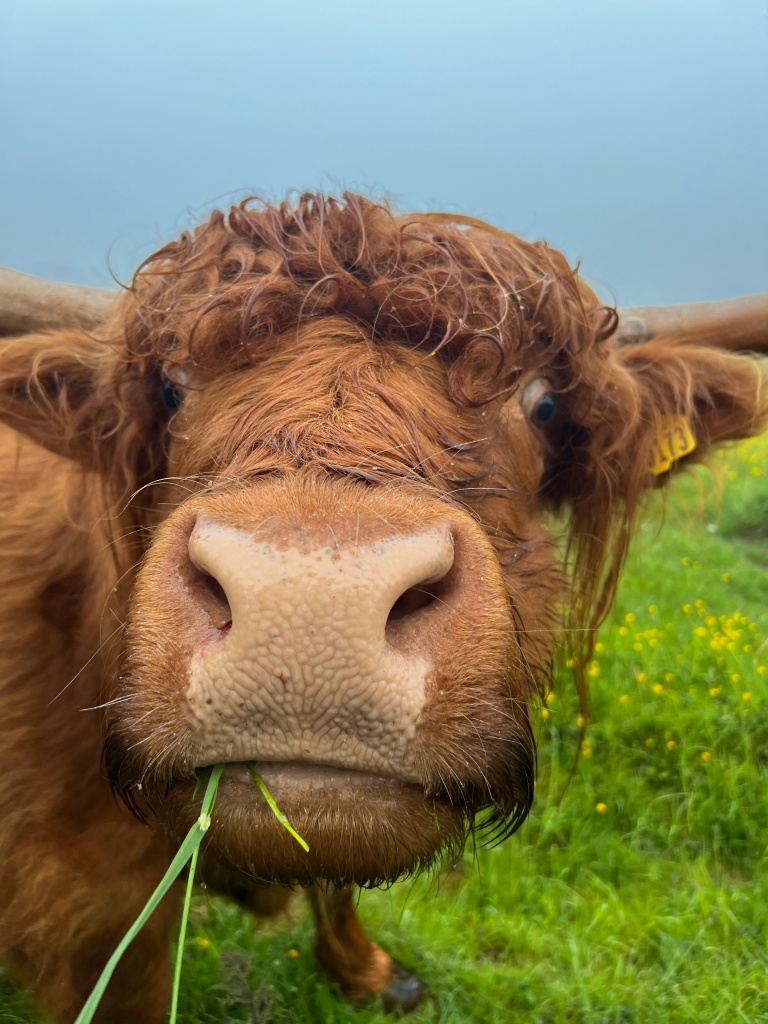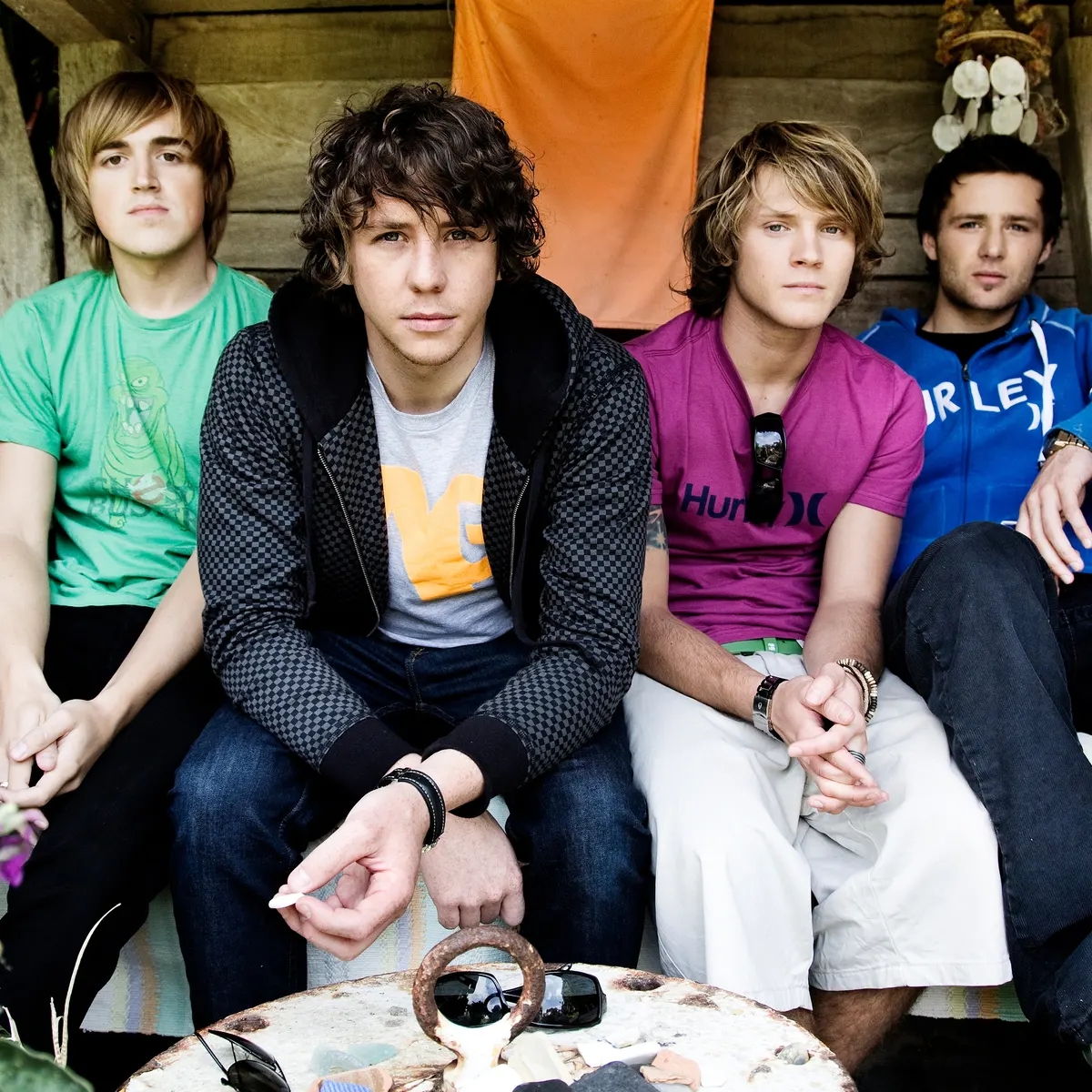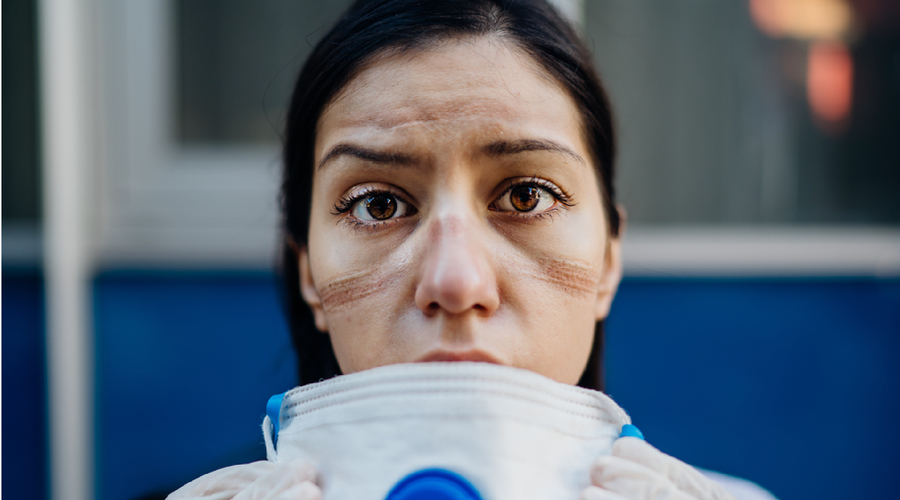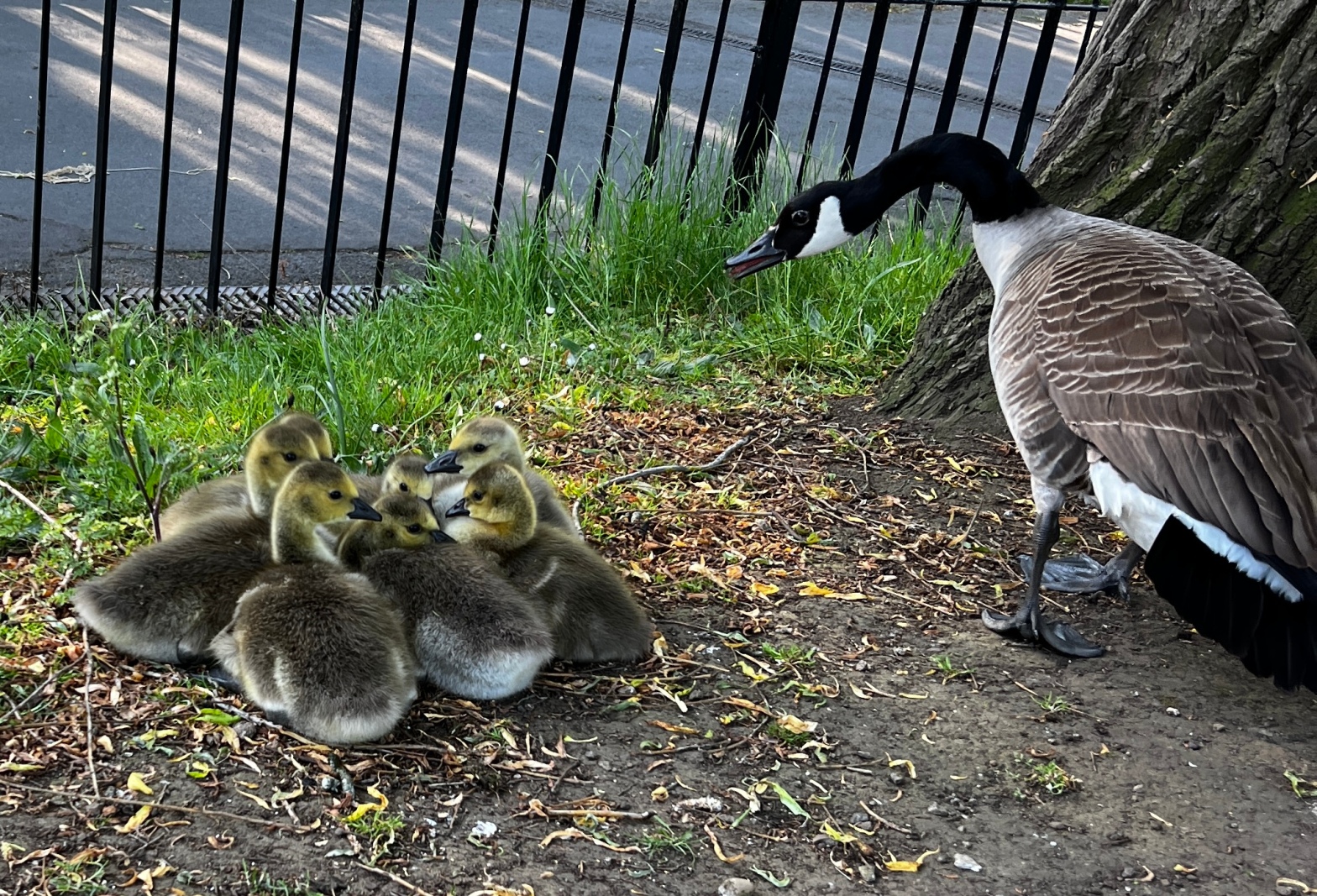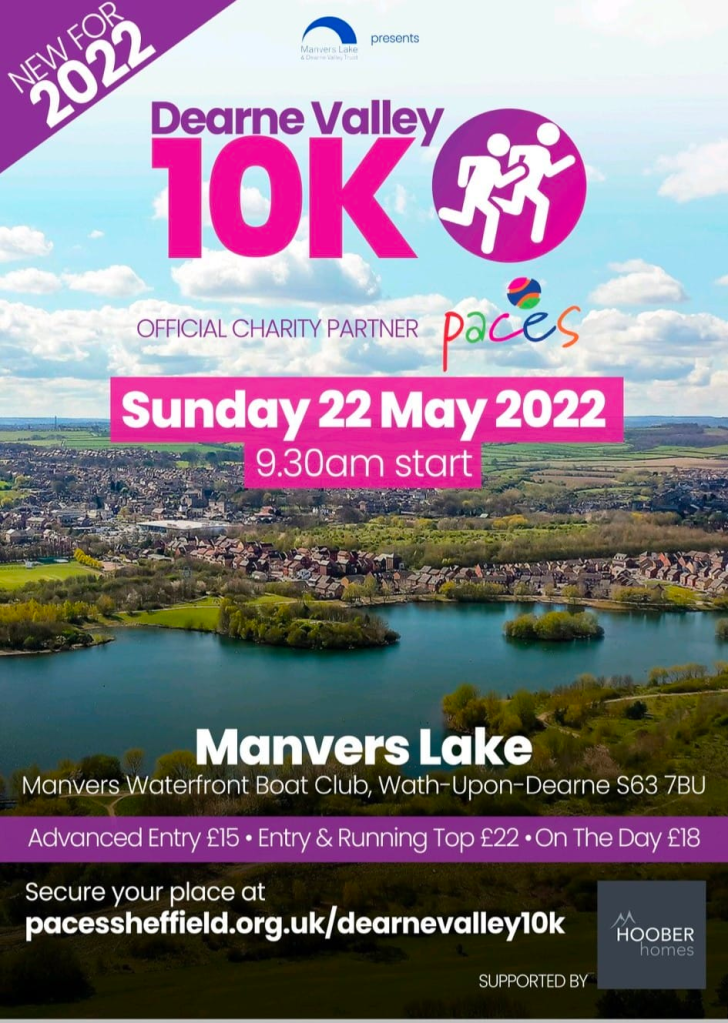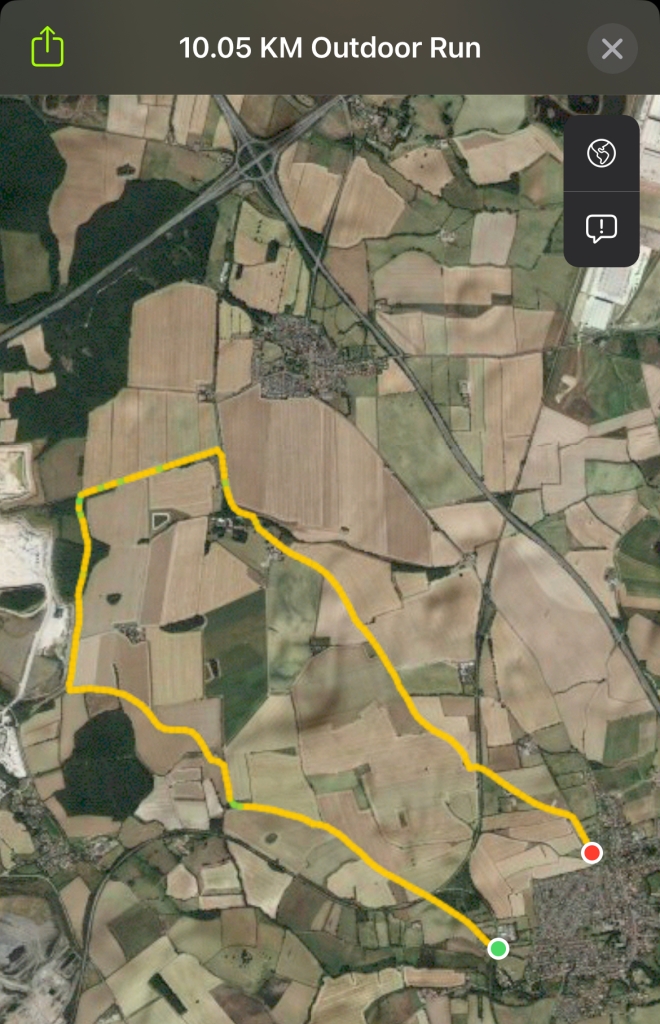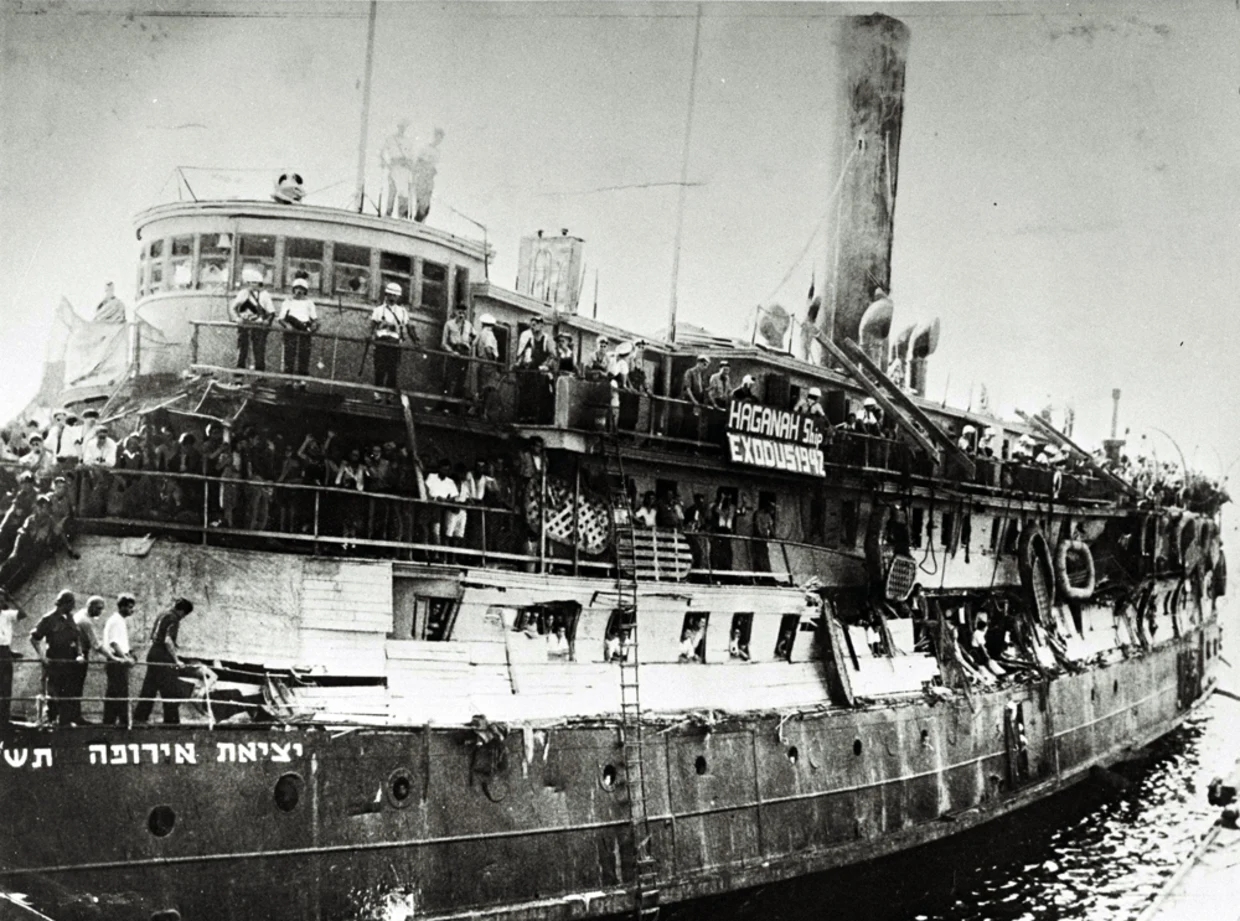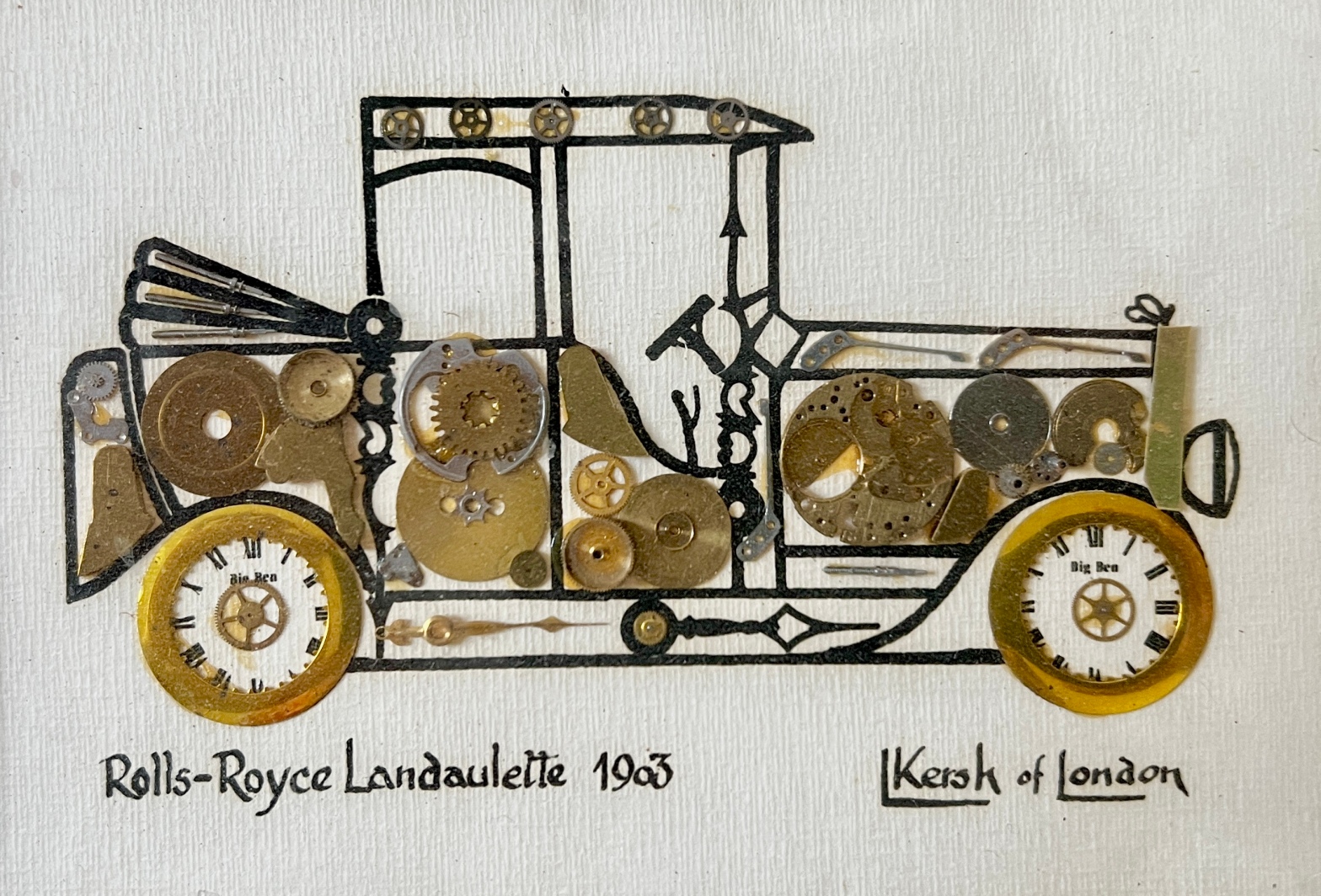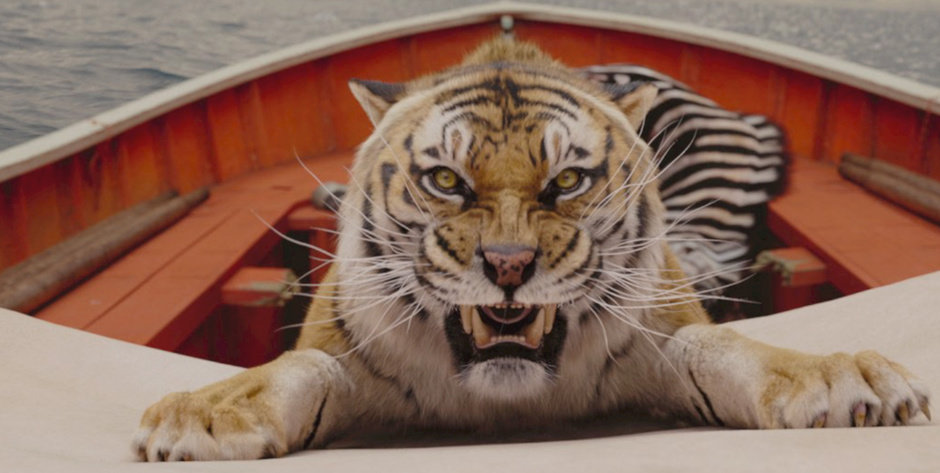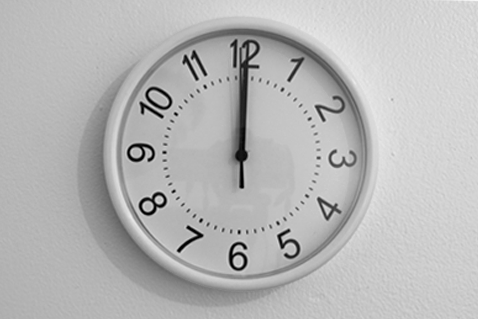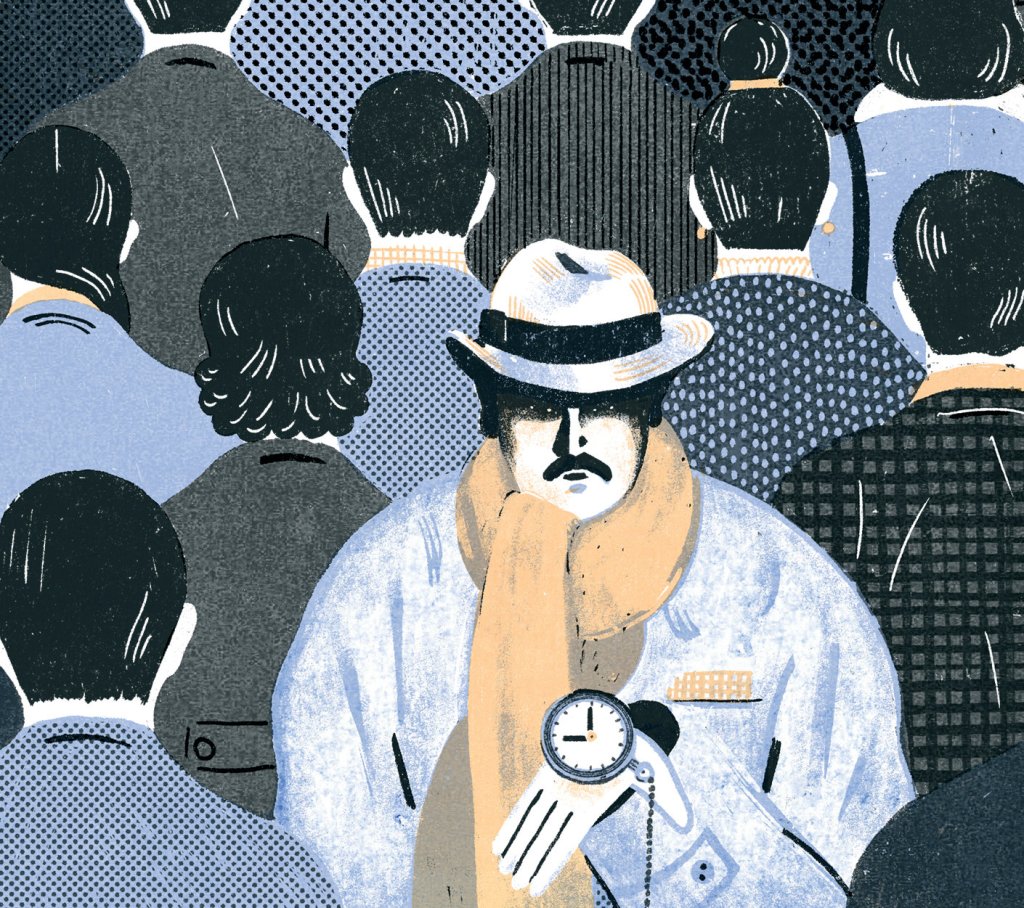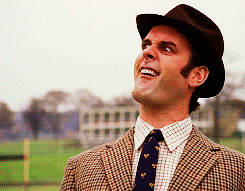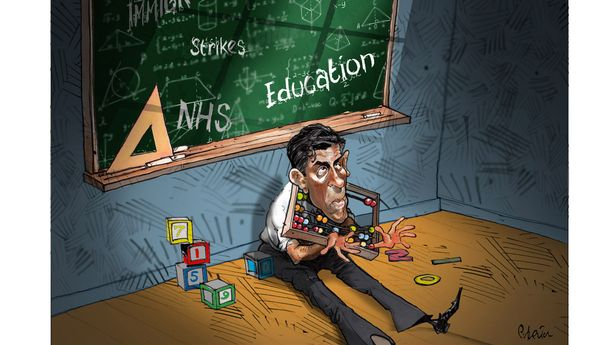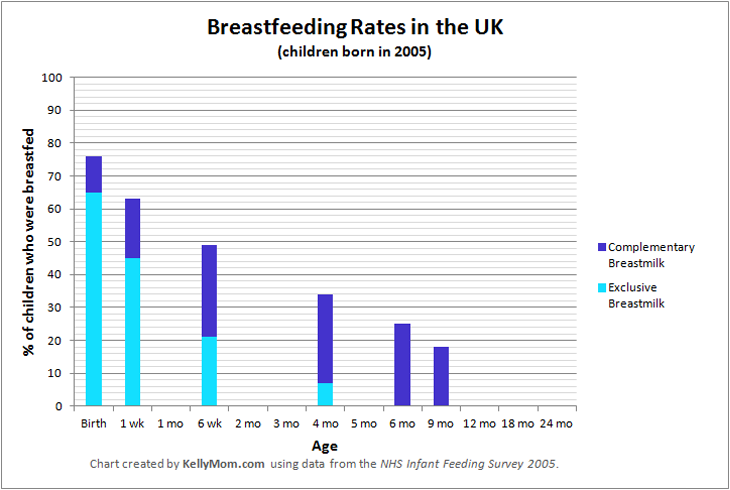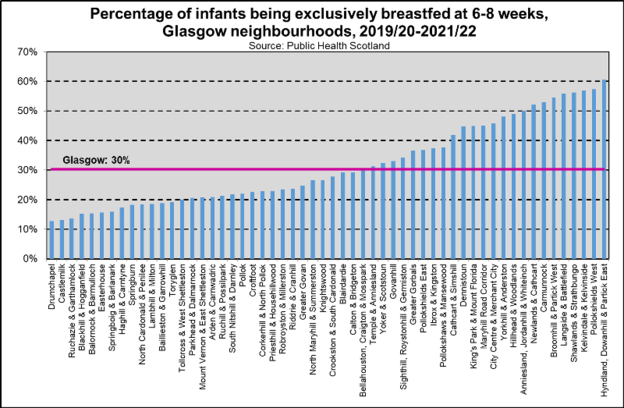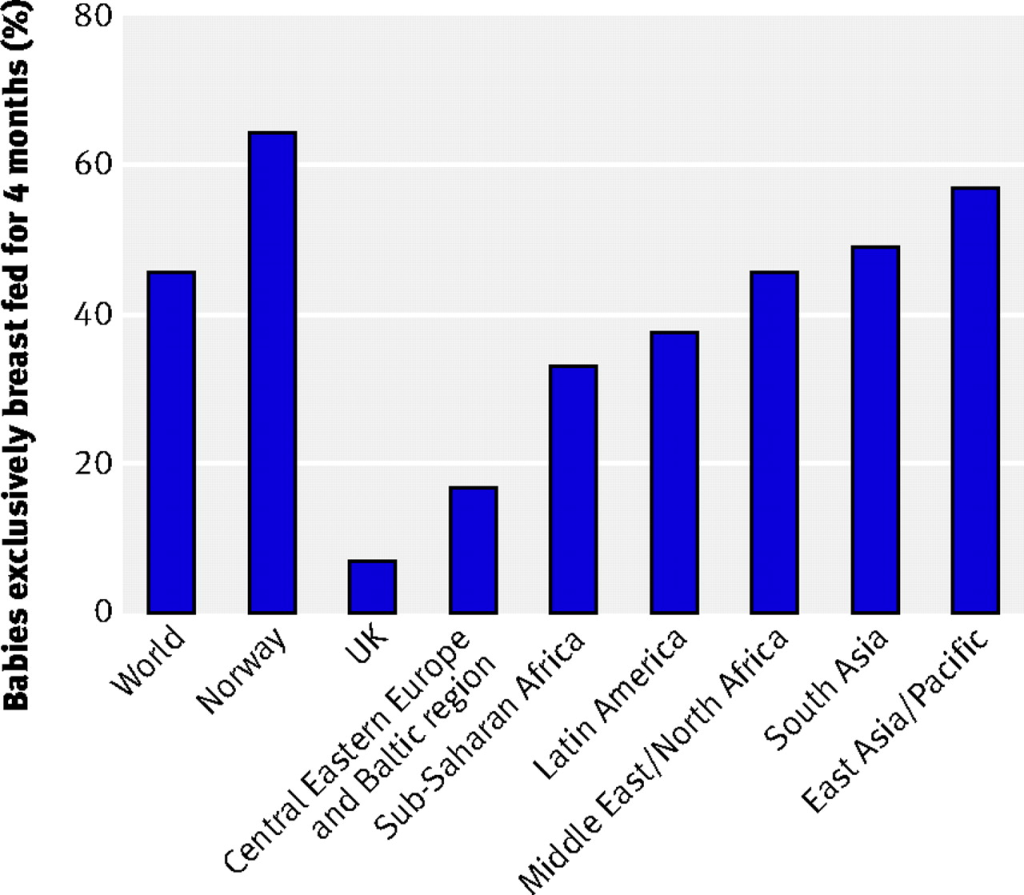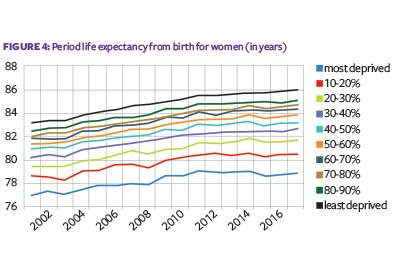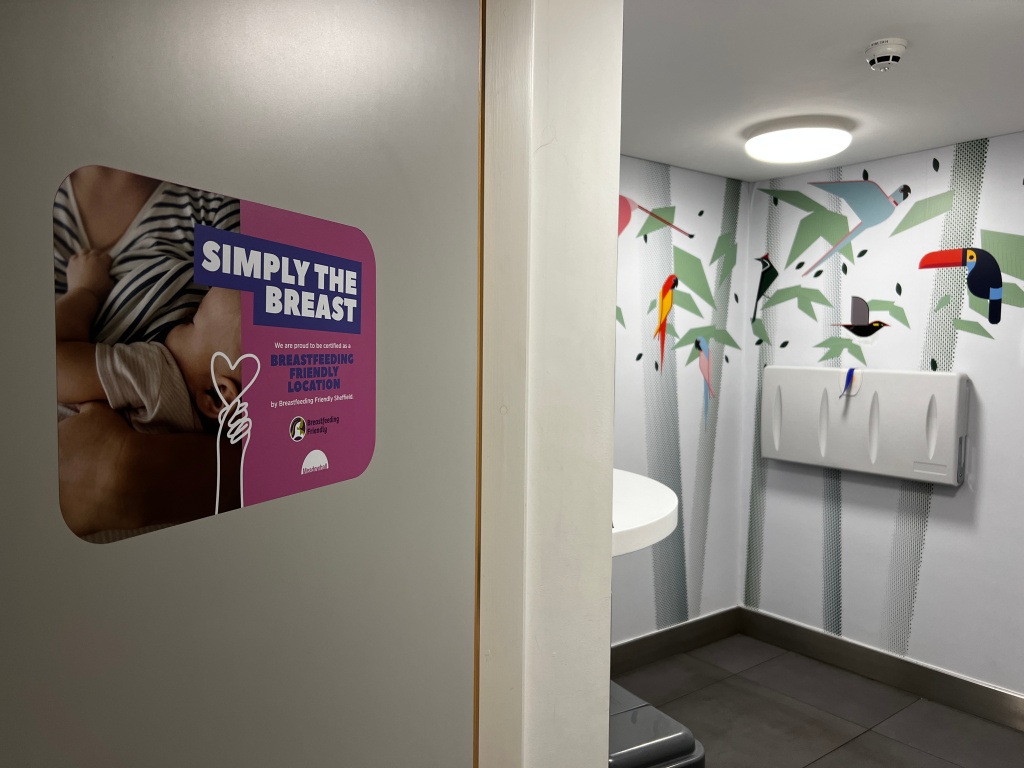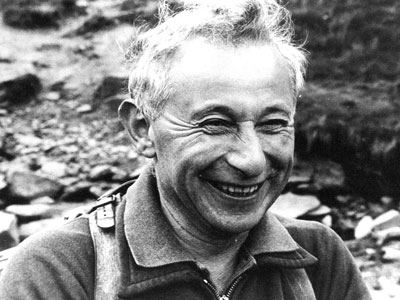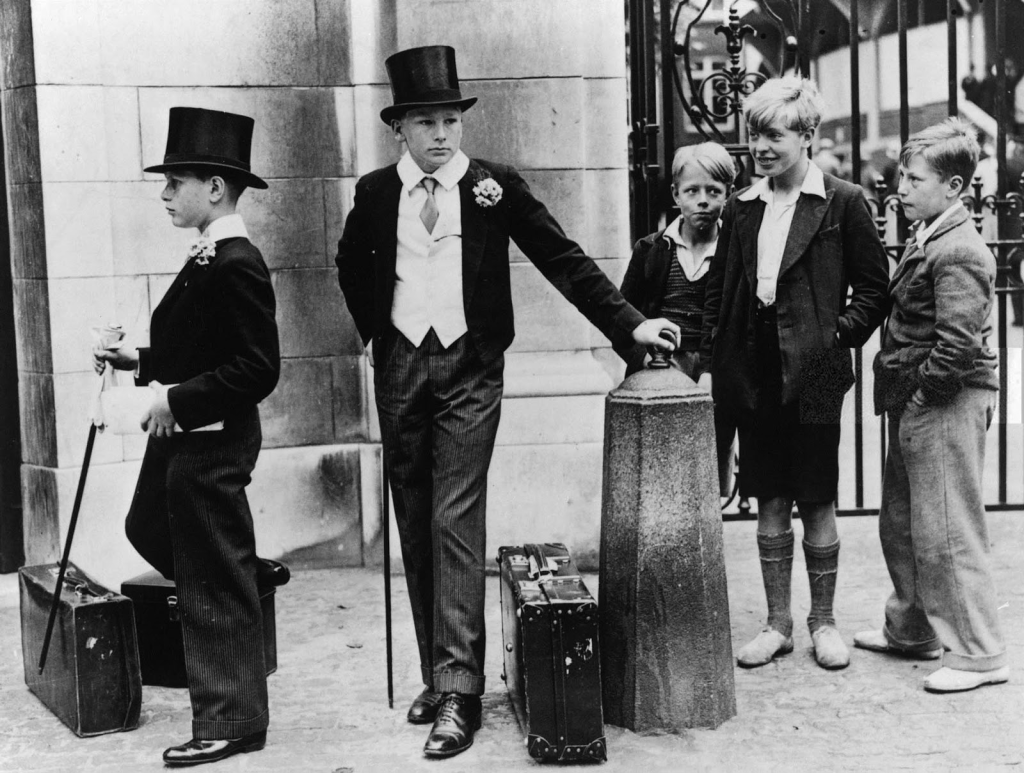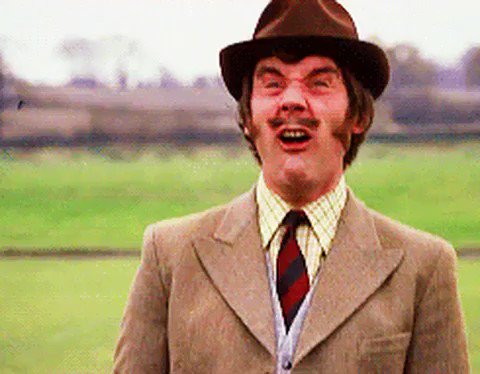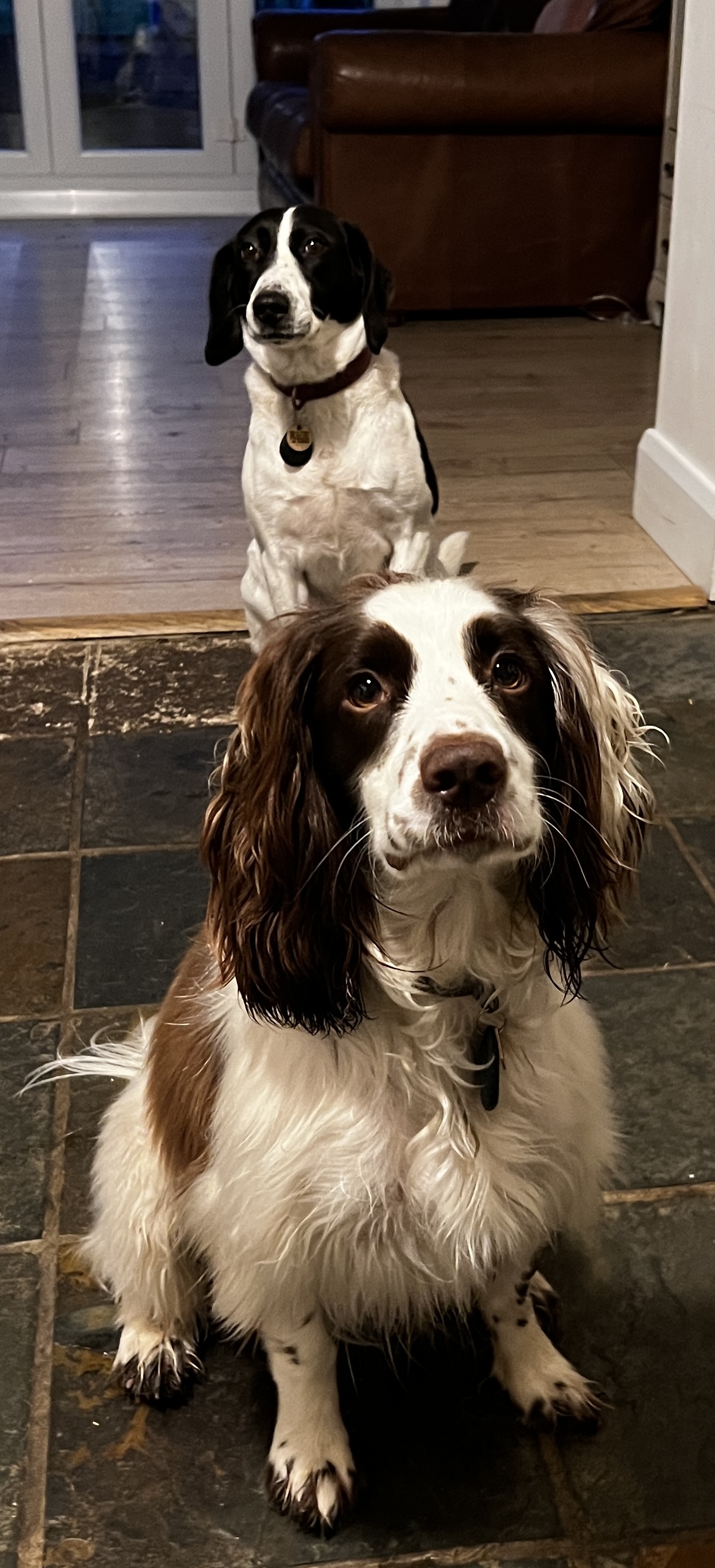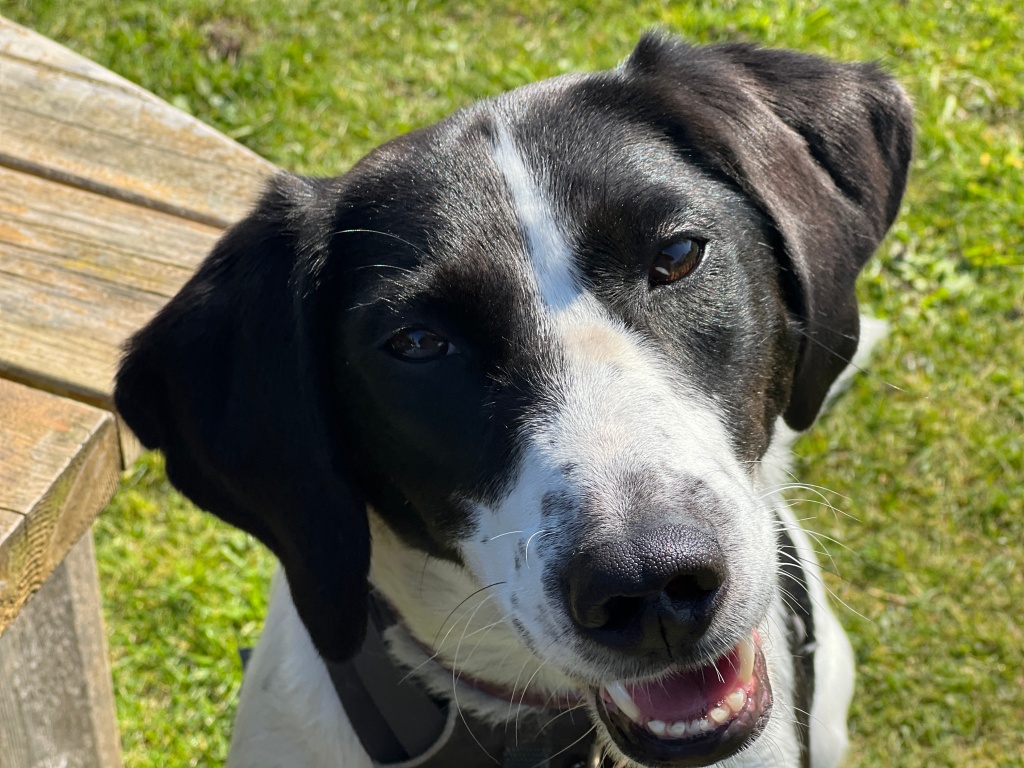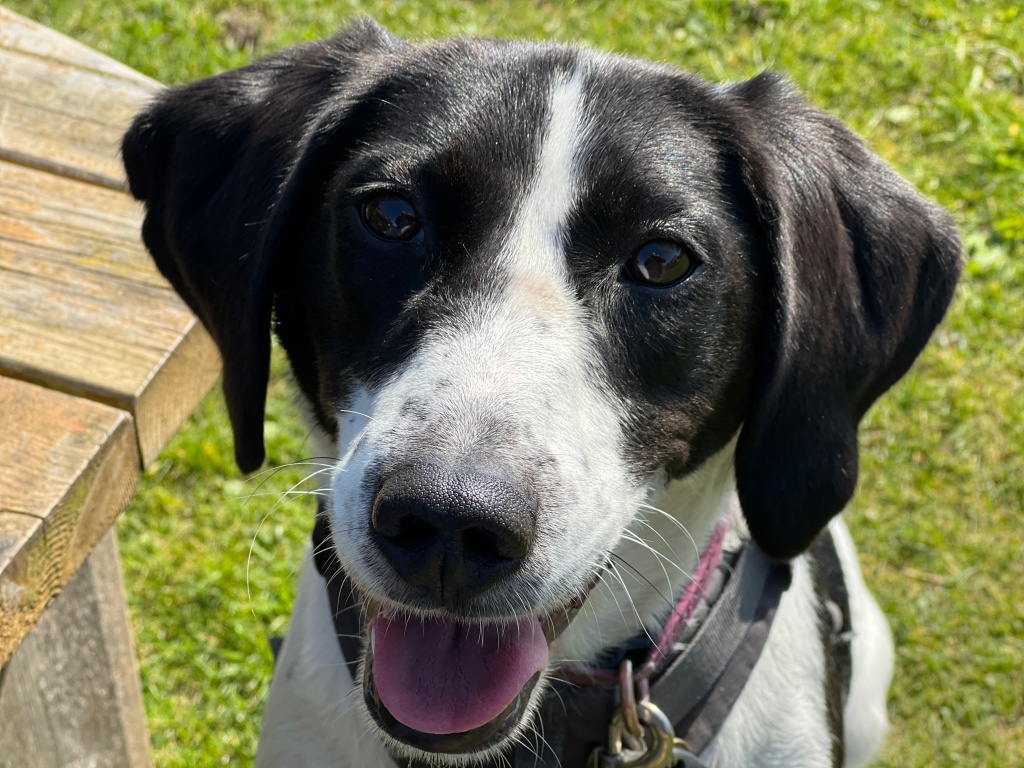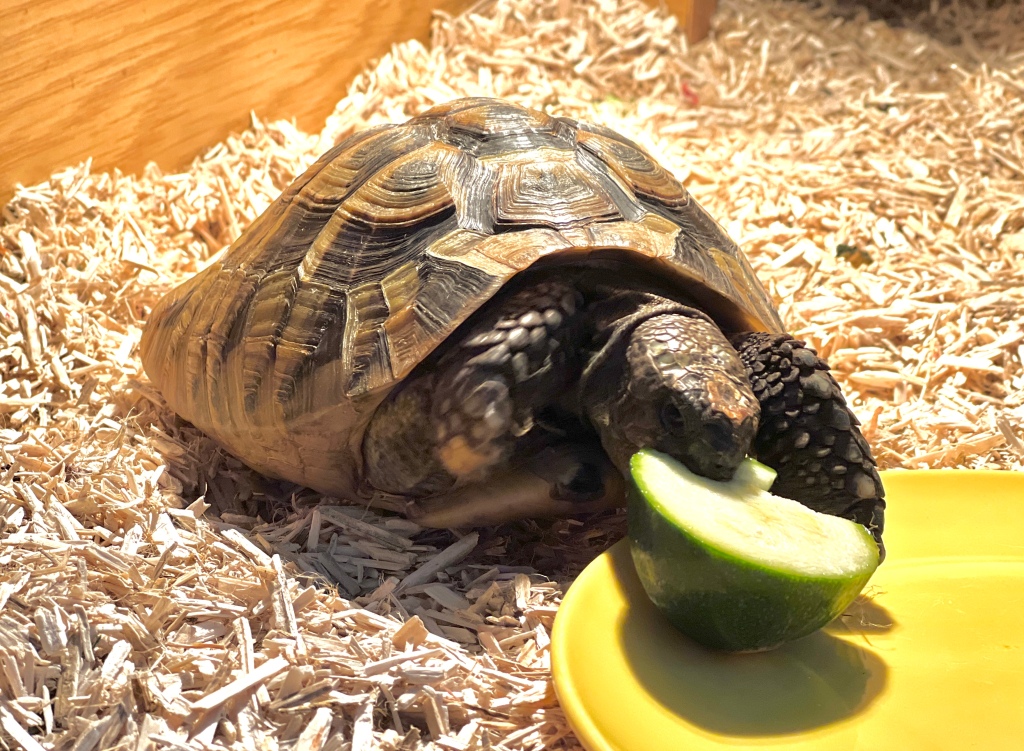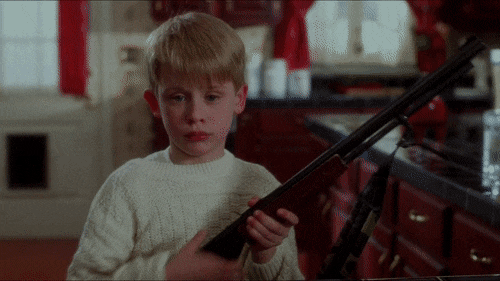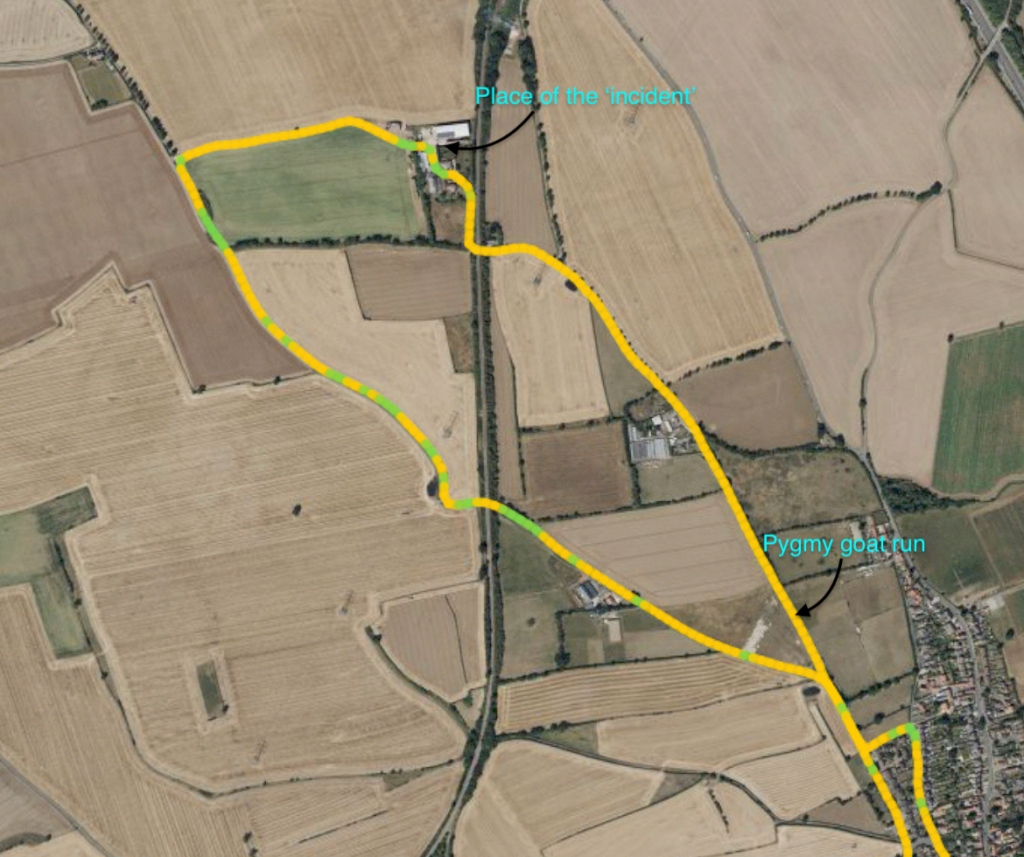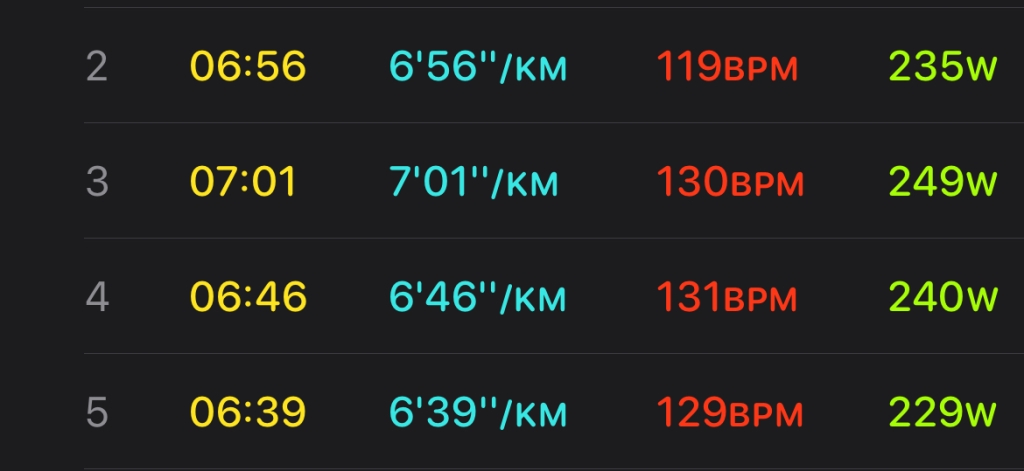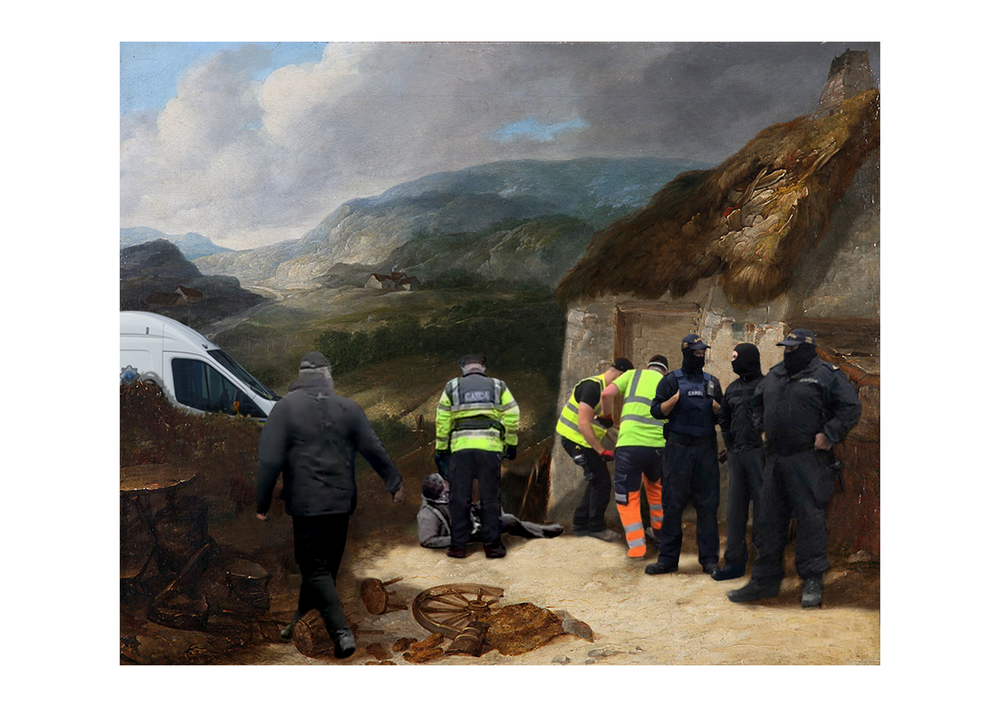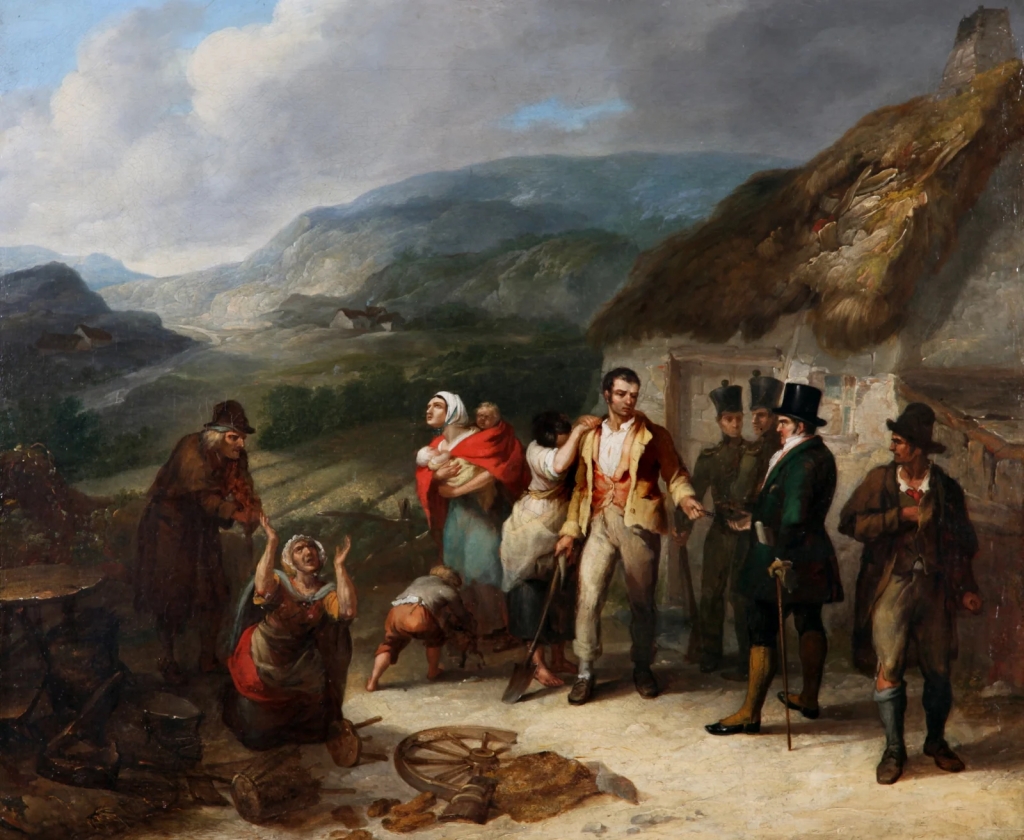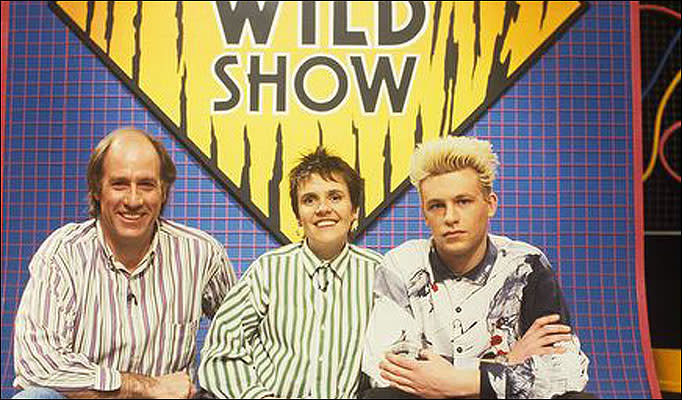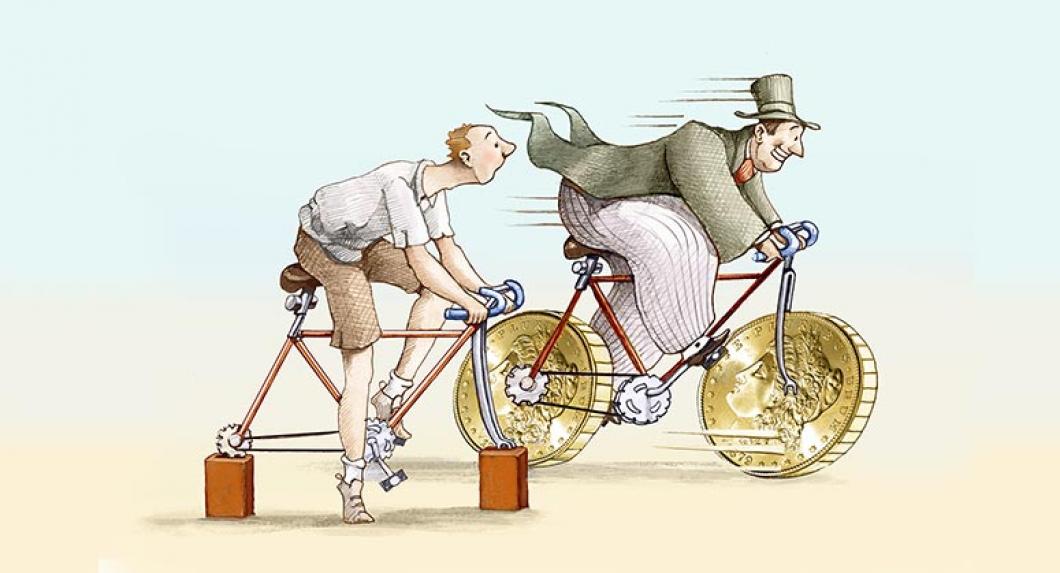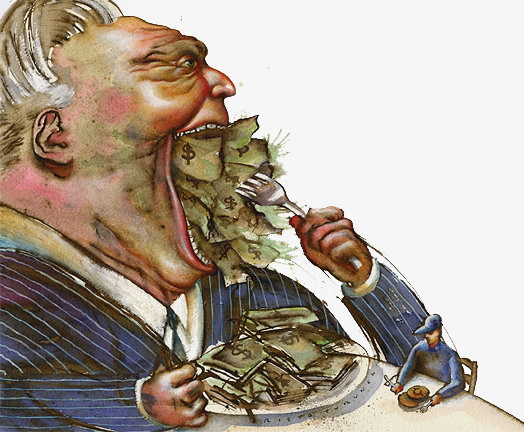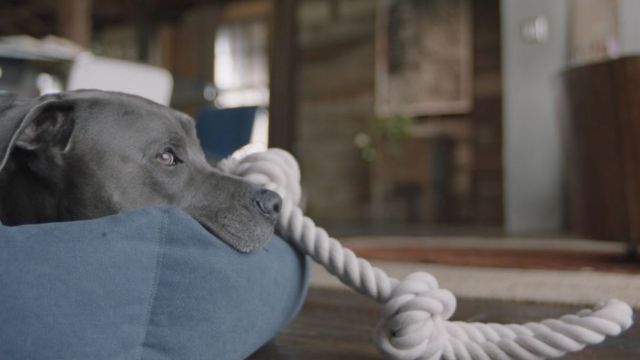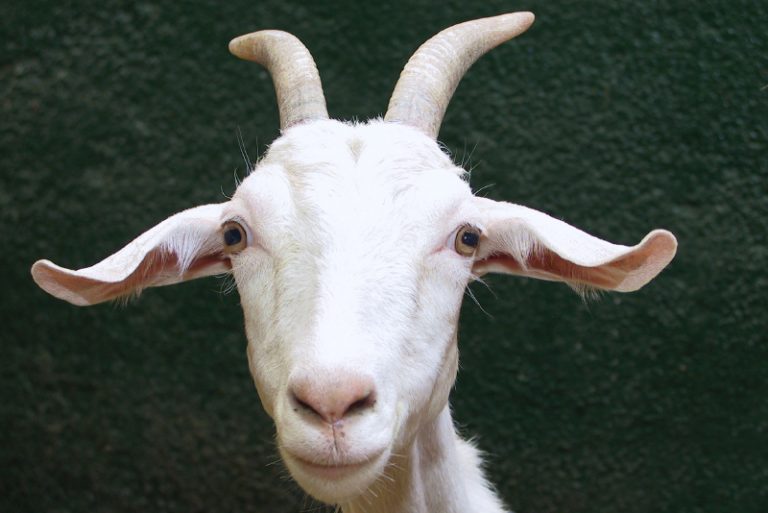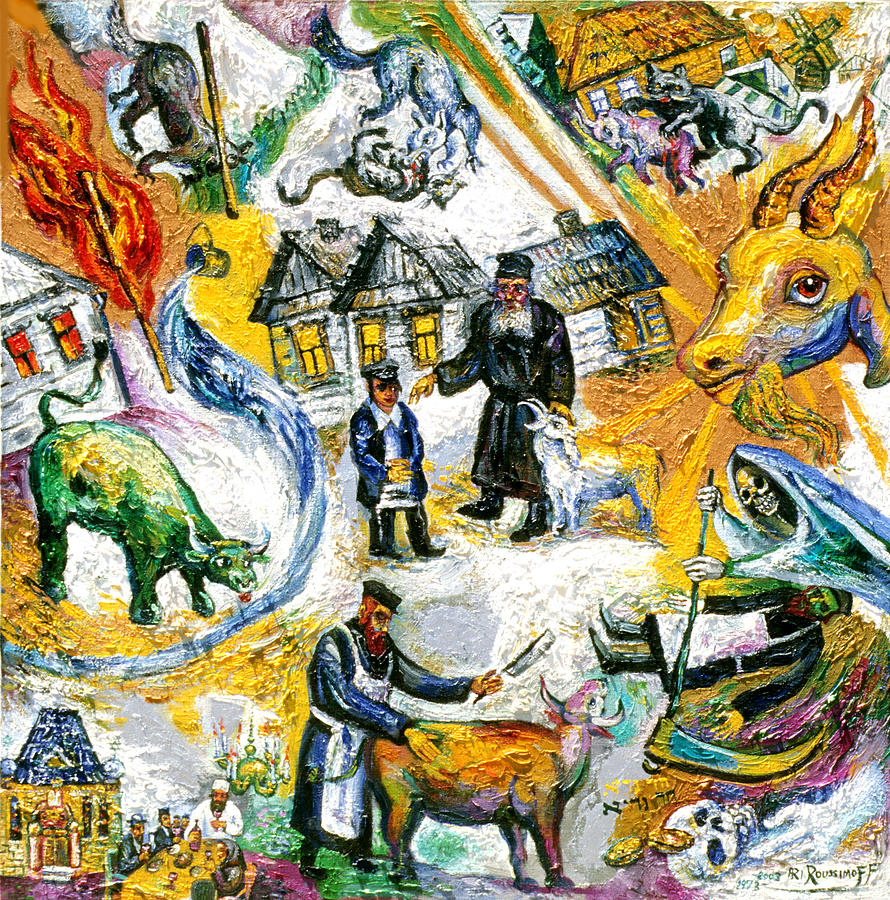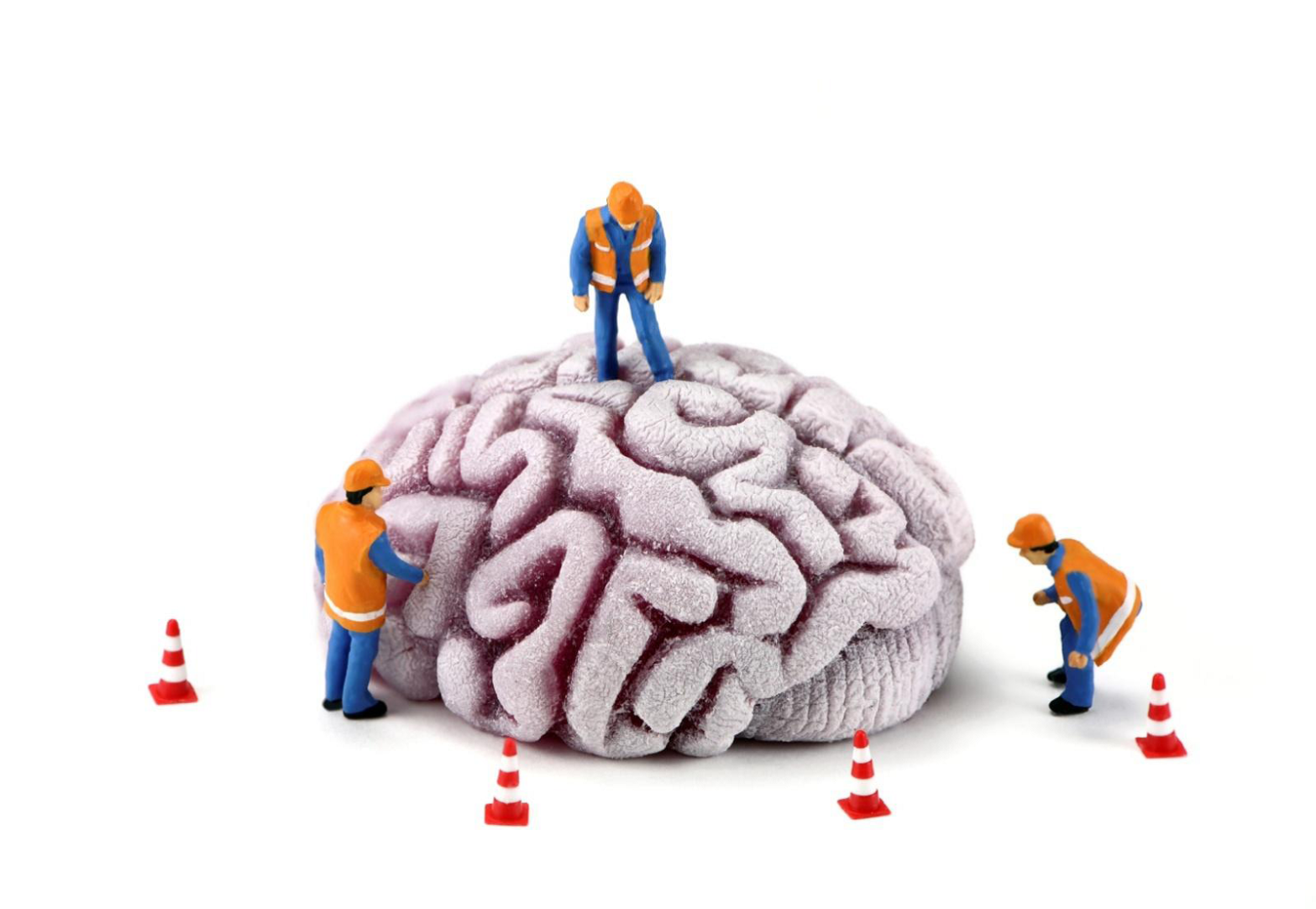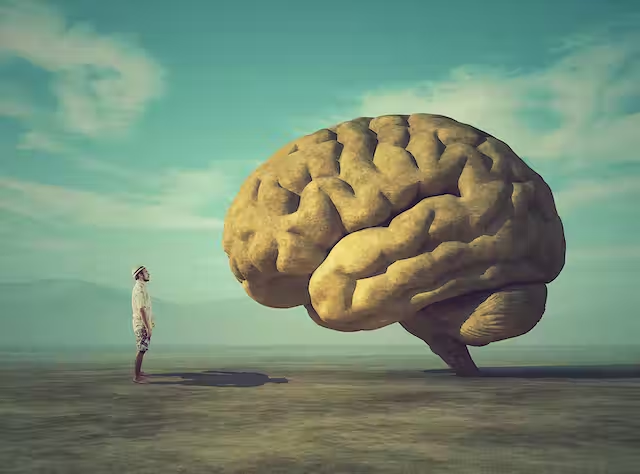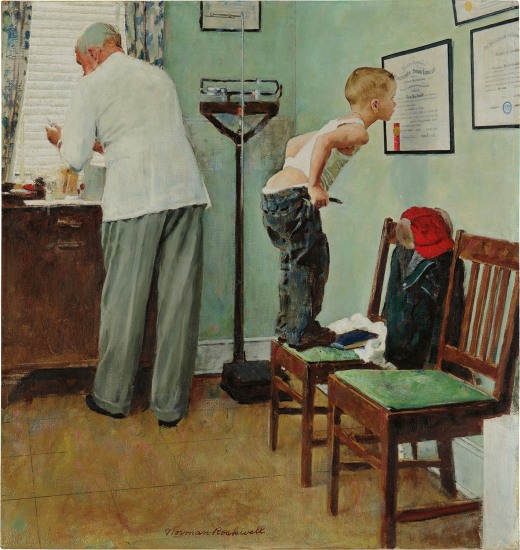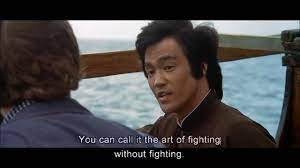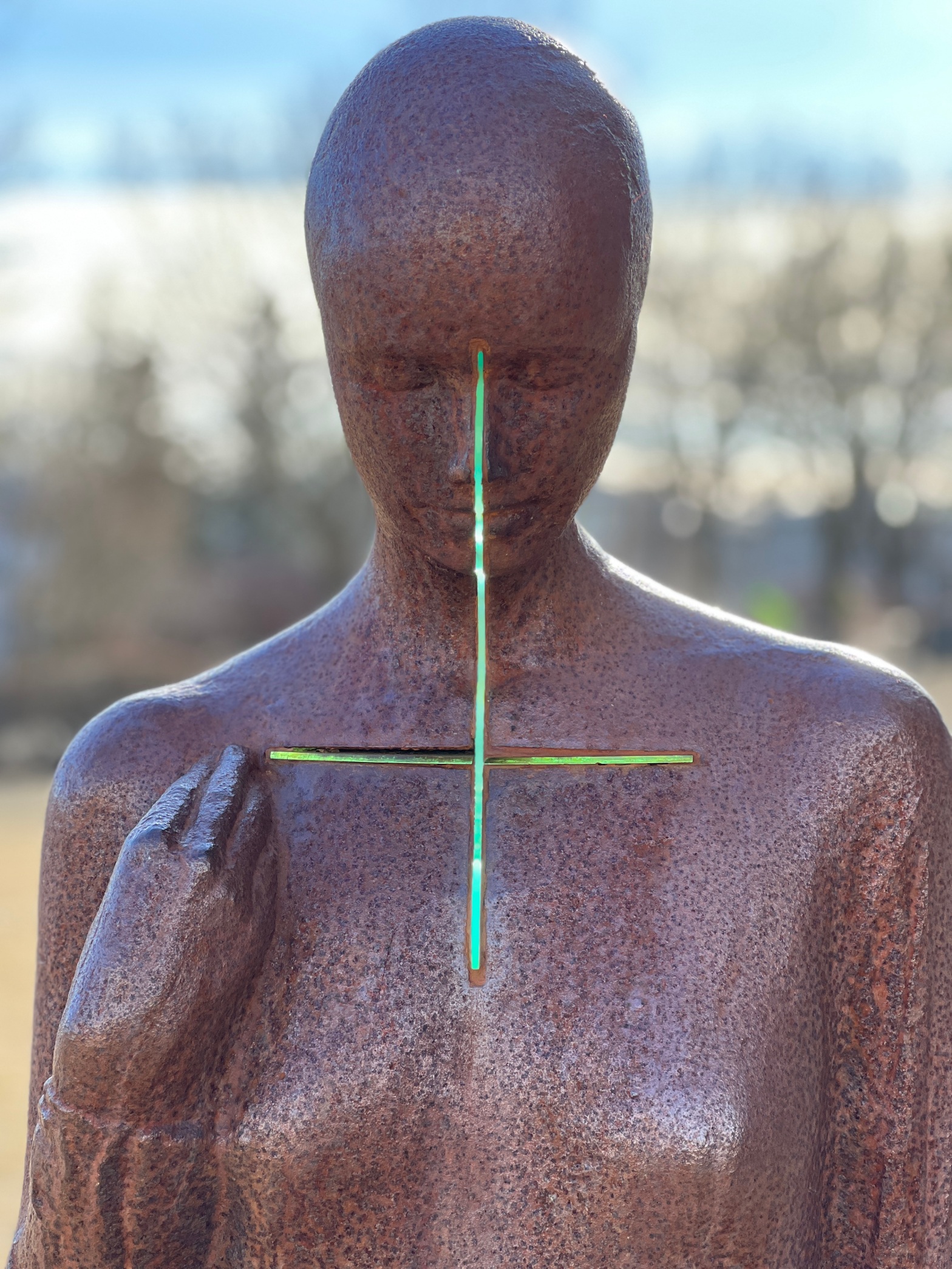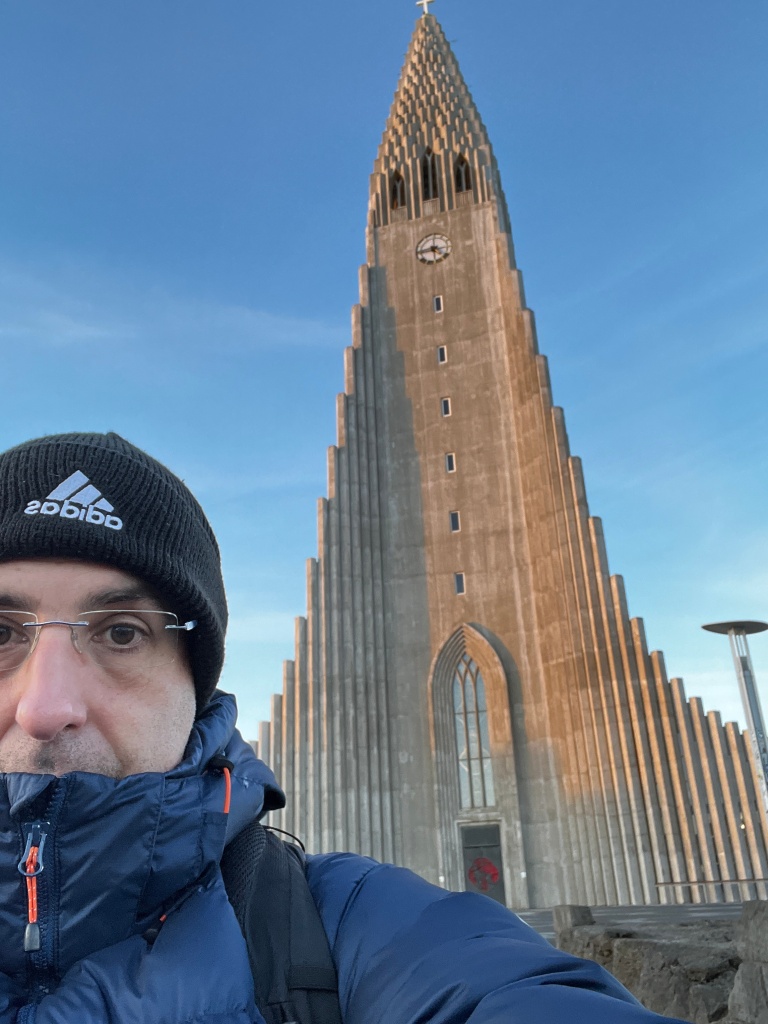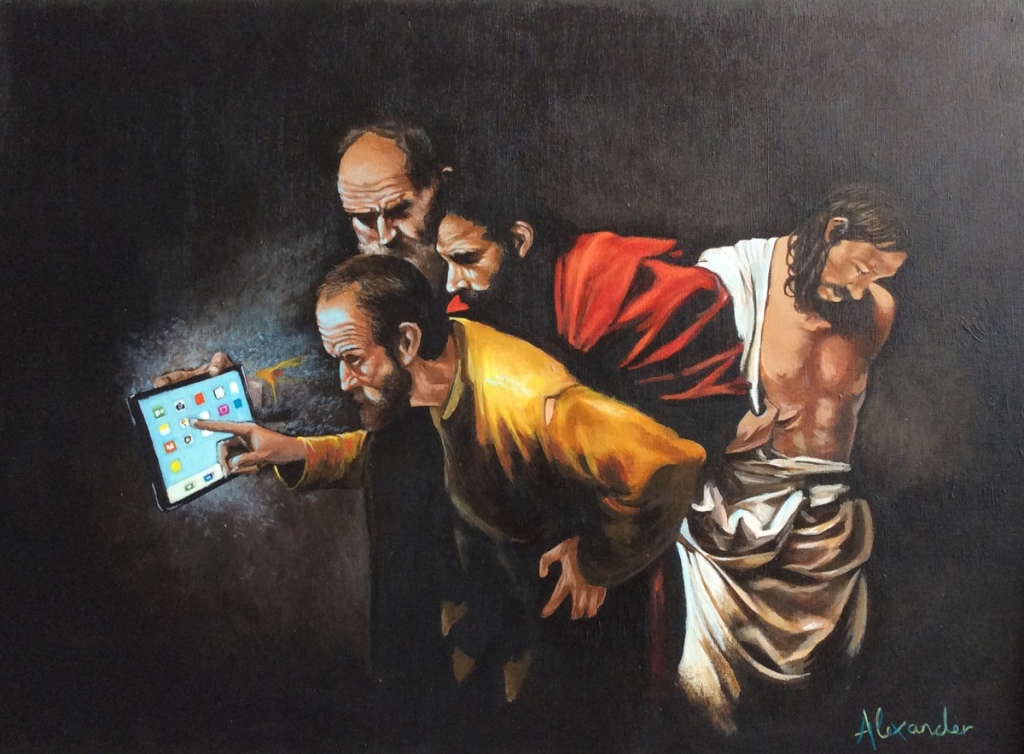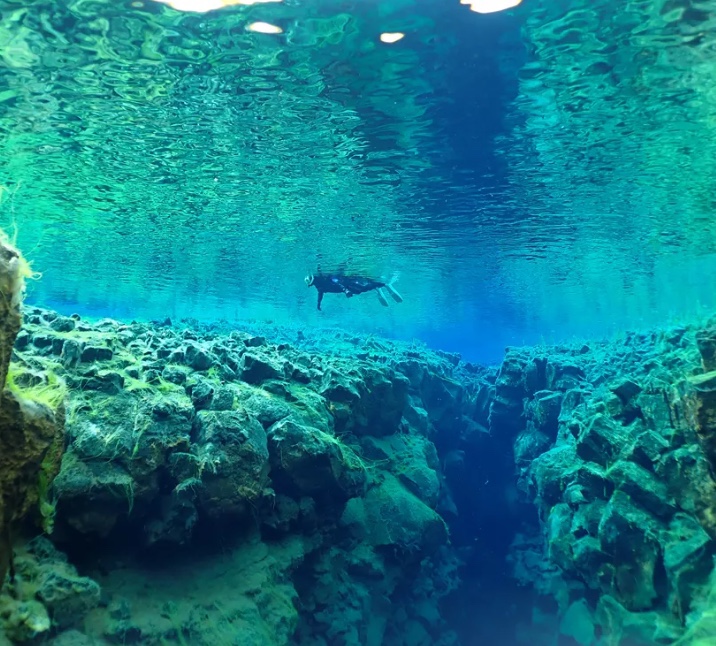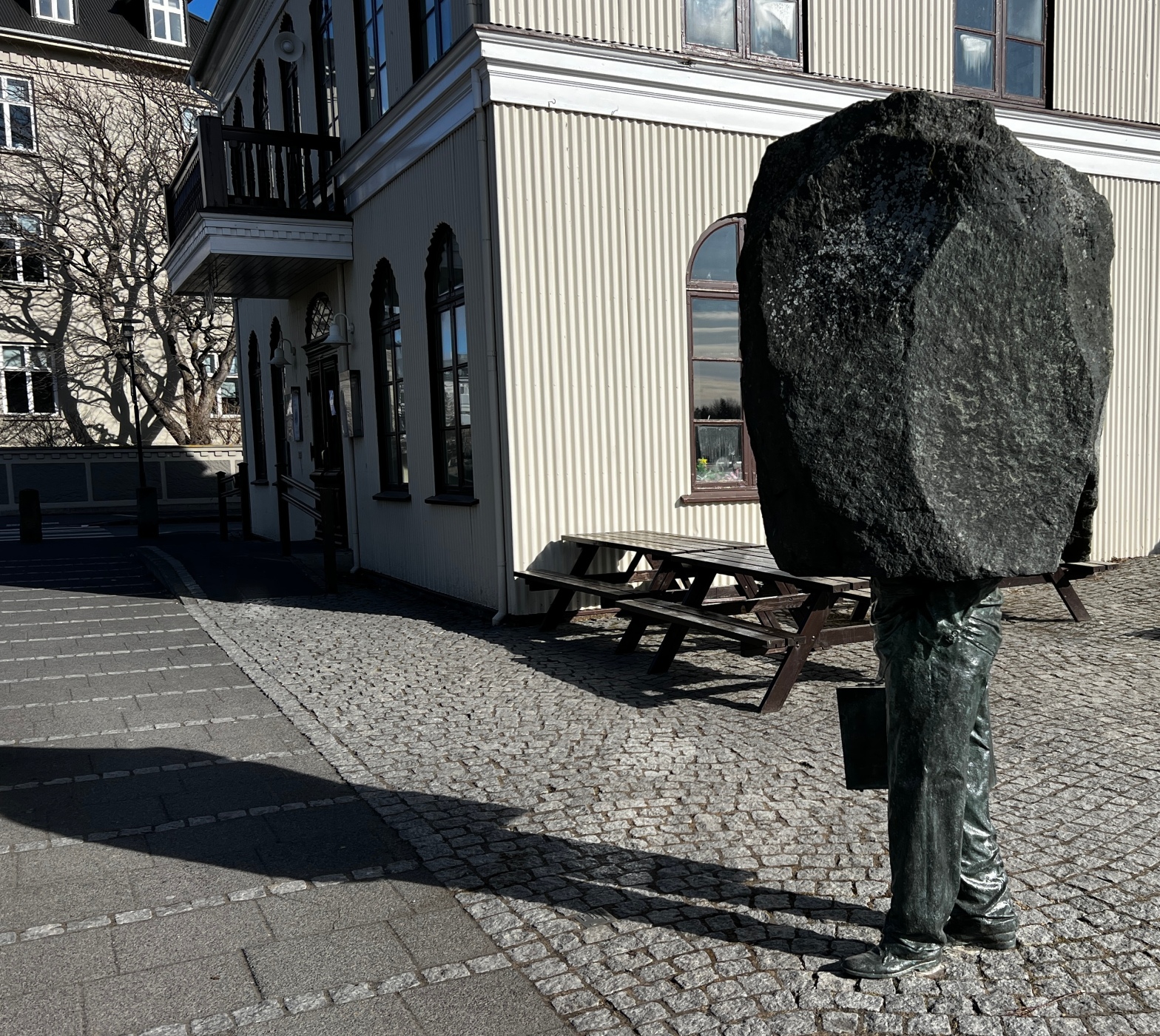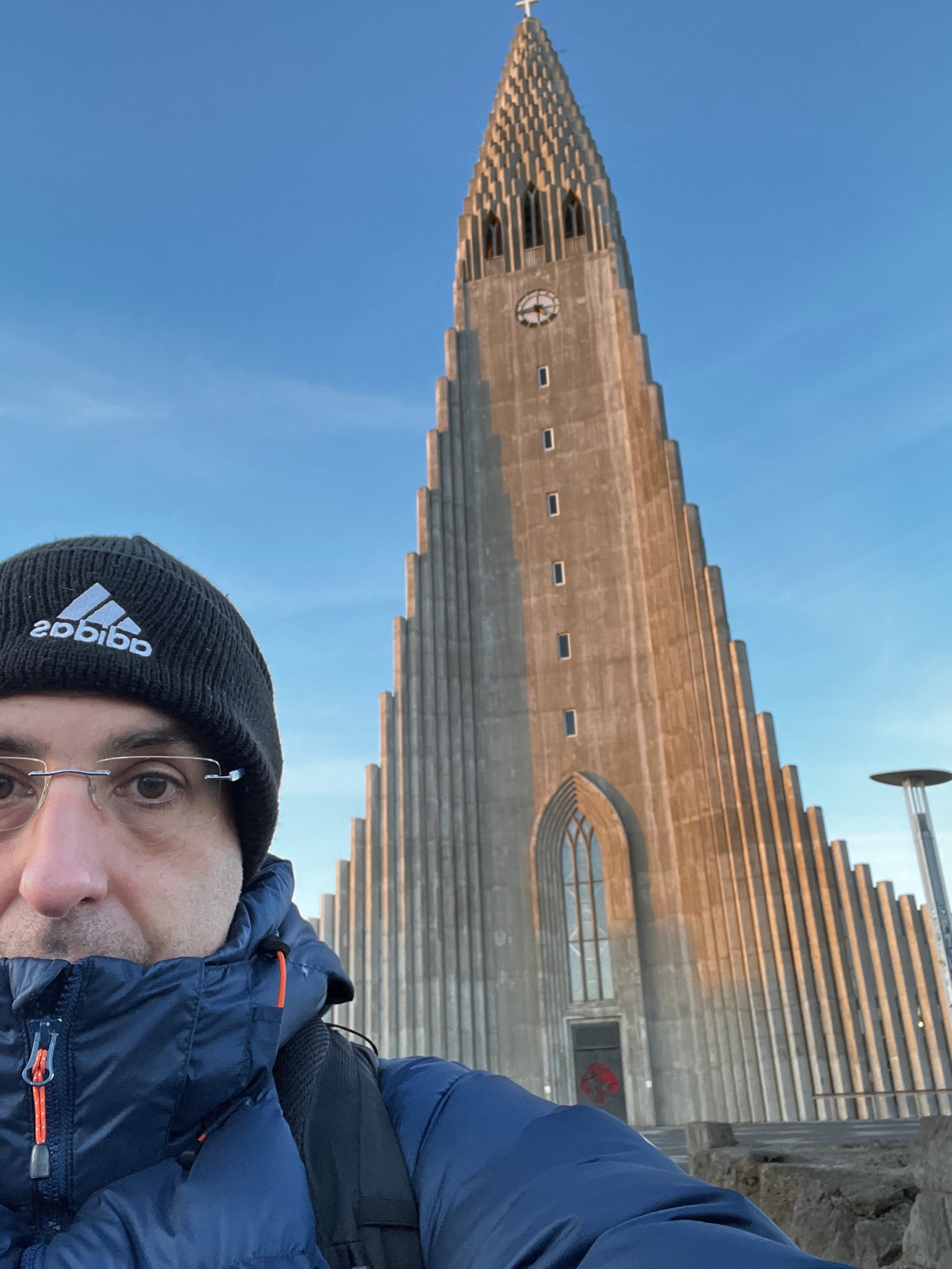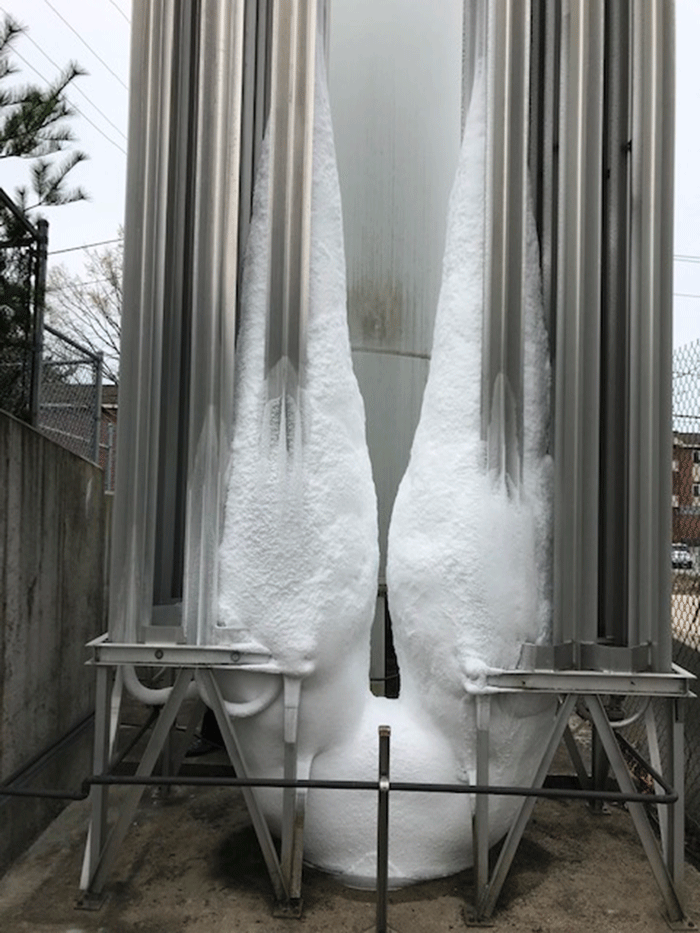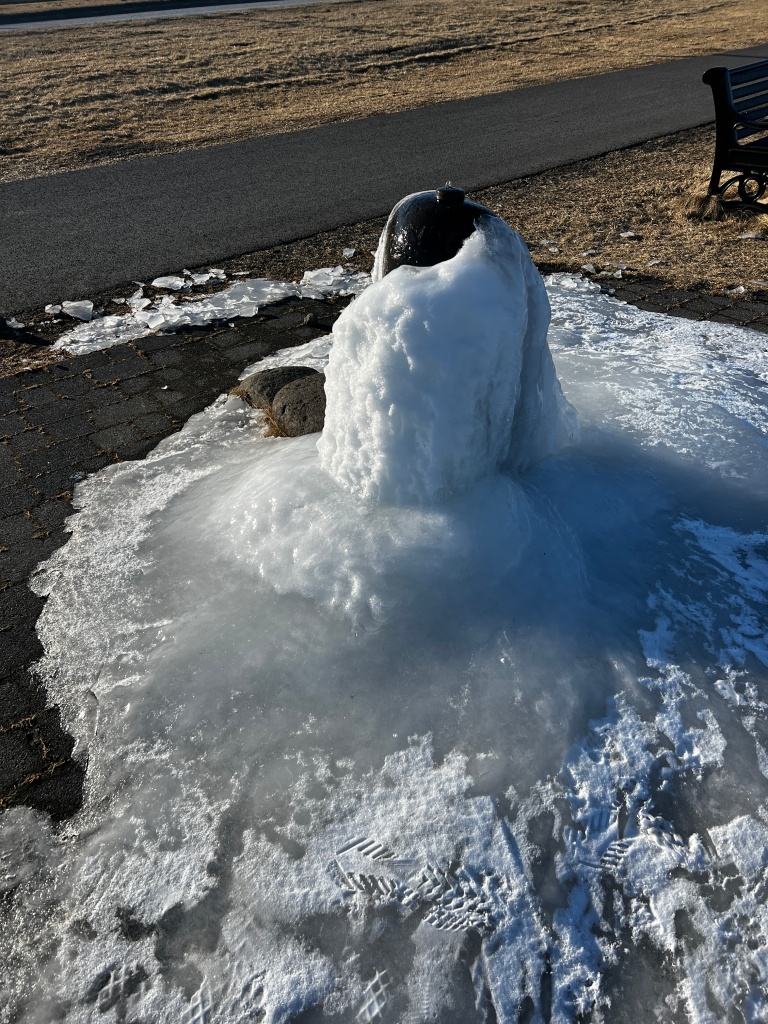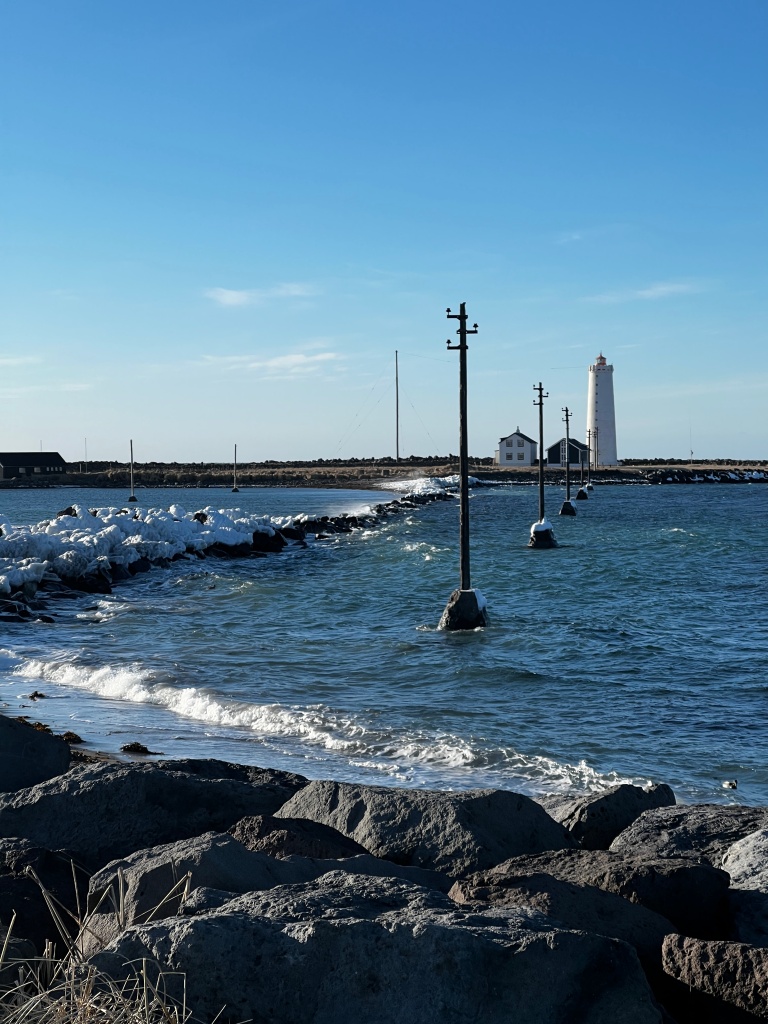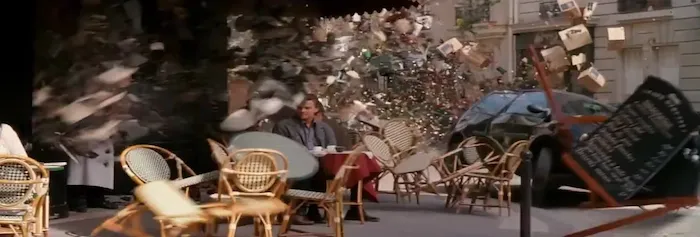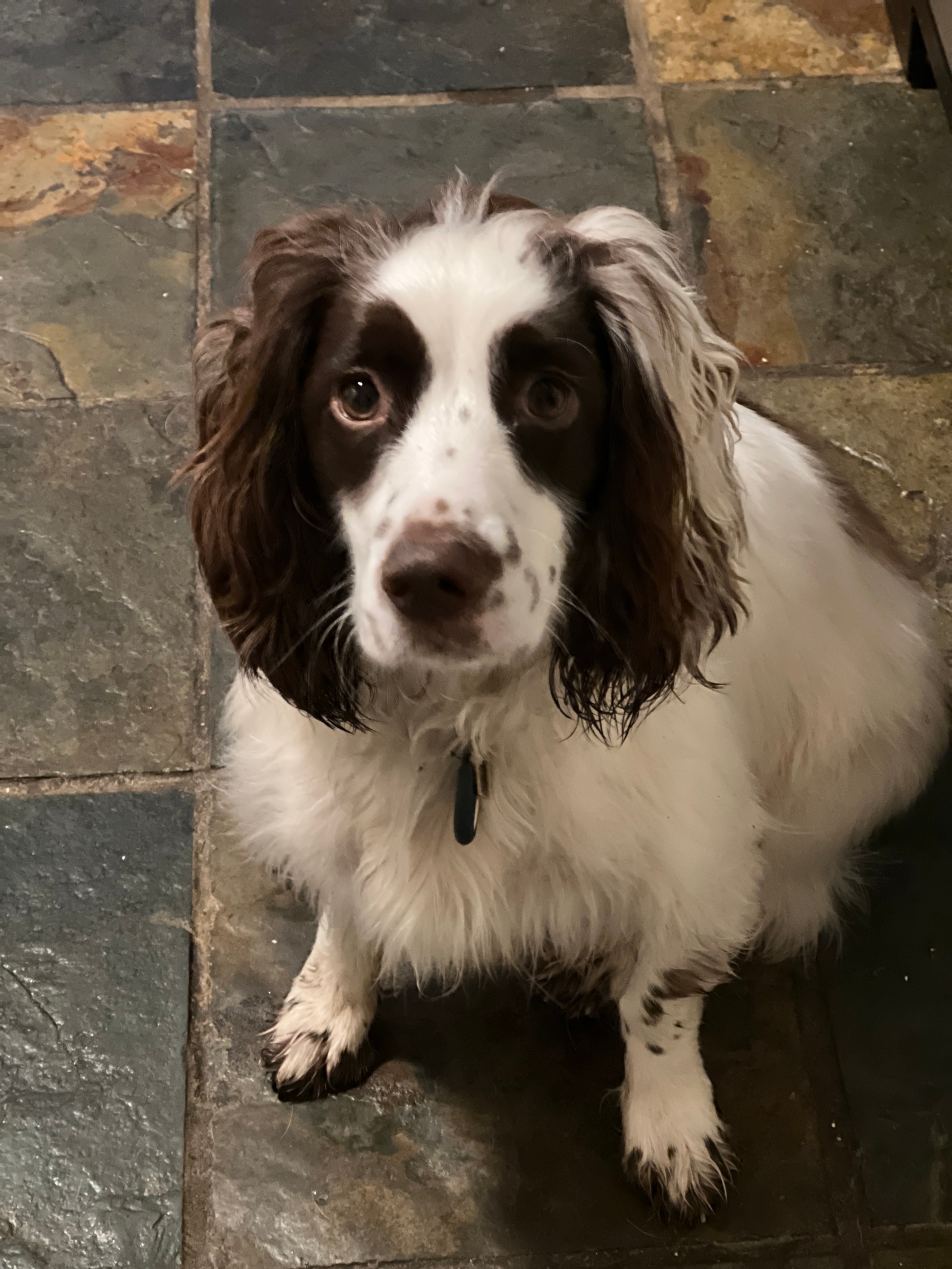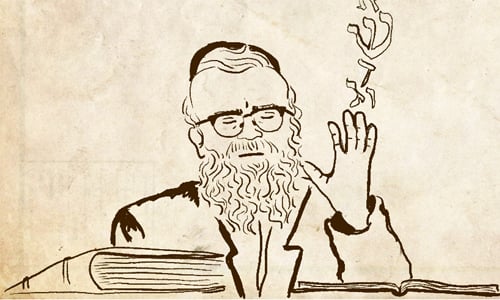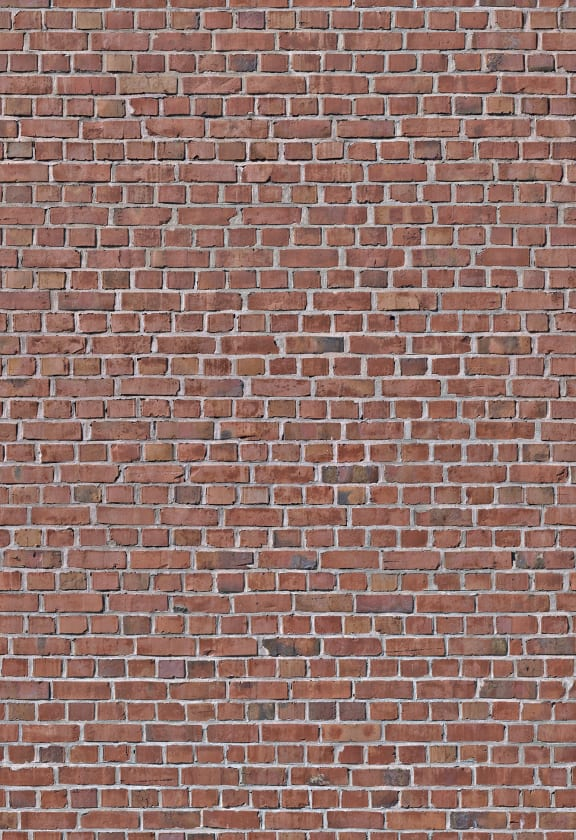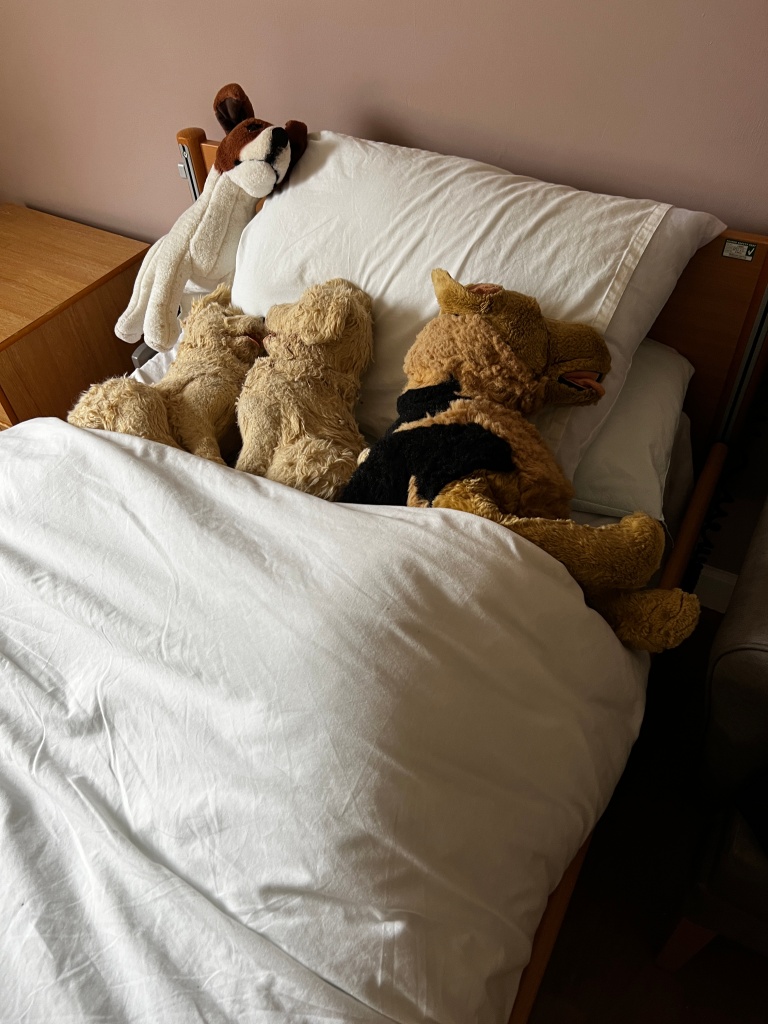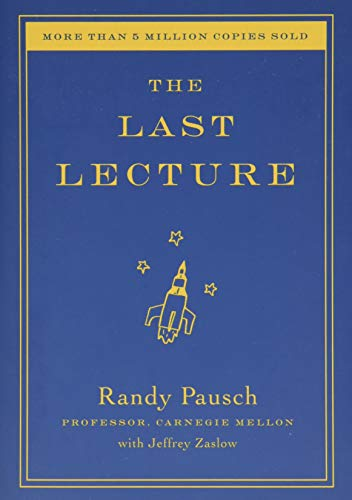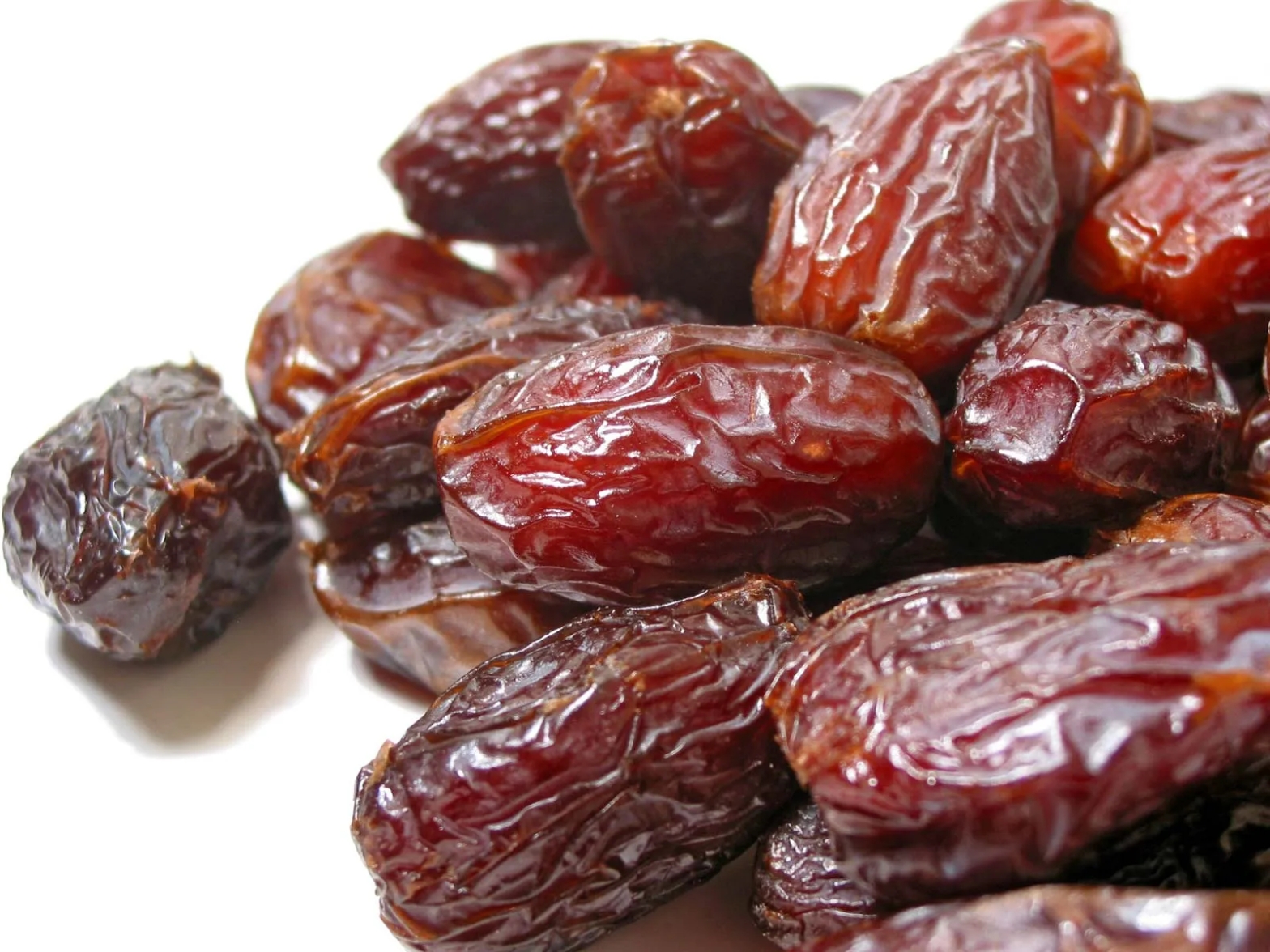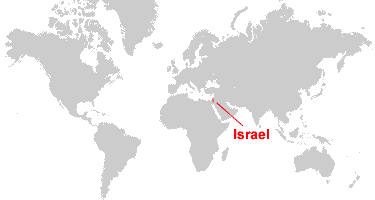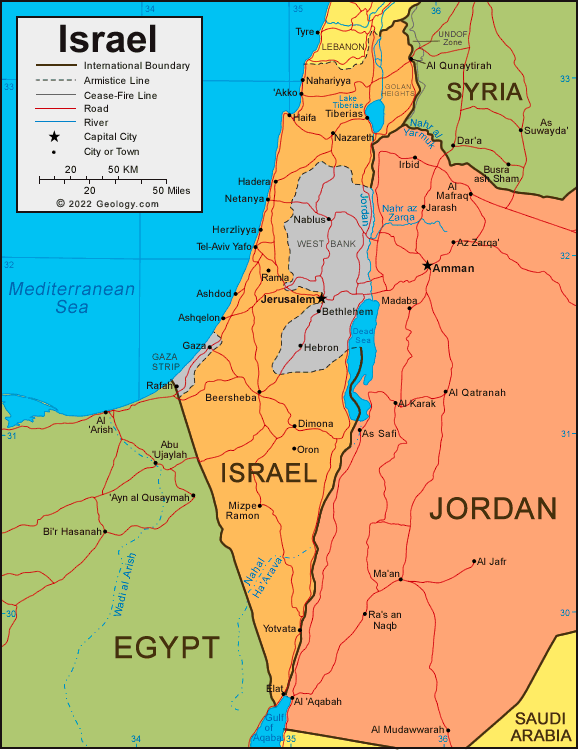For Yael &
Fond memories.
This is not a historical argument,
It is not the absolutes,
It is my take.
A month ago, I visited Waitrose in Sheffield.
Outside, a group of middle-aged, middle-class, mostly white men and women were protesting.
Asking me not to purchase Israeli dates.
Yes, dates, tamar (תמר) in Hebrew.
It seems that Waitrose, and later, I discovered, M&S, sell dates from Israel.
Other dates are available; I have a box of Jordanian ones in my cupboard.
When I told my daughter she was angry,
She saw-through the patina of self-righteousness these fair-weather warriors displayed,
‘Of all the shops to protest, they chose Waitrose!’
The reference was to Waitrose being the only shop in Sheffield to sell Kosher food.
And yes, BDS
Or,
Boycott, divest and sanction is,
Antisemitic.
It singles-out Israel as the worst of the worst, the one to dodge, avoid at all costs.
It is the one nation in the world to be called (in 2023) an Apartheid State.
An allusion to
South Africa.
And when I hear this, I take offence.
I can’t help myself.
To start, let’s ask, what was Apartheid?
My understanding, from reading Biko, Mandela and Paton
It was a system functioning in South Africa that separated whites from blacks,
Strict laws kept the races apart,
A racialist divide that influenced every aspect of life.
A system based upon inequality, inequity.
With skin colour and parentage as the basis.
One which caused untold suffering, indignity, and pain to millions.
I am not an expert in this field,
So don’t shoot me if I get something wrong, this is just my interpretation (one, that you could argue, I should let lie, but there you go, that’s me).
My sense of the end of Apartheid was the lines of voters snaking across our TV screen as I sat in an unheated house in Dundee with Callum and Afghan. It came with the Truth and Reconciliation committee, with Mandela’s election to president.
All that.
You can’t underestimate the significance of that moment that sent waves across the planet, directing us towards a new future, our present modernity.
And Israel and dates.
My brother, an Israeli (so am I – yes, this article is a biased), tells me it was a former member of Pink Floyd who started BDS.
Again, sorry, I haven’t researched, although I know Roger Waters was recently shouting at the UN about the evils of Israel.
Yesterday I listened to a Podcast about the Talmud, Rabbi Woolf, a Chassid living in New York related some stories, he discussed the tiny nature of Israel, it’s place on the map and questioned why, of all the nations of the world, Israel and her people are picked-upon, singled out as the ultimate baddies with date sanctions.
This is an argument taken by many, ‘Why us? Look at them,’ and yes, there is something in this.
The population of Israel is approximately 10 million (Arabs, Jews, Druze, Christians, Bahai and so on), as a percentage of the world that is miniscule.
The ratio of 1 to 1000 (approx!) suggests an inequity of spotlight.
No one has asked me not to purchase Russian dates (supposing they exist – suspect not), for example. I haven’t seen an anti-war protest in the last six months; the World Cup was held in Qatar this winter, billions of dollars flowed into the Qatari Royal Families coffers; Joe Lycett threatened to burn some money.
The argument is not that there is nothing bad happening in Israel, that the Palestinian situation is not awful, that the poverty and violence of the Gaza strip is not appalling, but, why, should Israel be singled-out.
Part of the answer can be found in the Passover Seder, the ceremony held in parallel with Easter; the five questions are traditionally asked by the youngest child in the family, with the signature being, ‘Why is this night different from all other nights?’ (The answer can be found in the Haggadah).
Why focus on Israel when there are so many other bad countries out there?
What is different?
What is unique?
A usual trope is, ‘You stole the Palestinian’s land,’ this, an oversimplification of geography and history doesn’t work.
Sure, there was a Palestine governed by the British, before that the Ottomans, before them the Crusaders and the Romans, before them the Greeks and the Persians.
People have been fighting over the thin strip of land at the end of the Mediterranean for thousands of years.
‘We had it first’ doesn’t wash as an argument as you then must ask, ‘Who are we?’
I can’t or won’t get into the details, although if you want a well-balanced argument, listen to Darryl Cooper’s Podcast – he tells the history in incredible (20 hours) detail.
Should we give Australia back to the Aboriginal people? America to the Native Americans? South America? Brazil, Peru, Mexico to the Incas or Aztecs?
We could run some mitochondrial genomics and determine who should go where and who should be in charge.
I don’t want to be facetious; it is a serious question.
Who owns the land, who are the people?
No, we can never say.
Another argument for or against Israel is that it is occupied by immigrants, the Palestinians are the ones who should be in charge.
Again, a story told to all Jewish children relates to the exiles, the expulsions of the Jews from Israel to Assyria then Babylon then the listless moving of our people from Africa to Europe to America, the removals from England, Spain, Portugal, the Pogroms, the Holocaust.
The plant, the Wandering Jew is named after us, or we it; this works both ways.
No, I can’t tell you the history of the Palestinian People as well as I can tell you my own and yet, I don’t hear anyone saying, ‘Don’t buy Palestinian dates,’ either.
The history, as I say is long and convoluted.
Israel became a state in 1948.
With the declaration of Independence there followed the Israeli War of Independence (the Nakba, النكبة according to Palestinians = catastrophe). Followed soon after by a series of wars that cost the lives of many.
1948 was a few short years after the liberation of Bergen Belsen.
The Jewish psyche has been scarred by intergenerational trauma.
We don’t see things as clearly as we might.
In 1948, the Israeli state’s declaration of Independence set-out a mandate to treat people equally, regardless of their religion. Yes, it is the Jewish state (just as Britain is a Christian state), but there was space and protection for Christians, Muslims, and others.
Israel is a democracy.
Elections are held and people vote, the requirement being they are a citizen of Israel.
Race or religion does not influence who can vote.
If you are unwell in Israel and need medical attention, whether you are Jewish, Muslim, or Christian, a doctor will help you, and they too might be Christian, Muslim, or Jewish; if you are in a hospital ward you will lie in bed beside someone of a different faith.
Jewish, Christian, Druze and Muslim communities in some parts of the country live separately, from choice, as happens across the world, some cities have mixed populations with people getting-on regardless of their ethnicity, skin colour or God. They shop in the same shops, go to the same schools, beaches, swimming baths, hairdressers.
This is not Apartheid.
Yes, there is a problem.
The Palestinian people live in poverty, they are disenfranchised, they do not have freedom of movement. The West Bank is run by the Palestinian Authority and the Gaza Strip by Hamas; two islands of populace that represent a nexus of the BDS’rs ire.
Most don’t have an answer.
There was the two-state solution, there is the current right-wing ‘pretend they aren’t there’ – neither are realistic.
Hamas doesn’t want Israel to exist. They call for its destruction, with the most common image being that of pushing Jews into the sea. (For Israel, a long-thin strip of land this is apposite.)
A state of war exists between Gaza and Israel. I don’t know the solution which is a stalemate and like most situations across the planet is not about the poor people on the street who struggle to make ends-meet, more about the rich and the powerful and their plays for control.
This isn’t Apartheid, it is two people forced into a stalemate by inadequate leadership.
The abuse of the children, the soldiers, at the borders, the guards, the indignity, the border crossings, and so on, are often given as arguments in favour of the Apartheid argument.
Let’s face it, people can be shites.
Armies often consist of young people, in certain areas, conscripts who are made to don uniforms and gift a proportion of their time to serving their country.
There are abuses of power.
Yes, I said it.
Israeli soldiers can and do behave atrociously towards Palestinians, often caught on camera by Human Rights Watch and others.
I am not defending this.
Yesterdaty, my daughter, quoting, I think The Guardian, informed me that one in a hundred police officers in the UK were facing criminal charges last year.
This doesn’t mean all police are bad.
Last weekend when I was protesting in support of the Rotherham Asylum seekers, some of the people abused the police when they asserted their rights to control movement (stopping a fight) – ‘pig’ ‘fascist’ were shouted. And, no, the police in the UK are not fascists (although there are probably some fascists who are police, there are likely more police who believe in democracy, equality, and human rights).
One or a hundred bad eggs is not Apartheid.
If you are an Arab living in Israel, a so-called ‘Israeli Arab’ you can become elected to the Knesset – the Israeli Parliament.
This does not happen in an Apartheid state.
Yes, Israel has many things wrong.
It has elements of American society that have spoiled the original aspirations for a ‘light unto the nations’ – 21st Century consumerism, Netflix, social media, and big business don’t fit with socialism.
Is the US better? The UK? France? Nigeria? Argentina?
I am not aware of a utopia on our planet.
I don’t know a place, even amongst the Scandinavians where everything is wonderful, there are no bad people, no criminals, manipulators, or cheats.
We are human, our planet is controlled by humans with all their flaws.
This blog has likely not changed anyone’s opinion.
It wasn’t my intention. I tend to be an expresser of ideas rather than a changer of minds.
The next time someone tells you not to buy an Israeli date, please think, please consider that the date is innocent.
Please consider the individual is either misled, confused or ignorant.
They are protesting Israel because they can, because they see a simplistic explanation of right and wrong. Israel bad, Palestine good.
Anyone who considers the world in this black and white fashion is missing the point.
